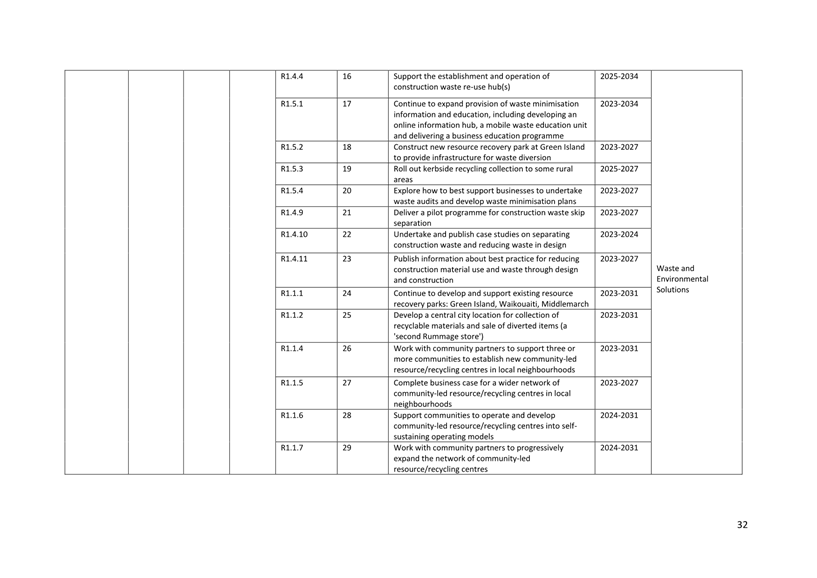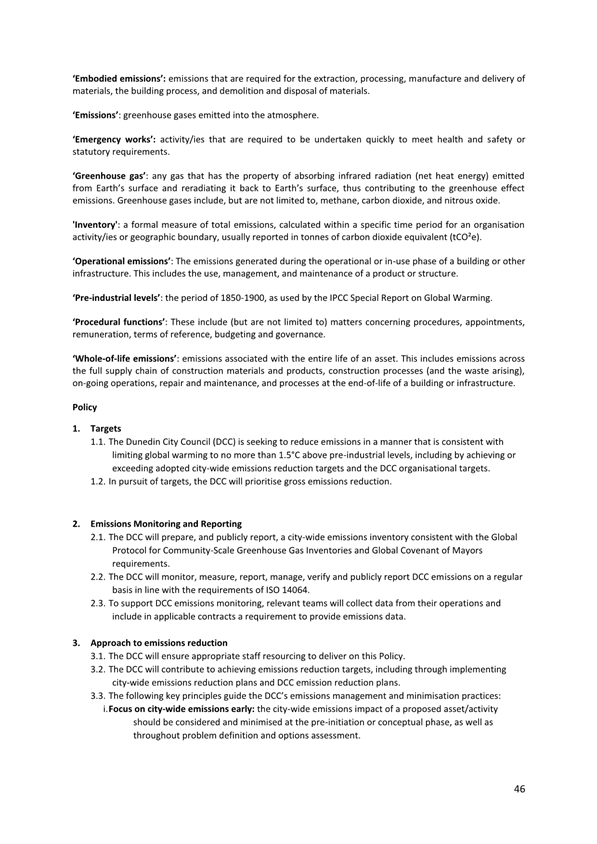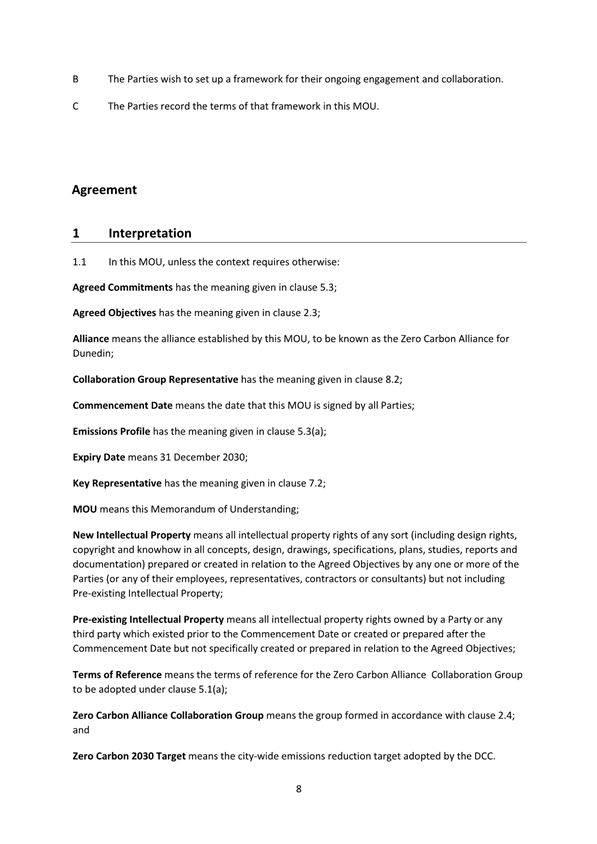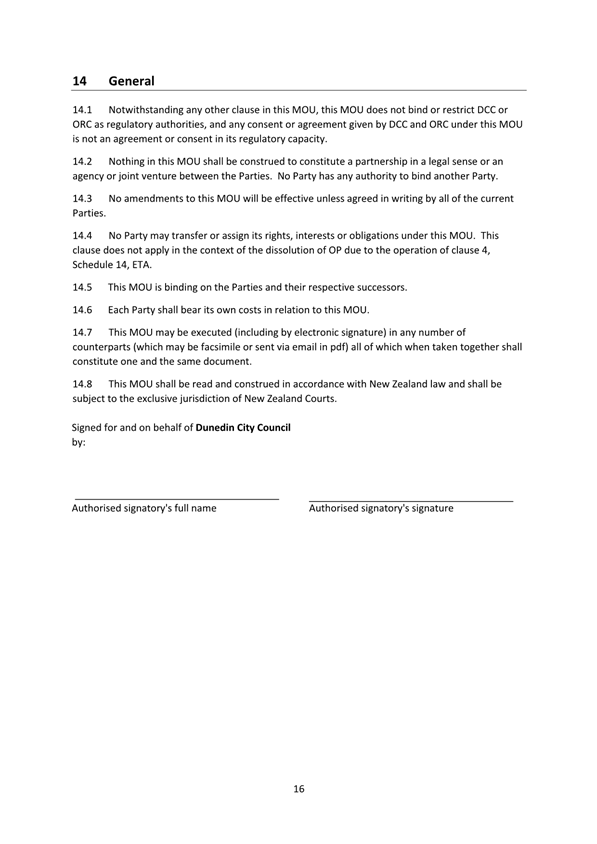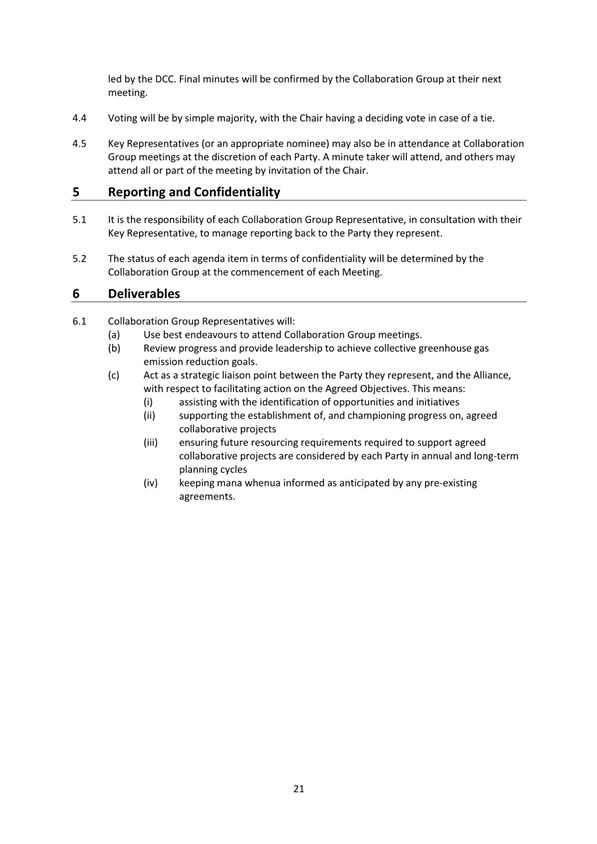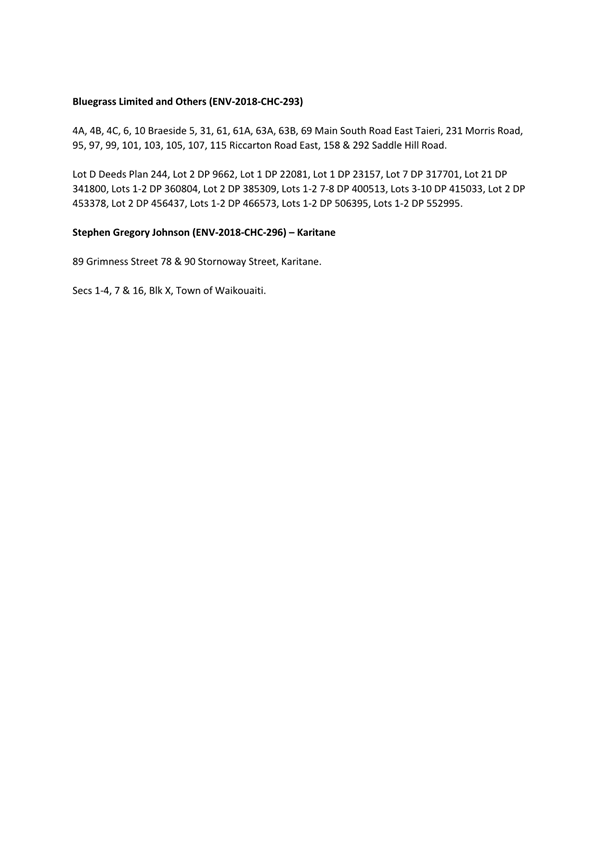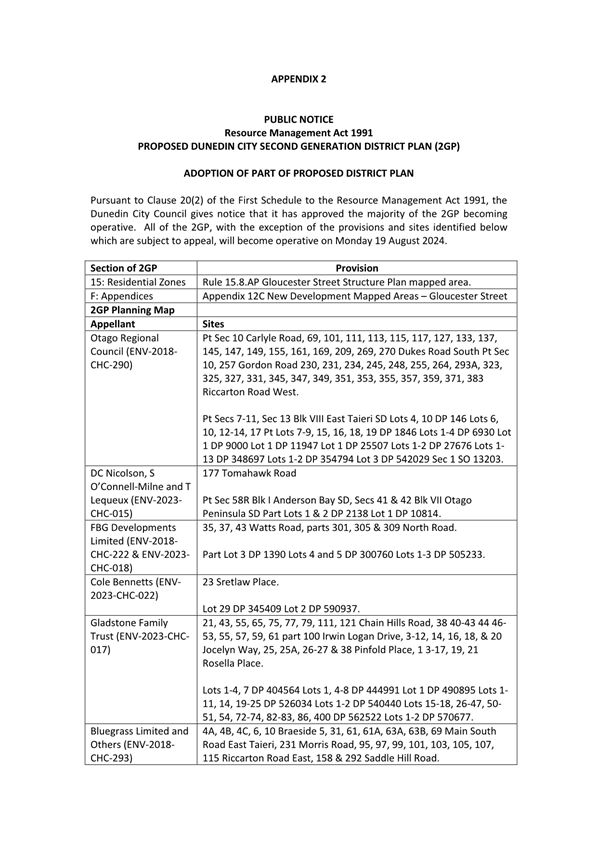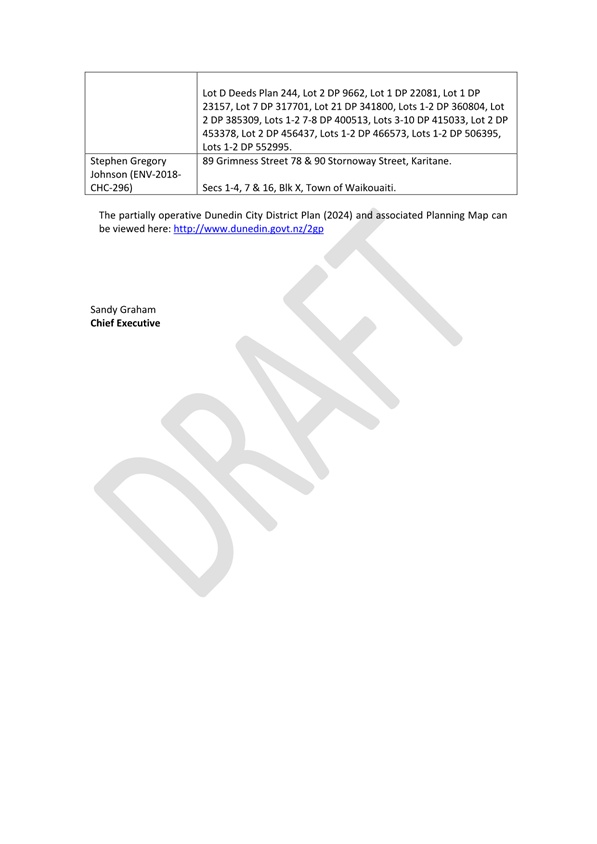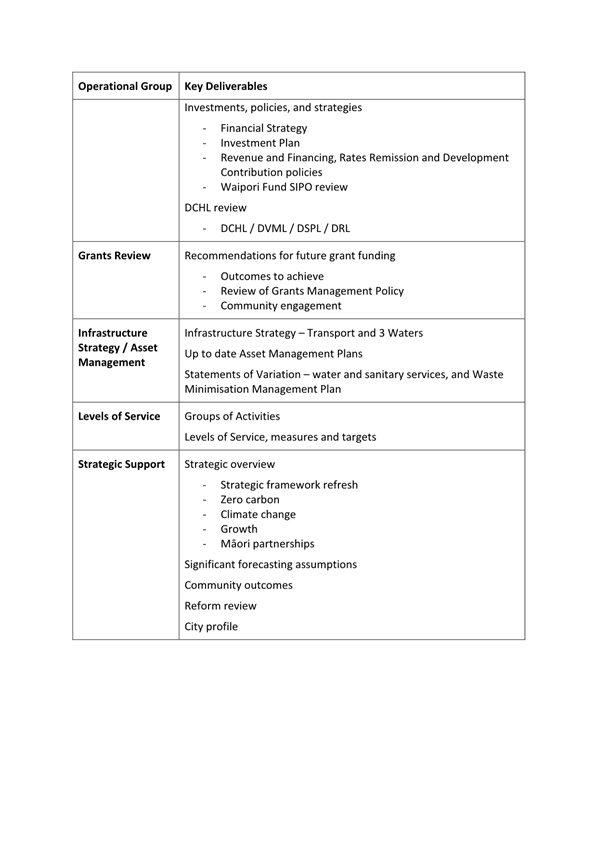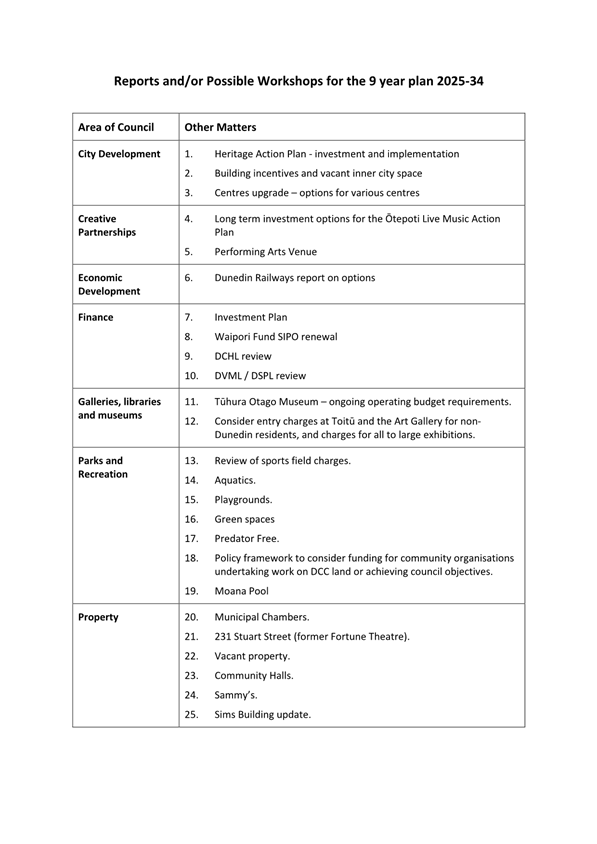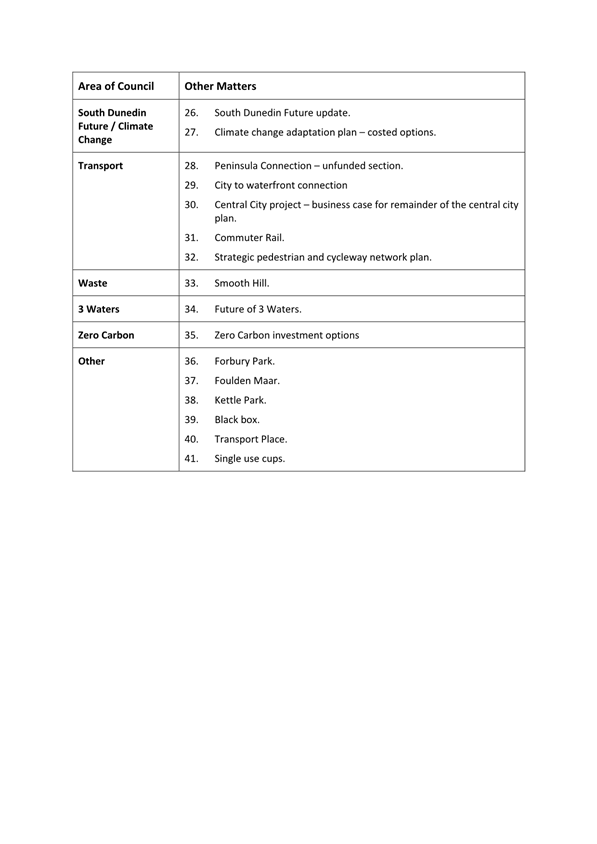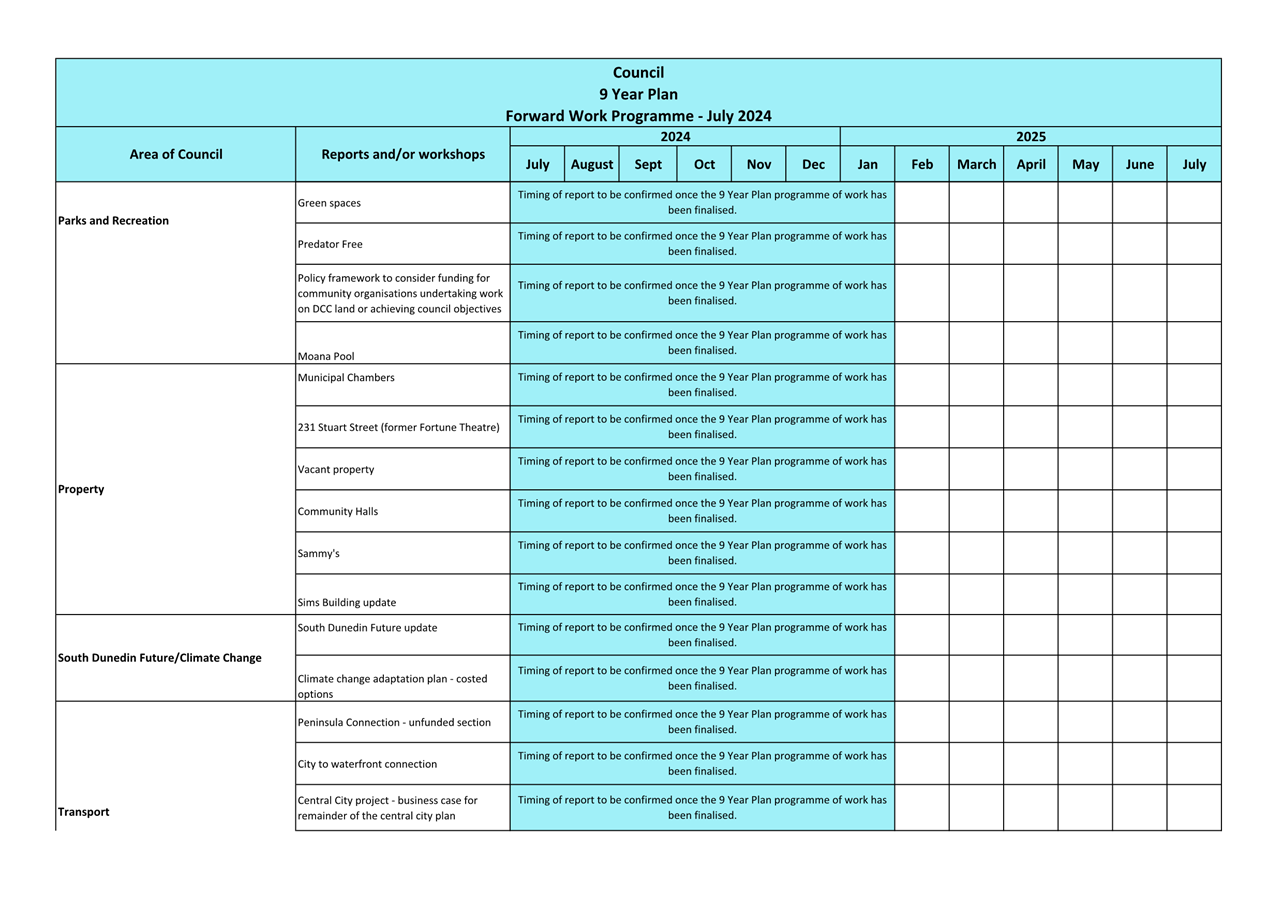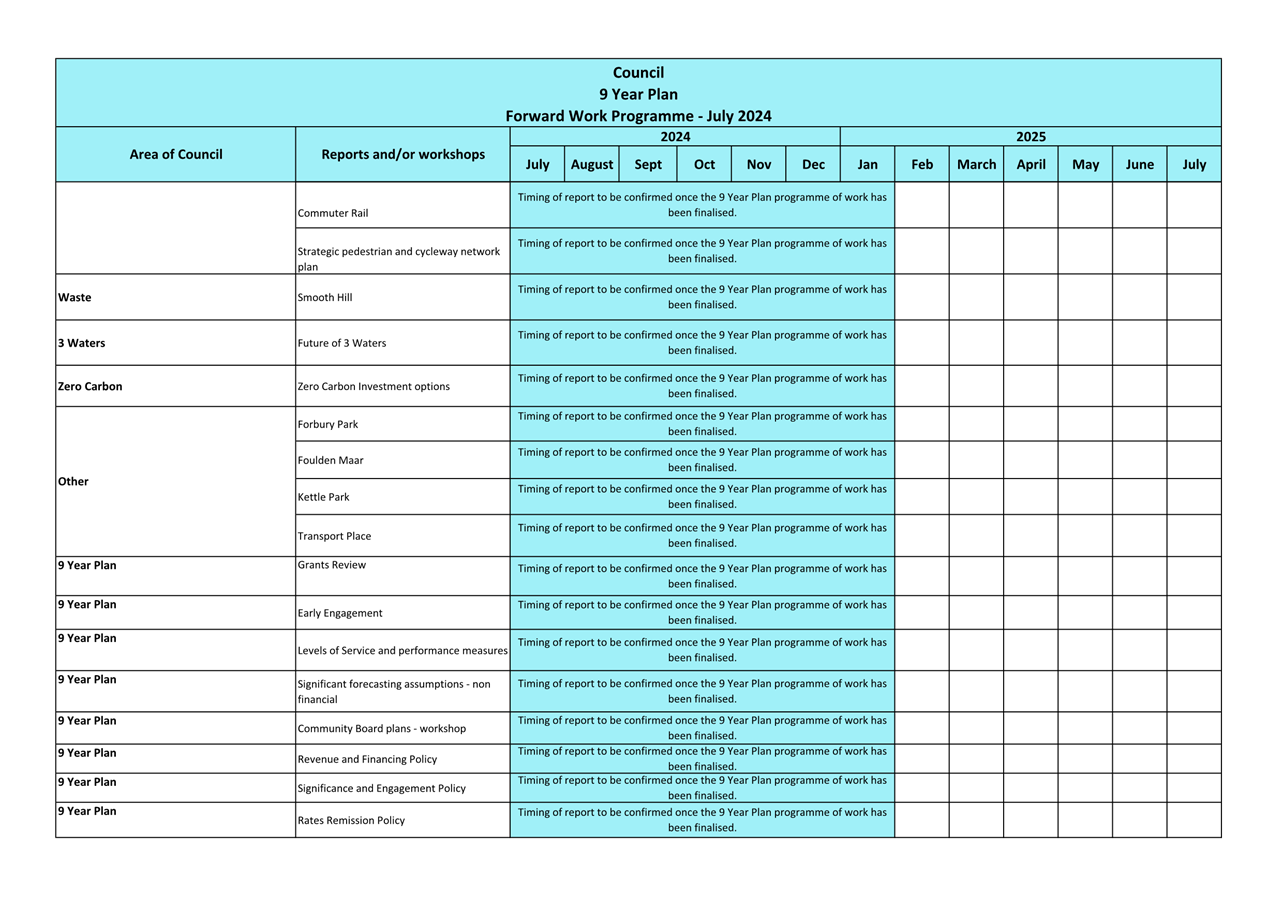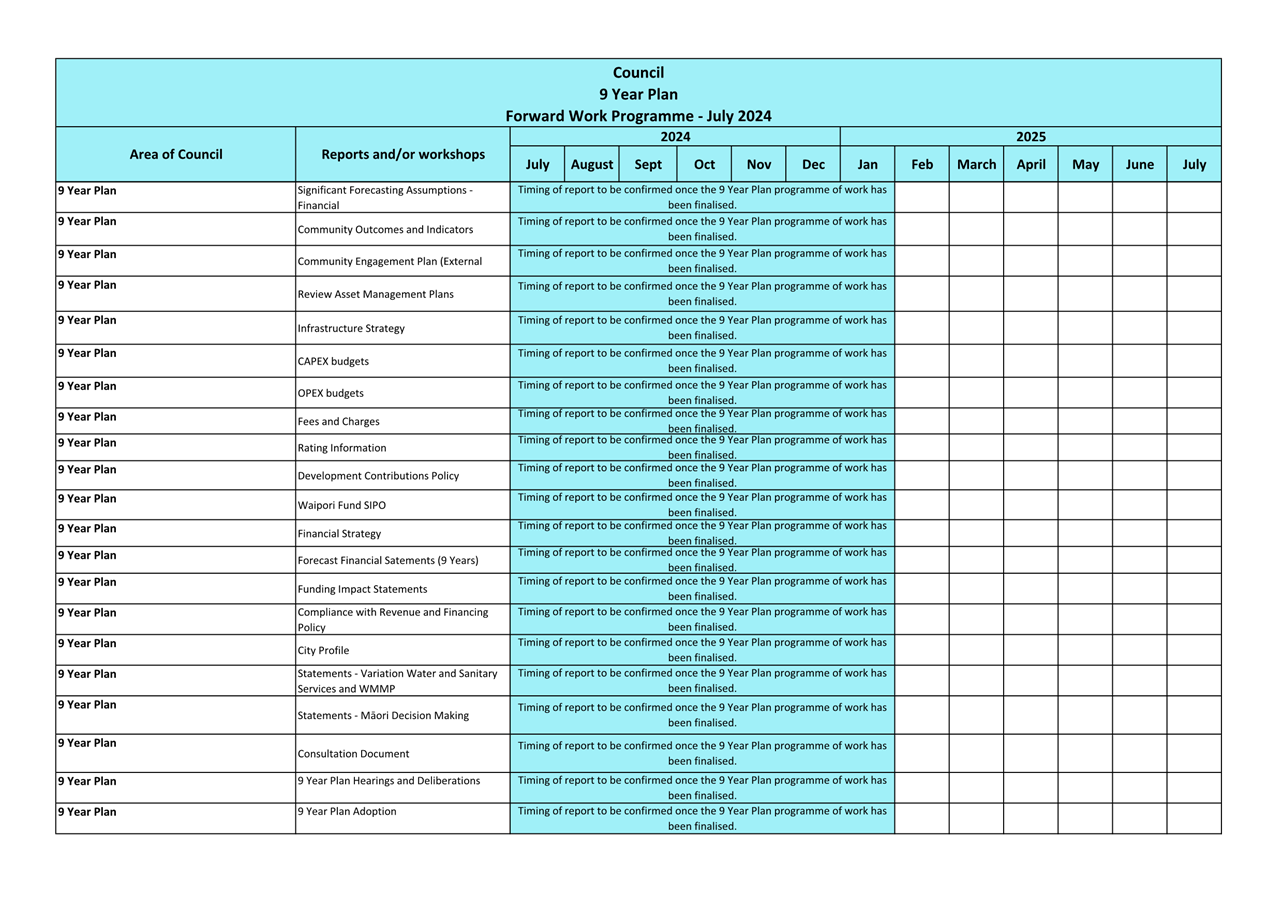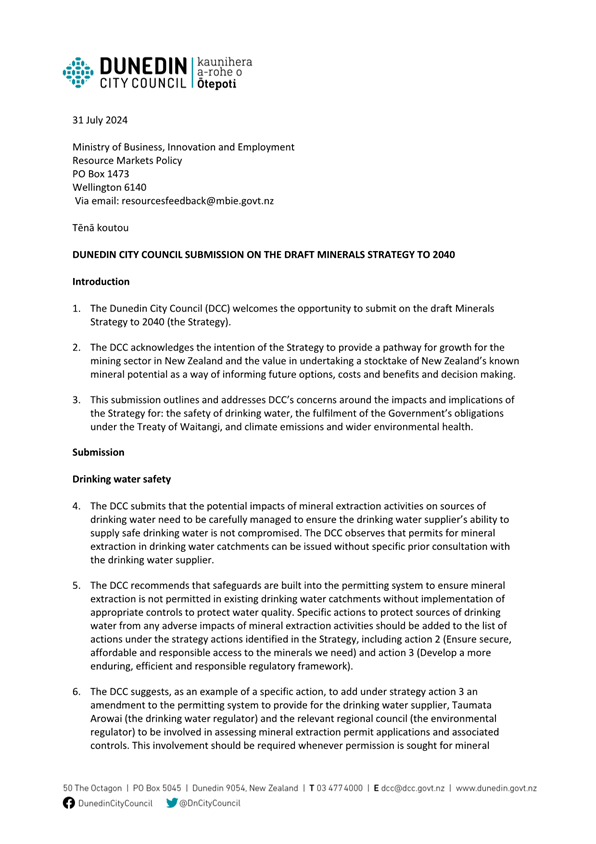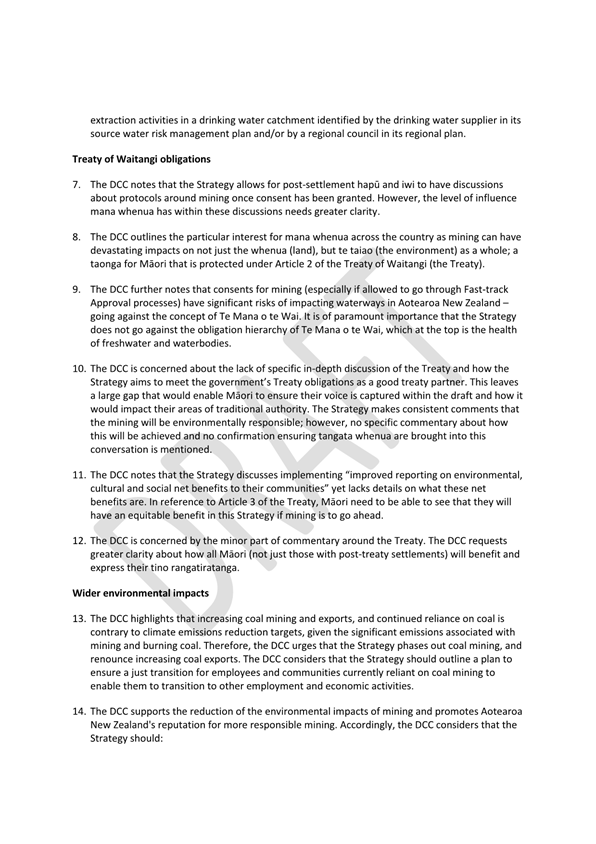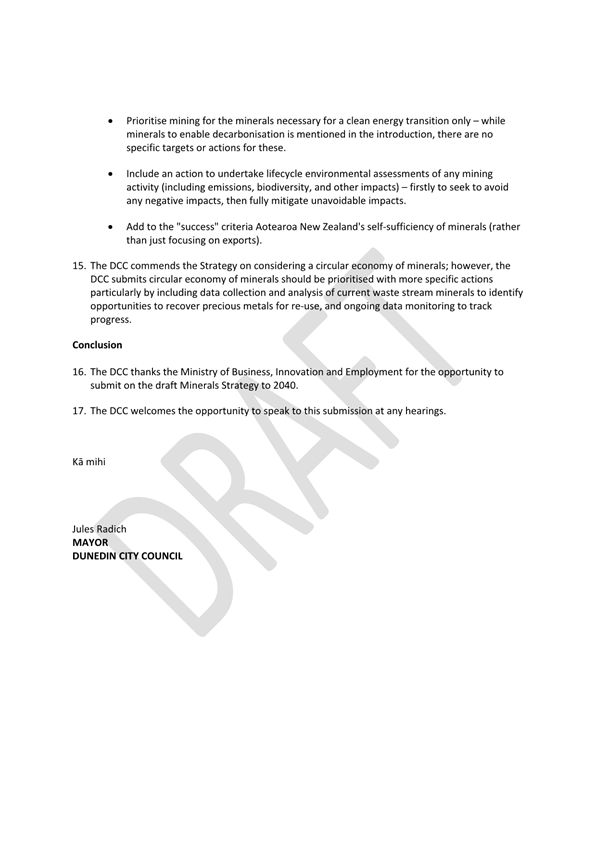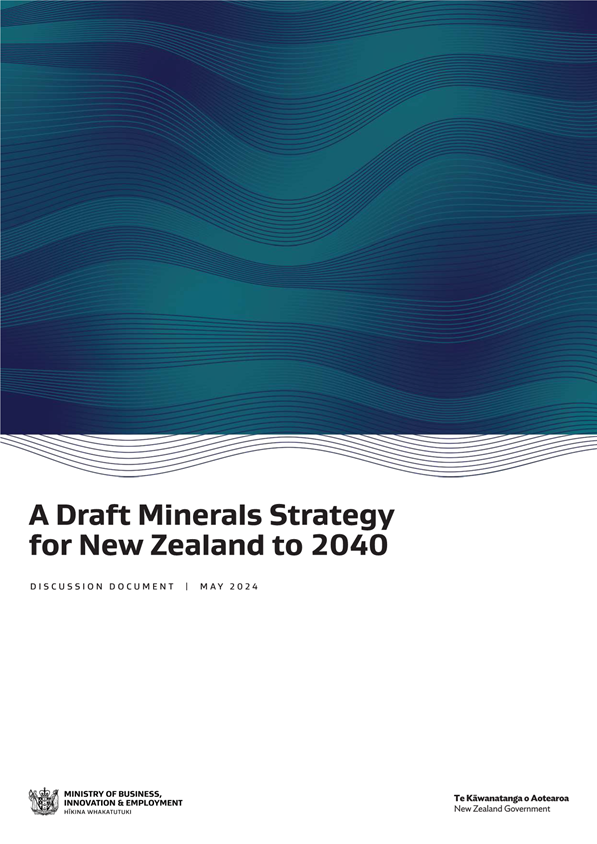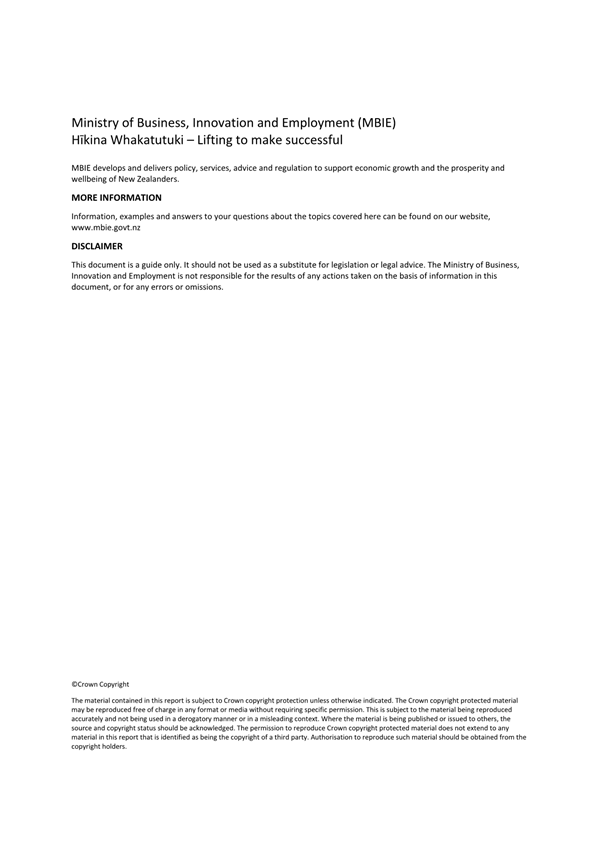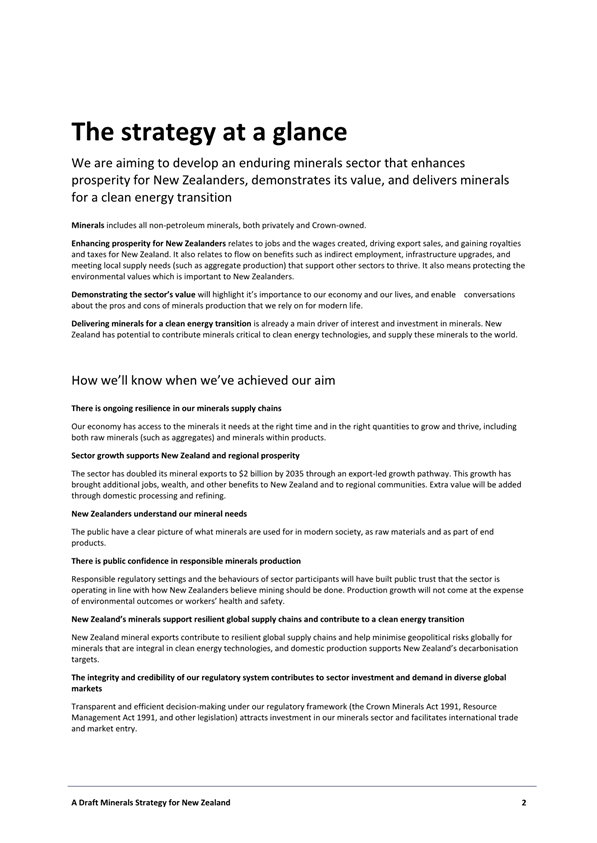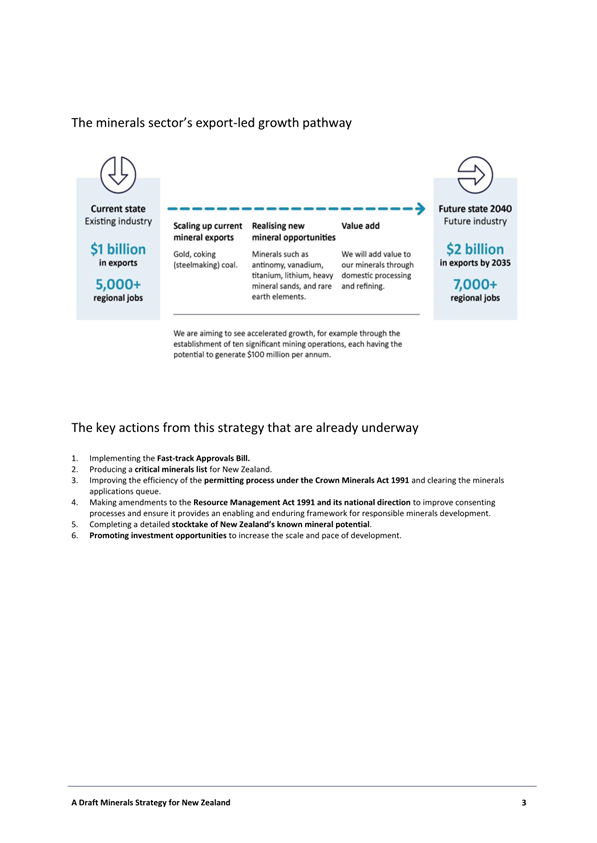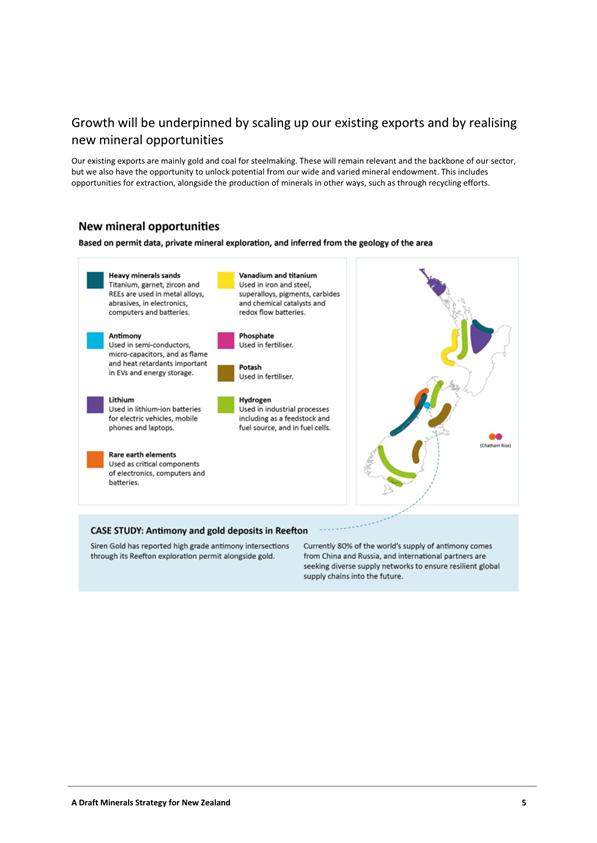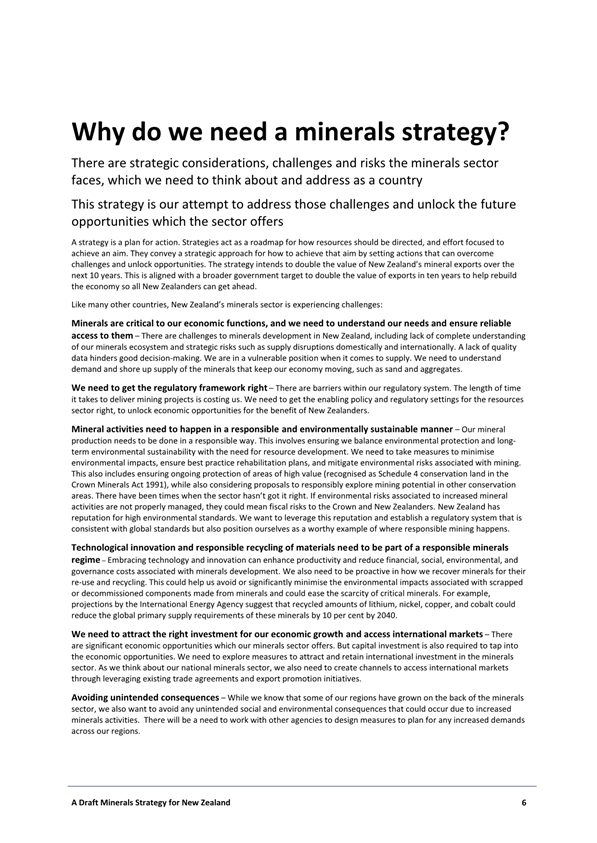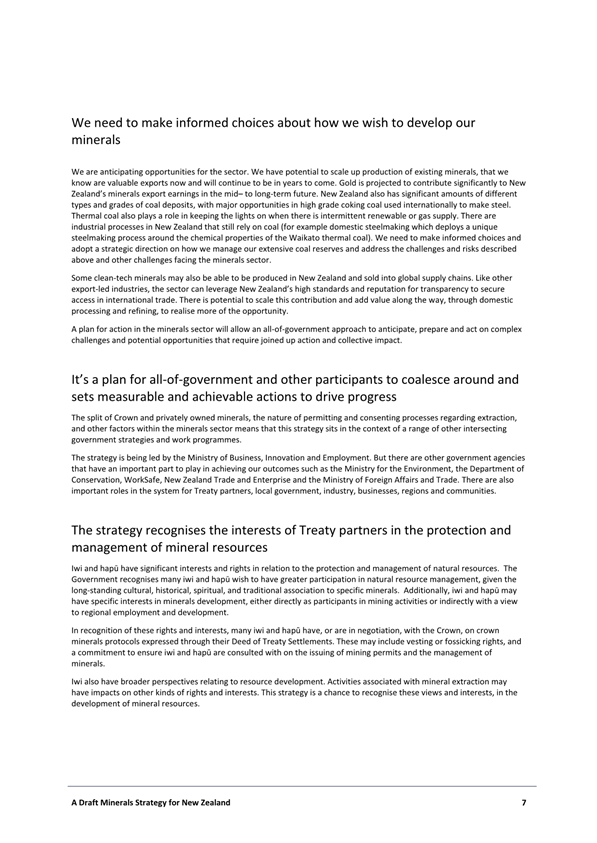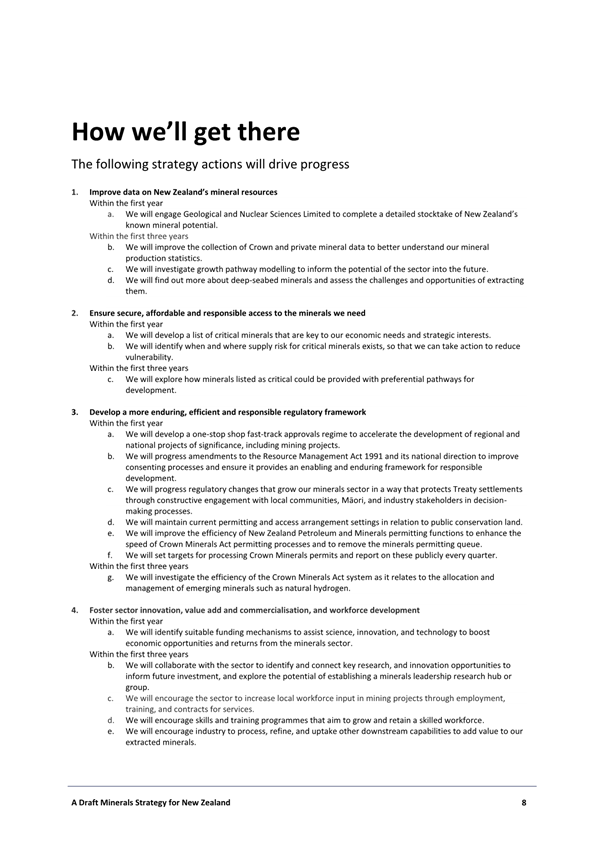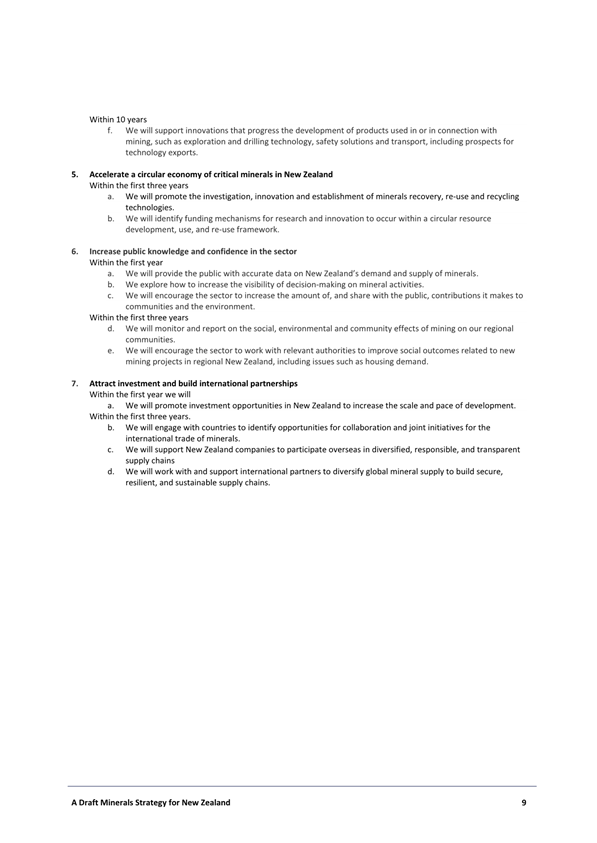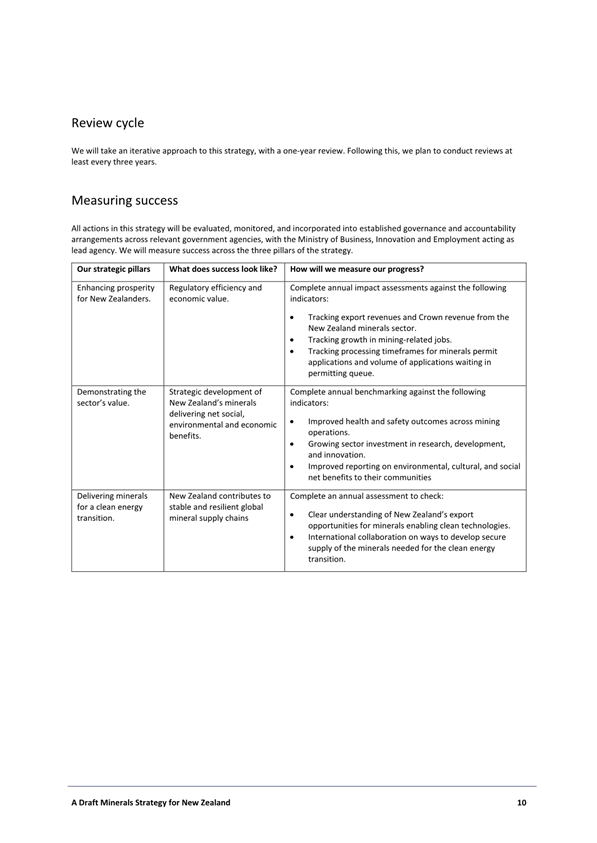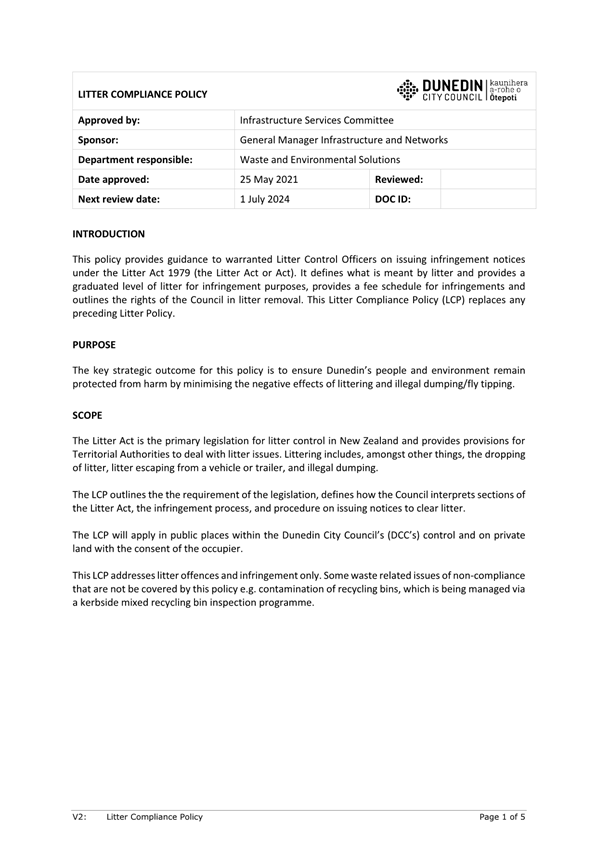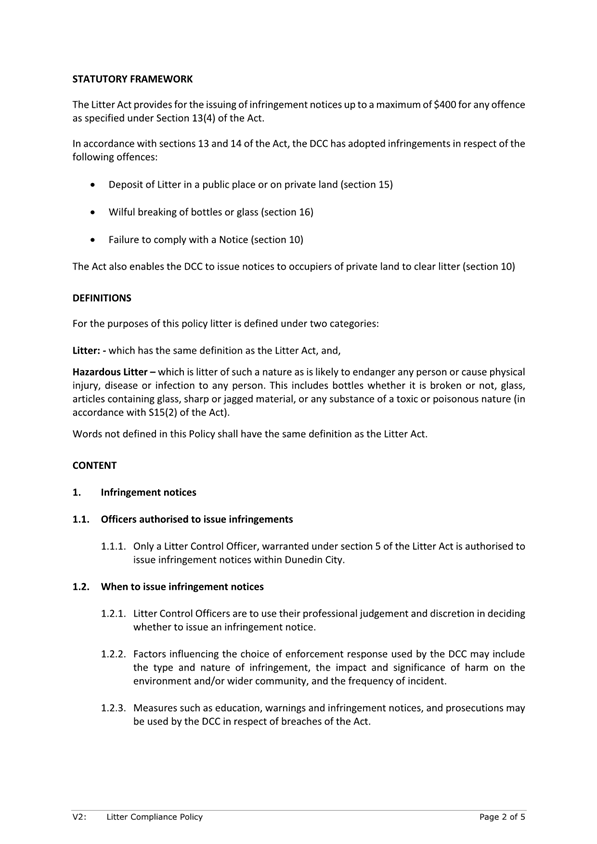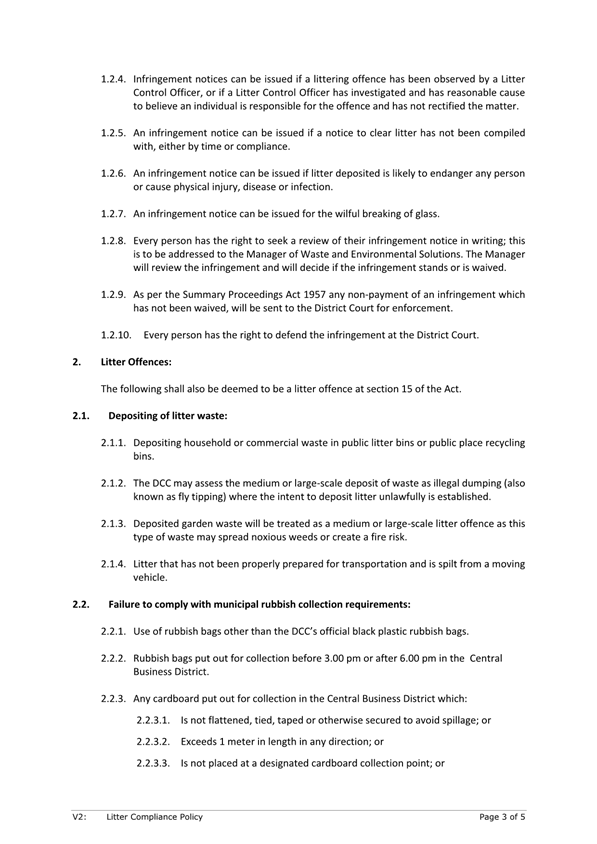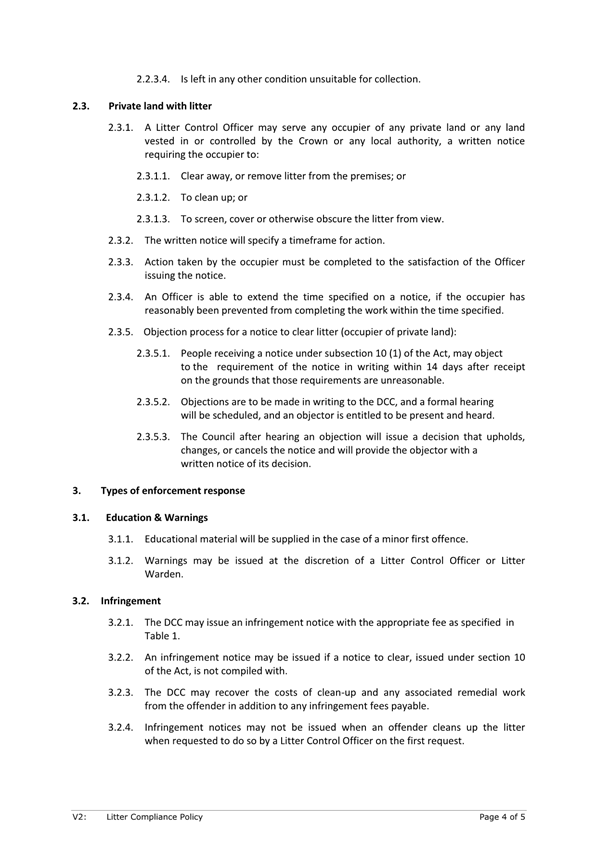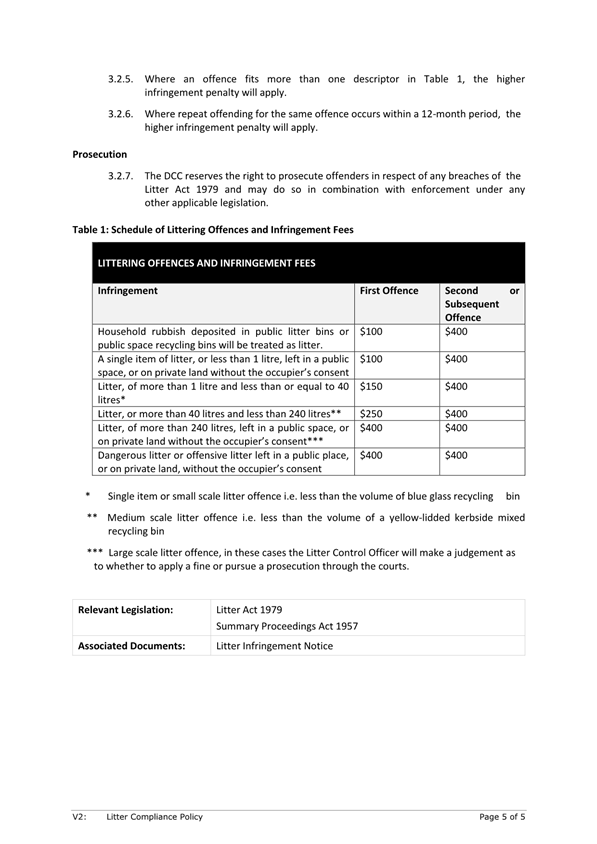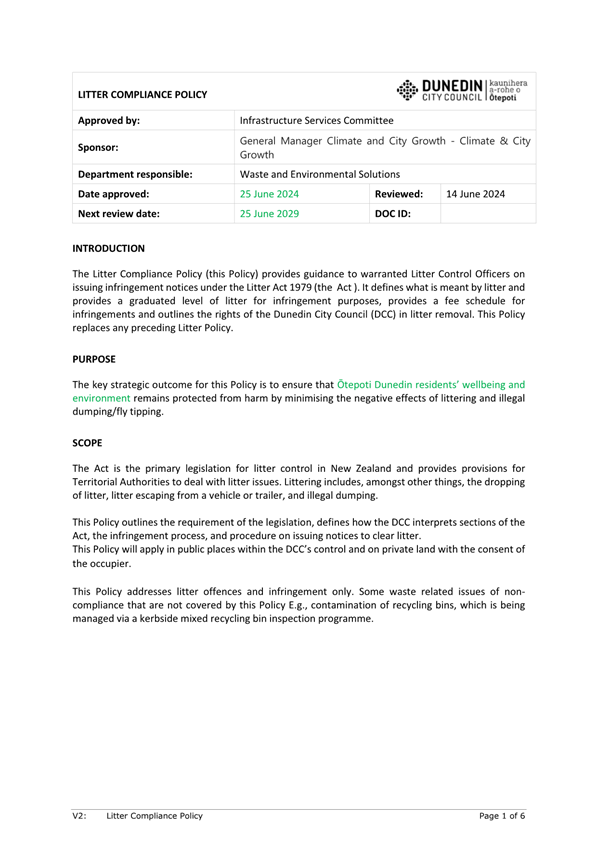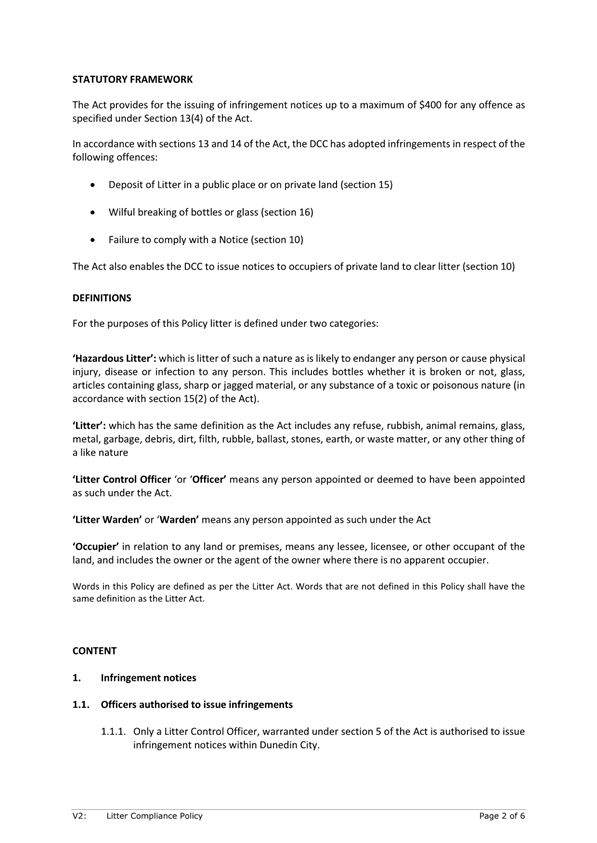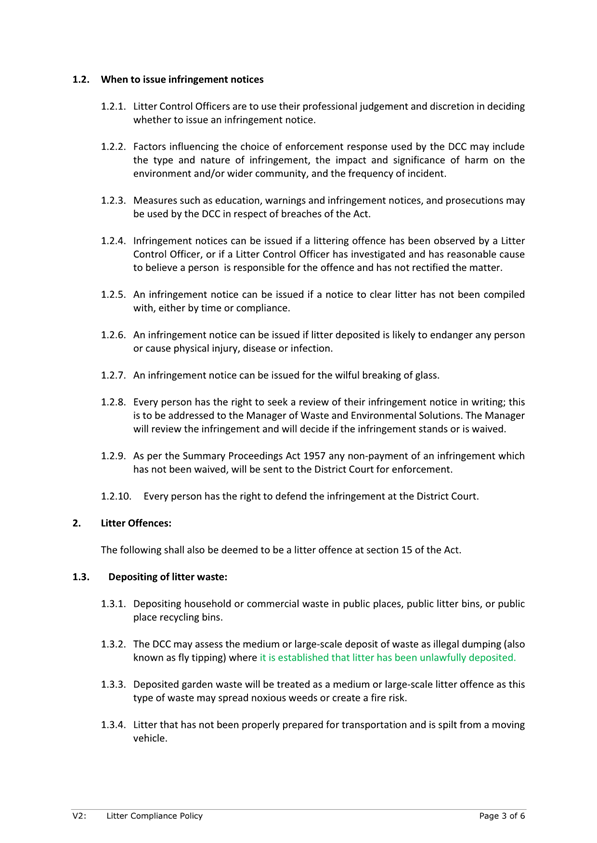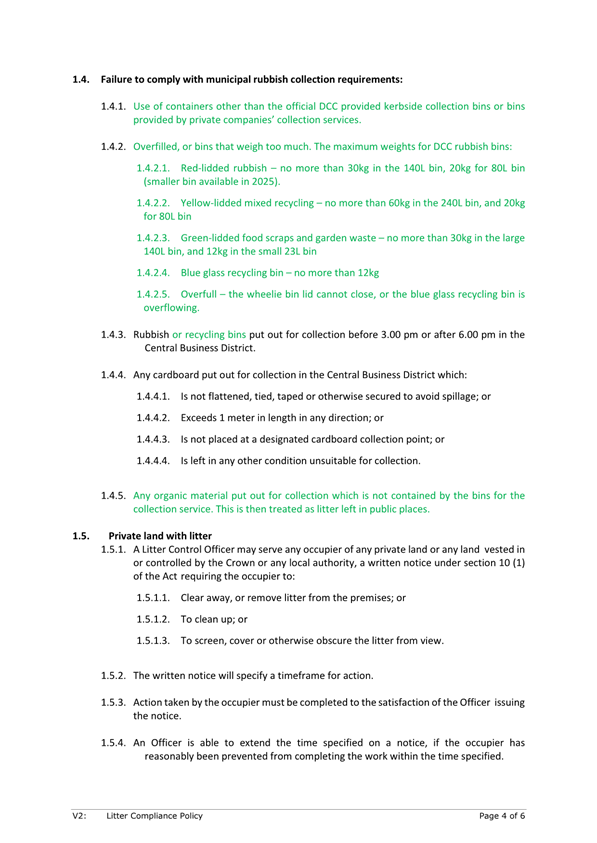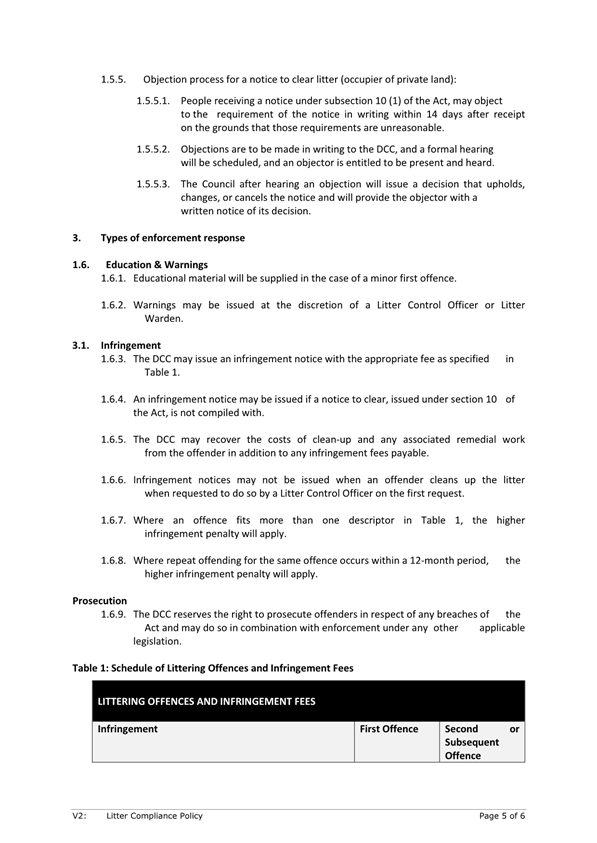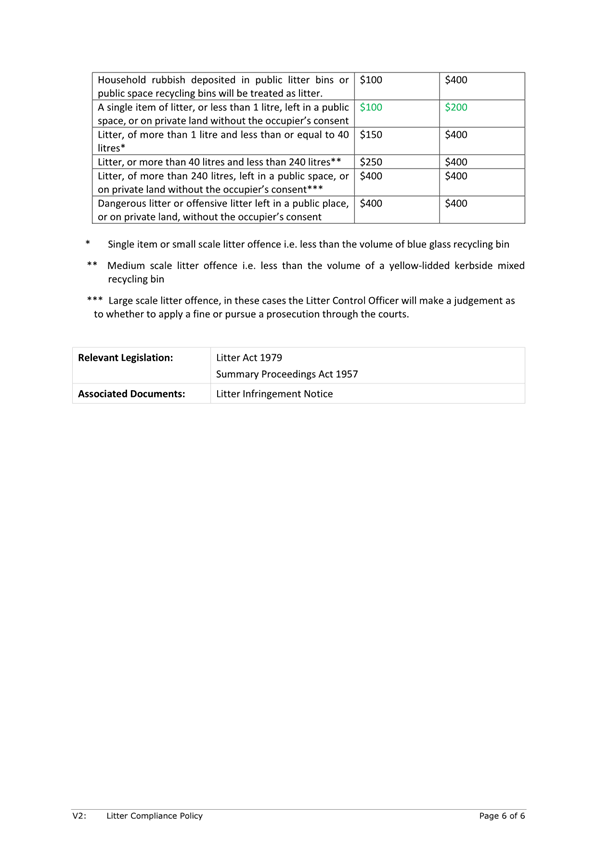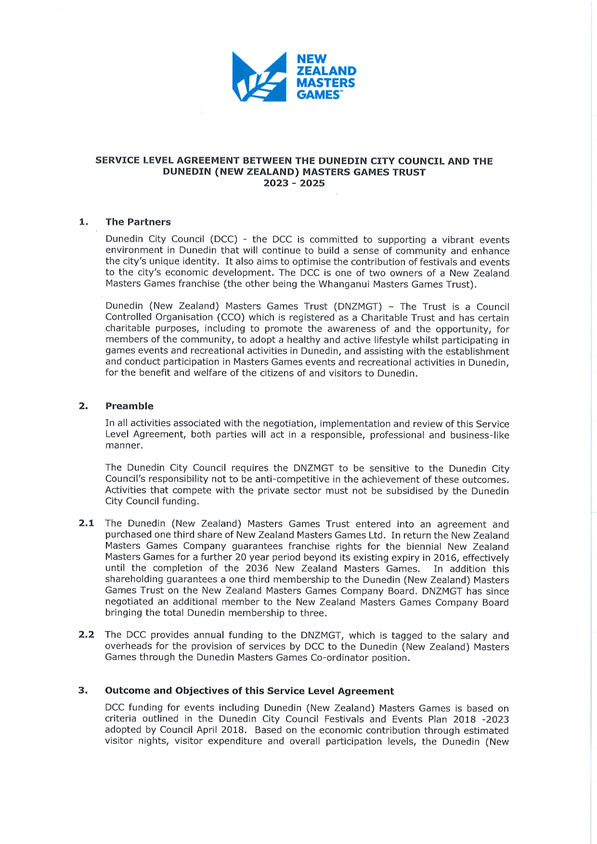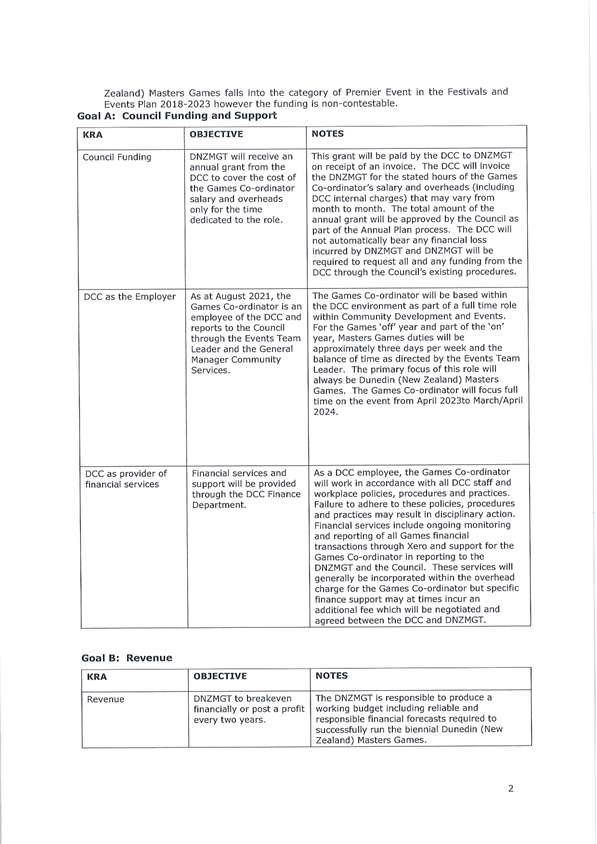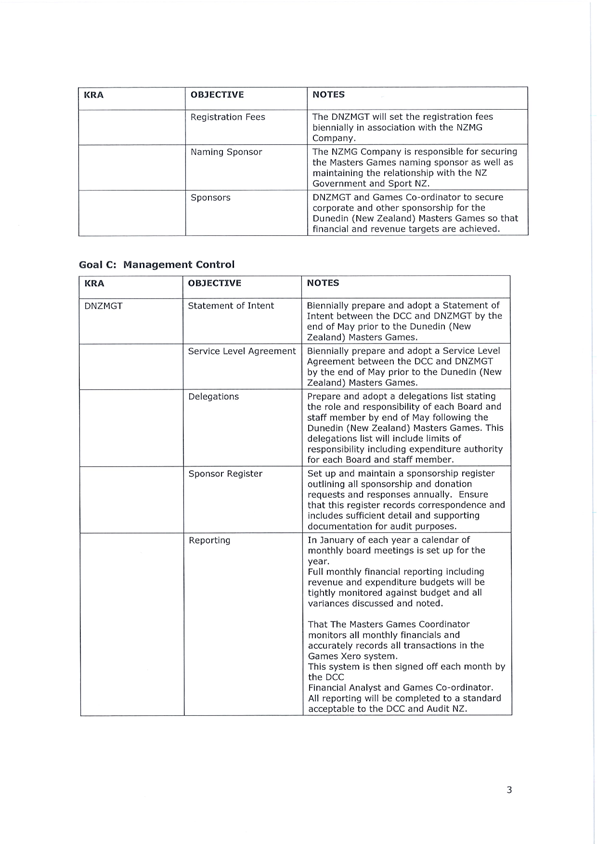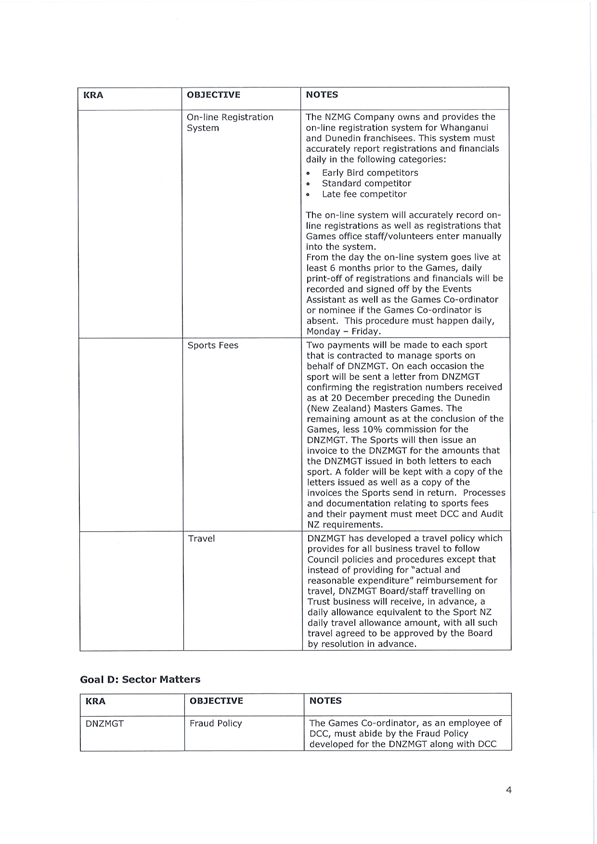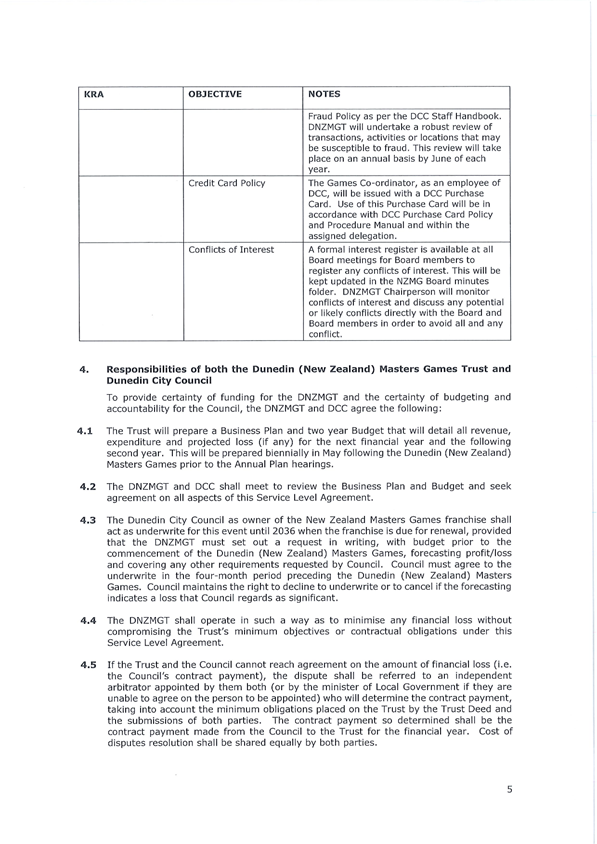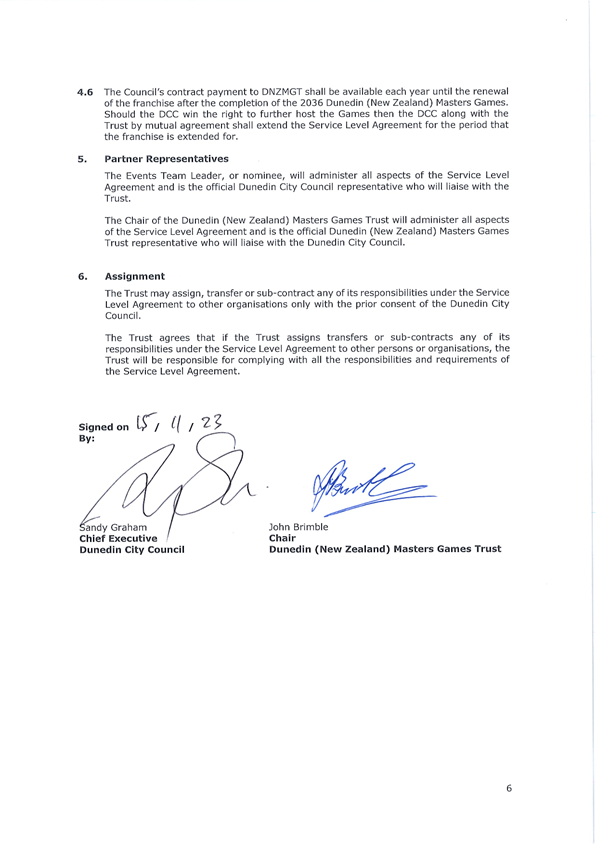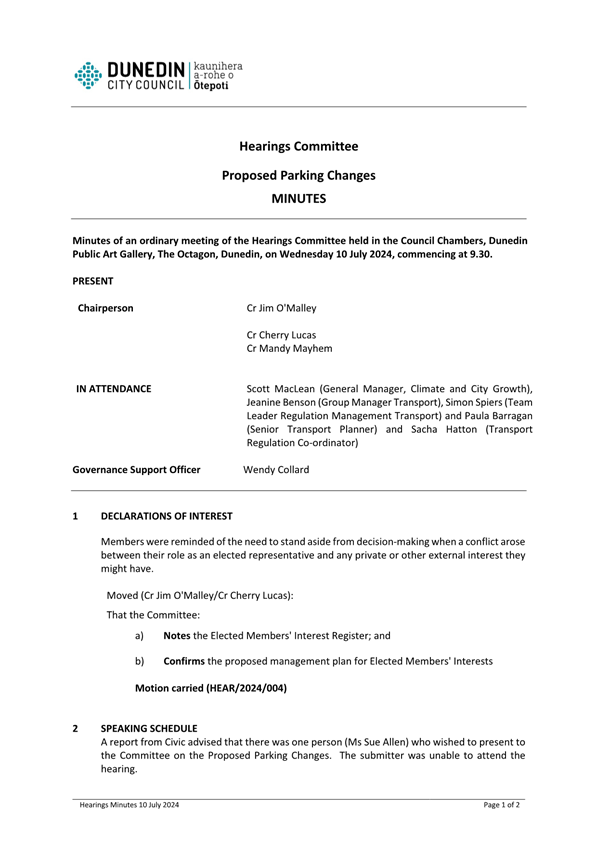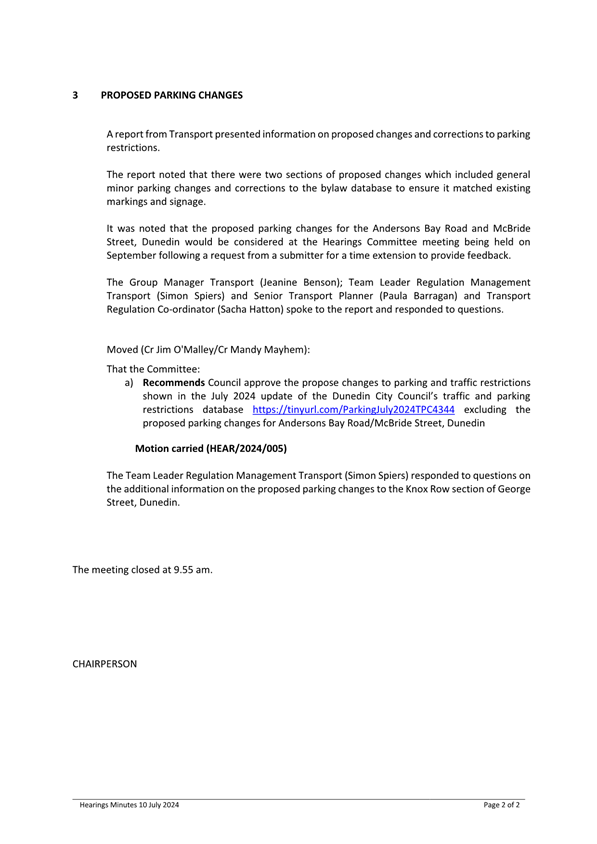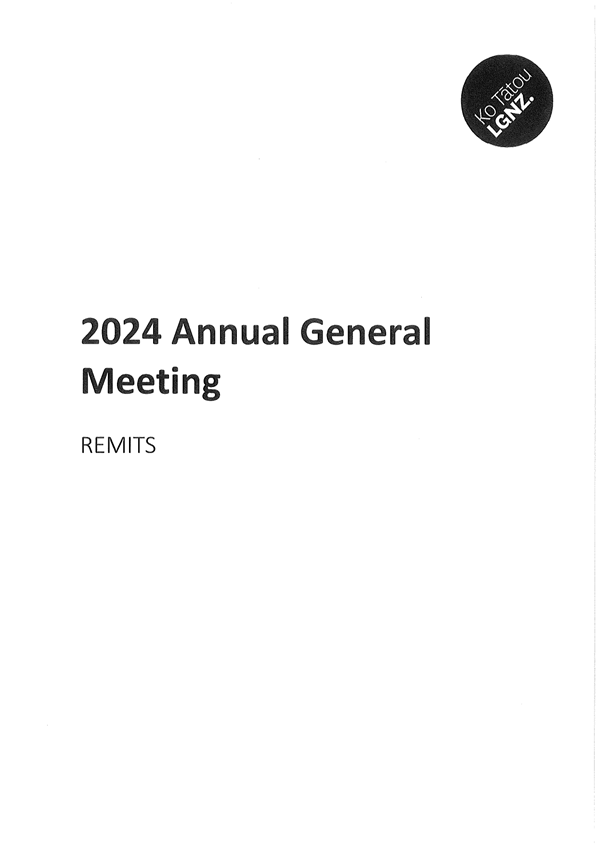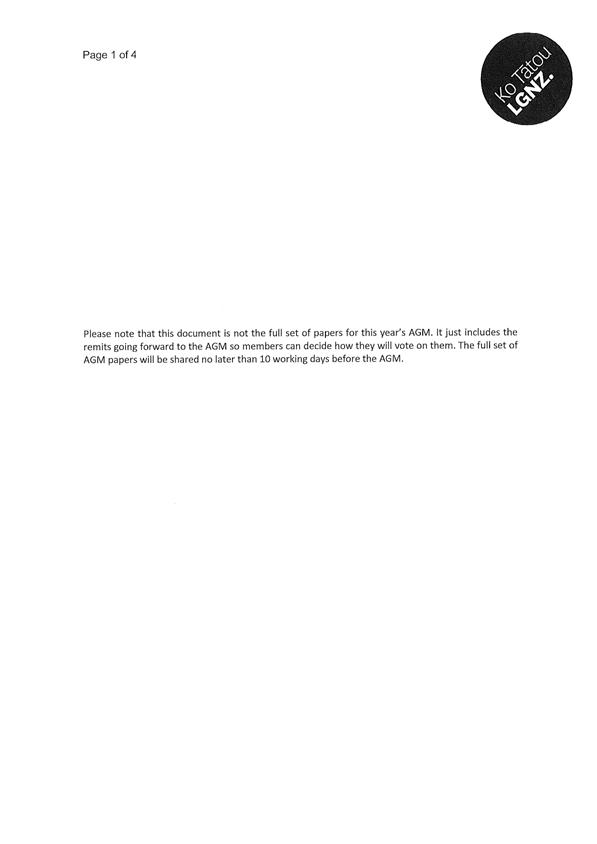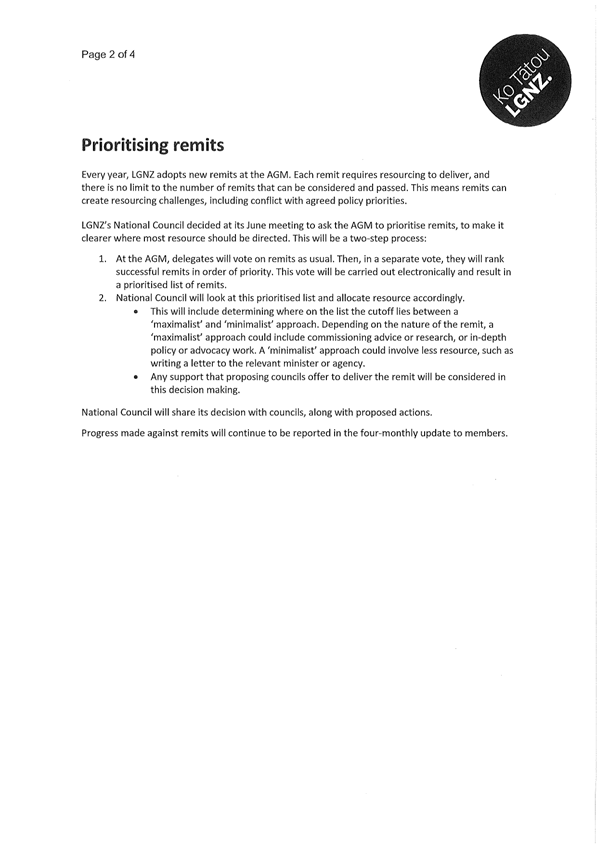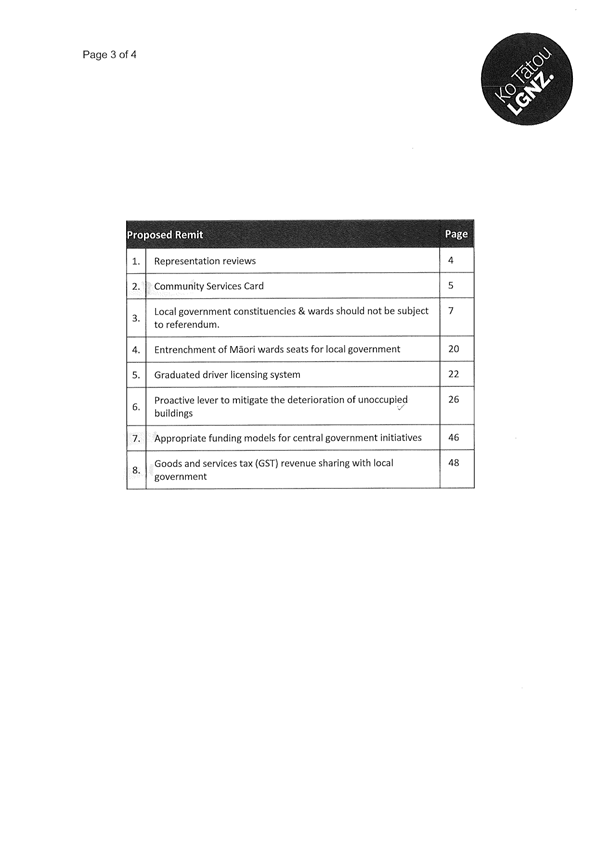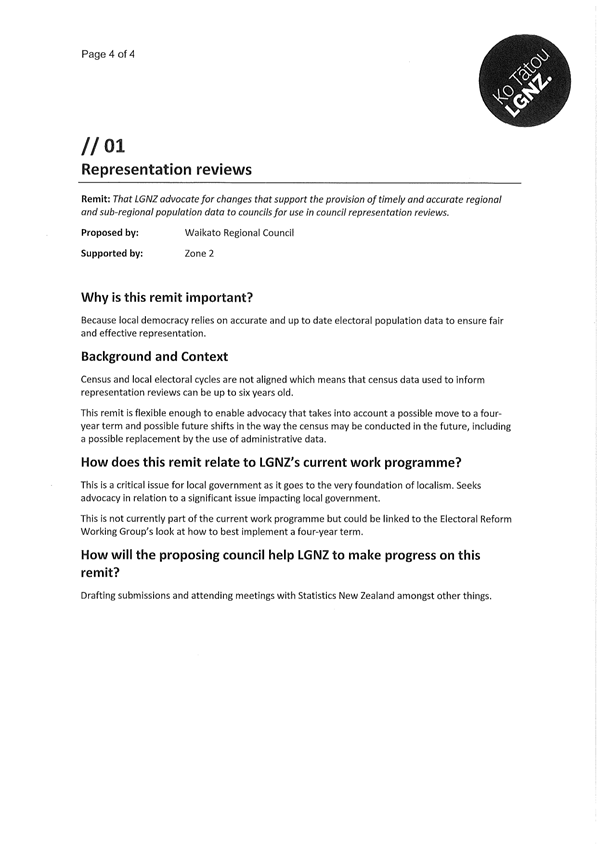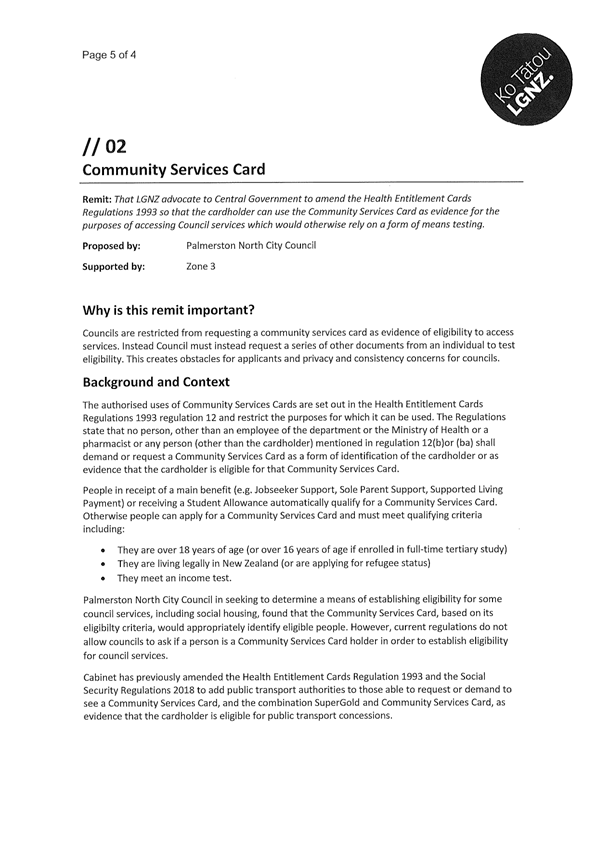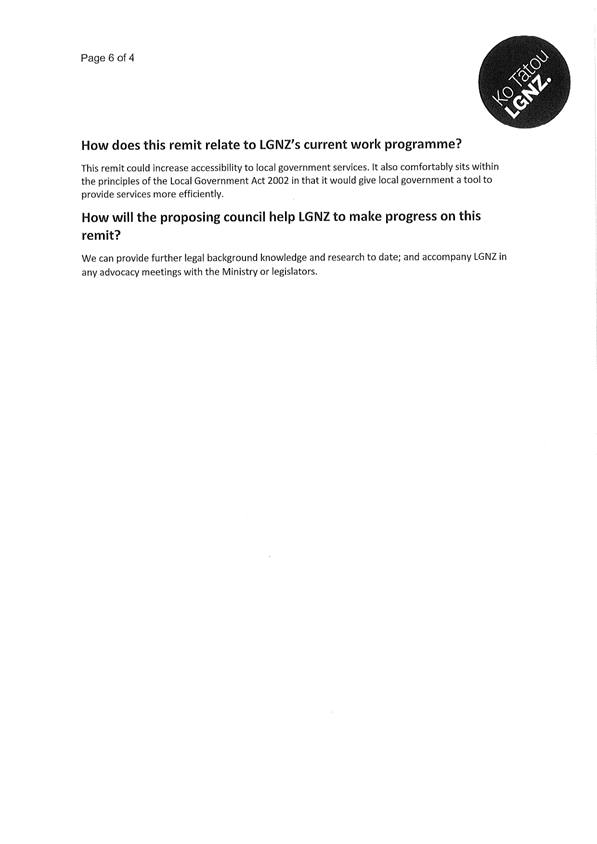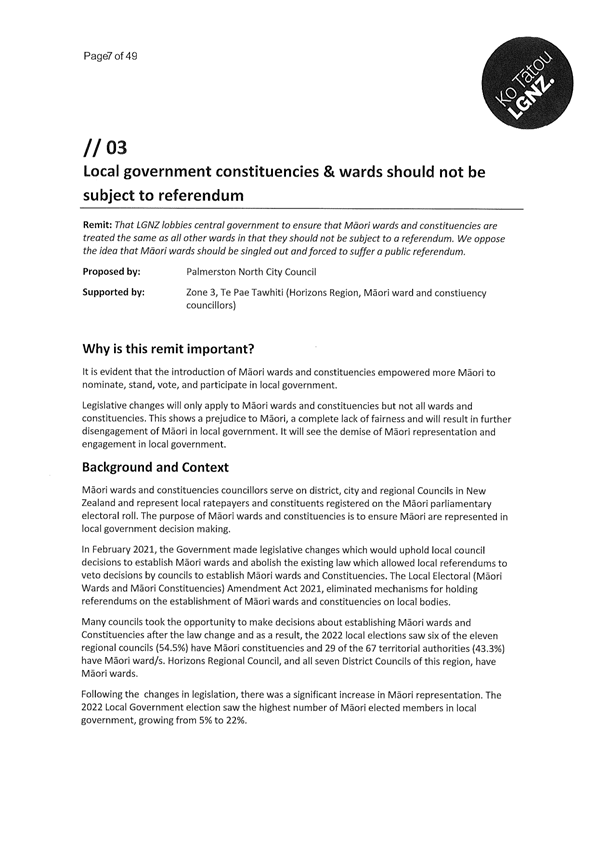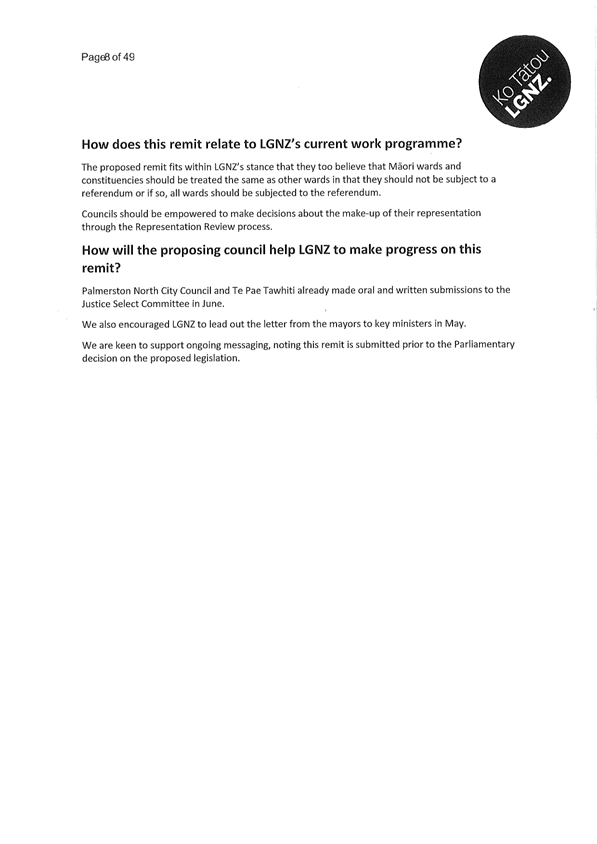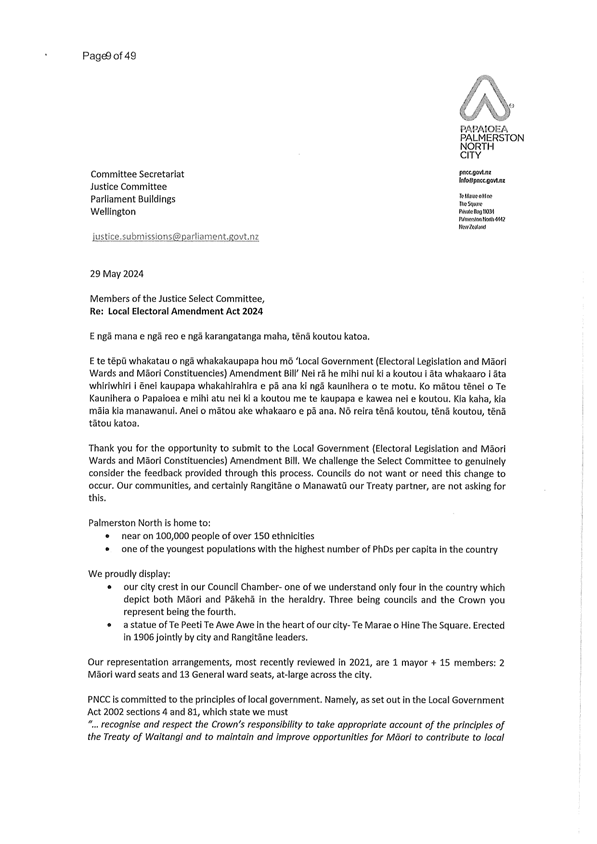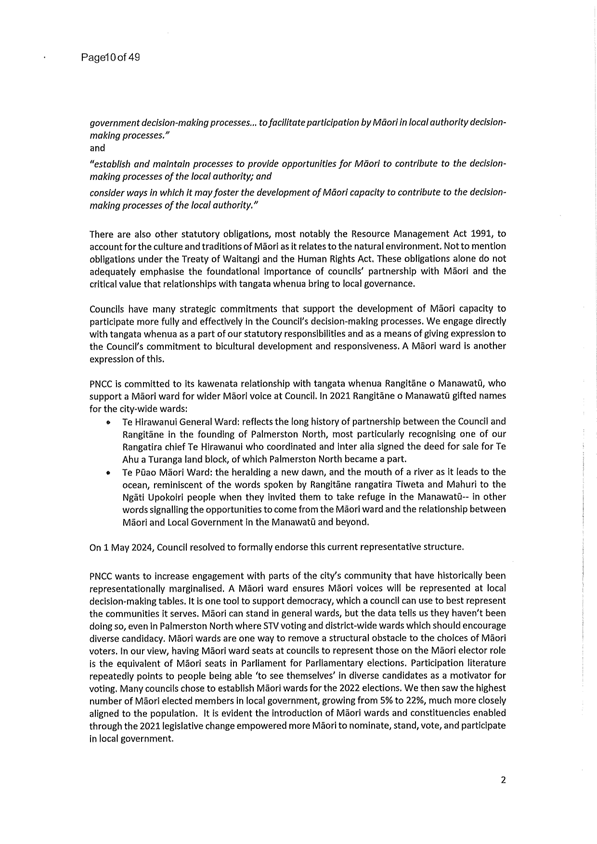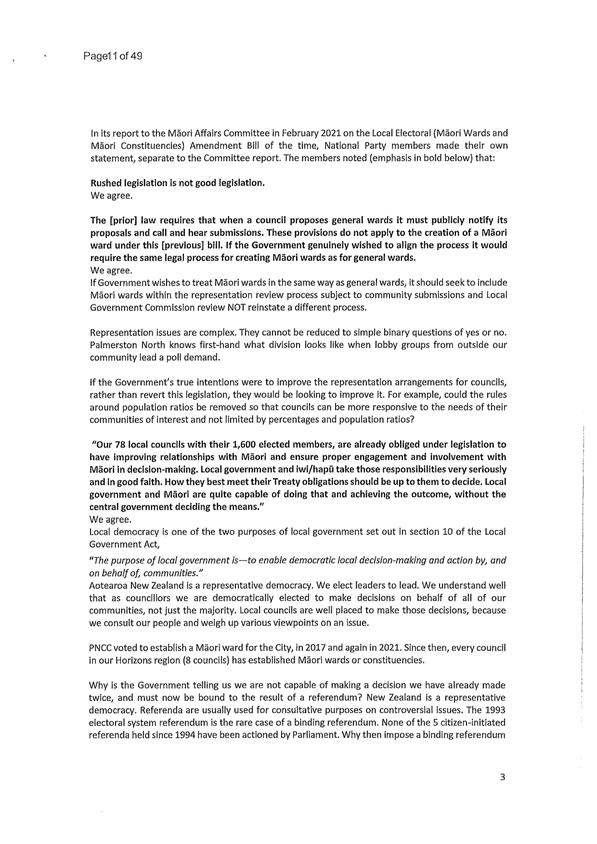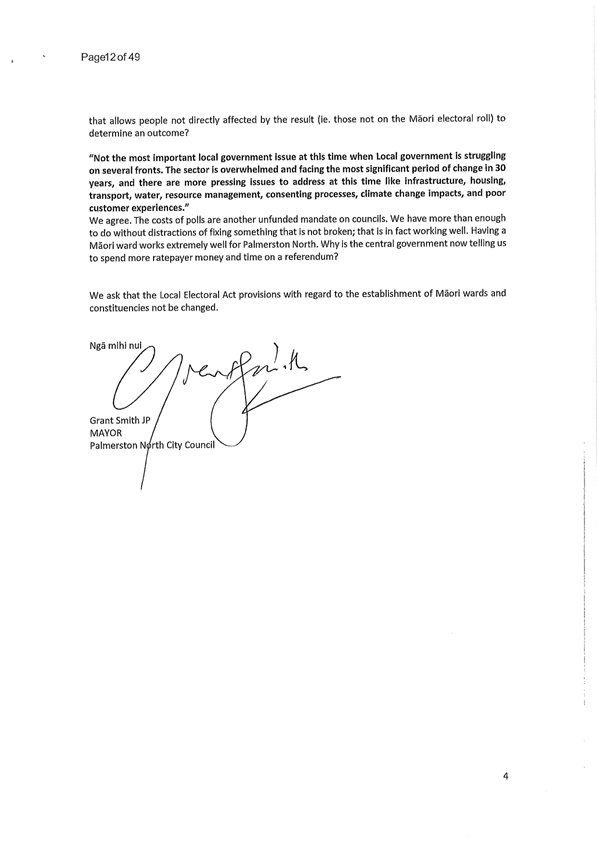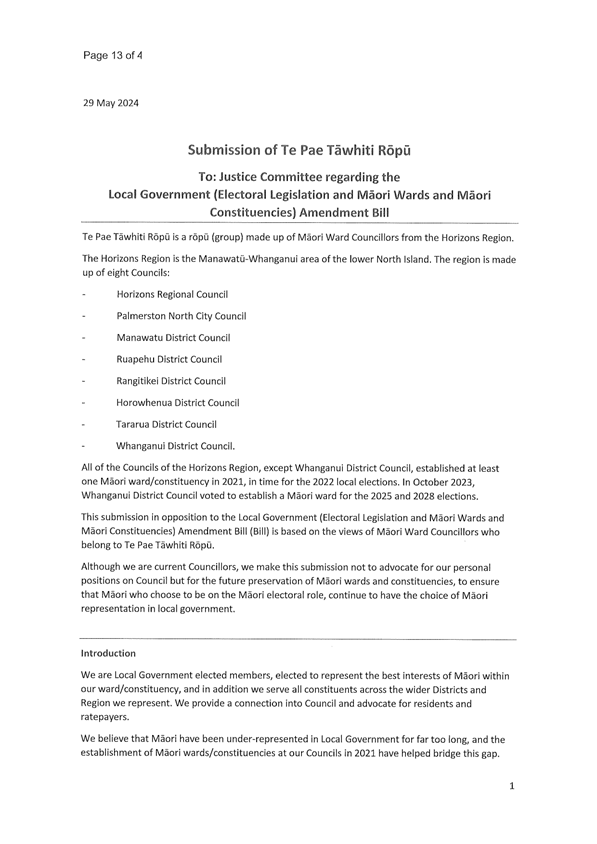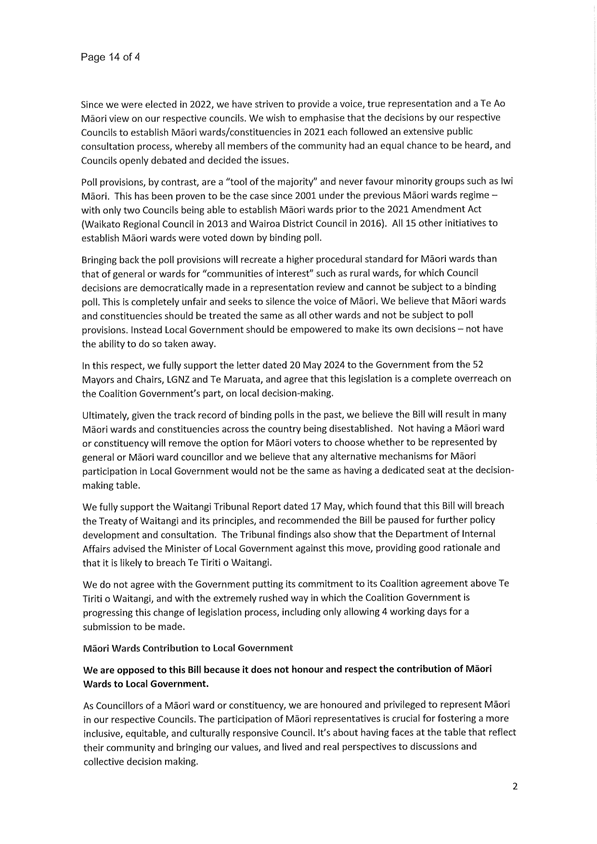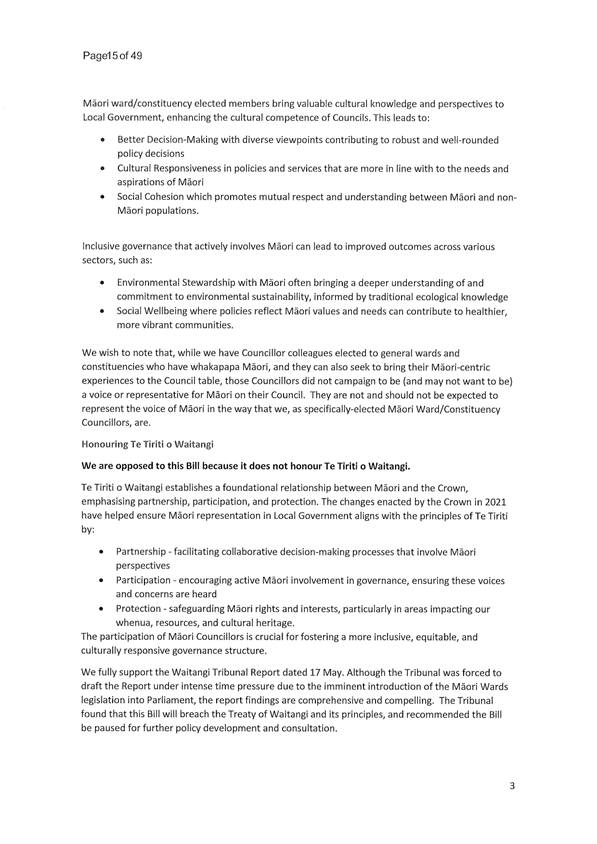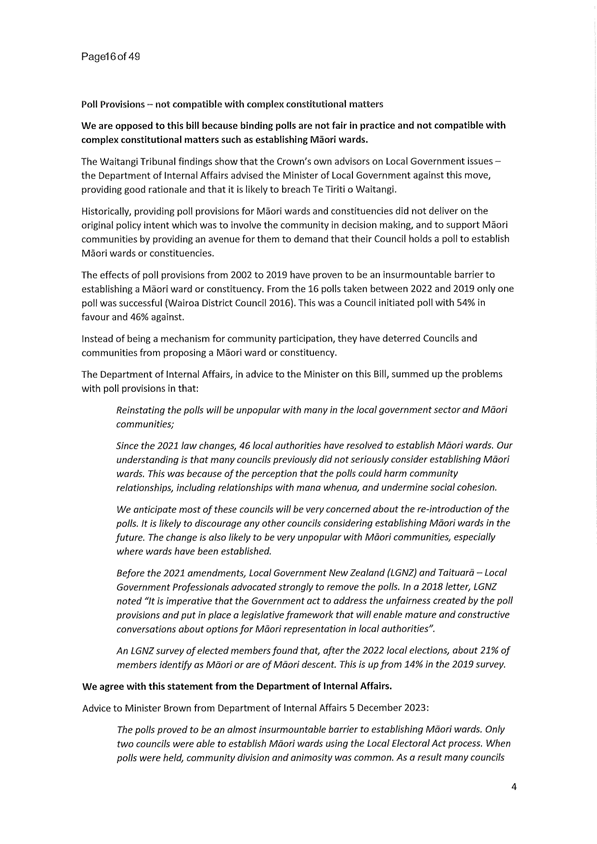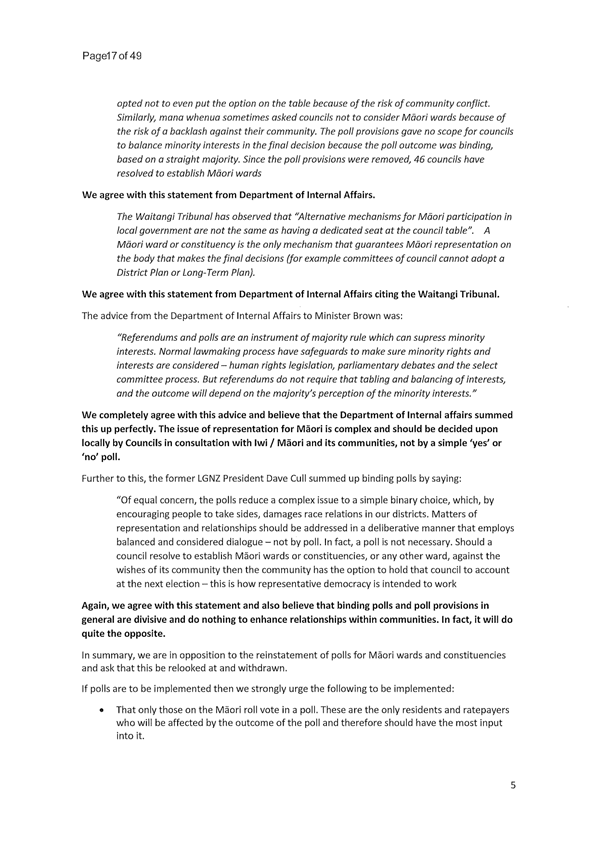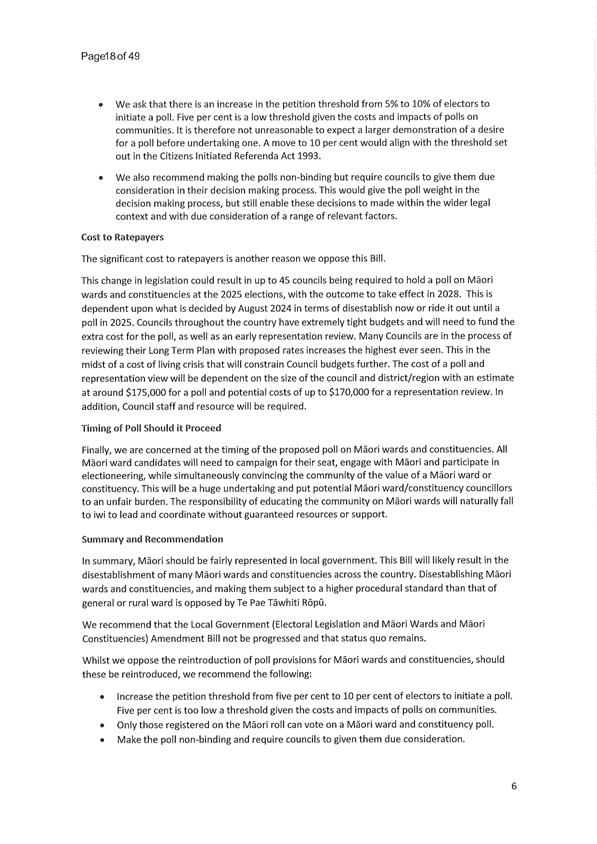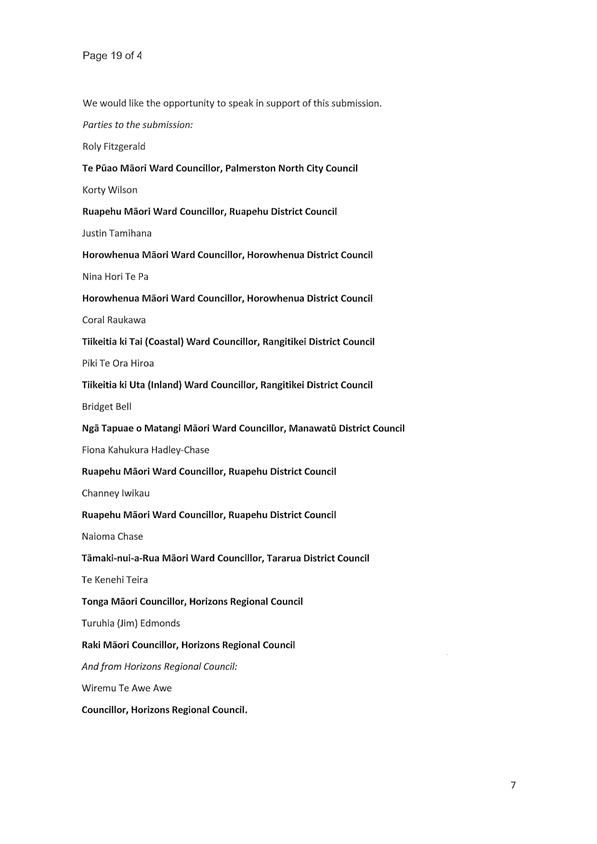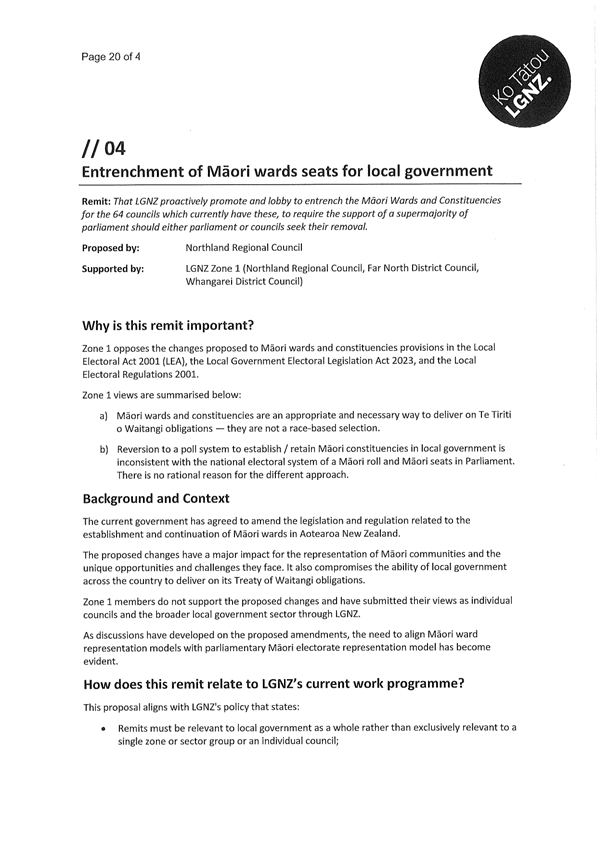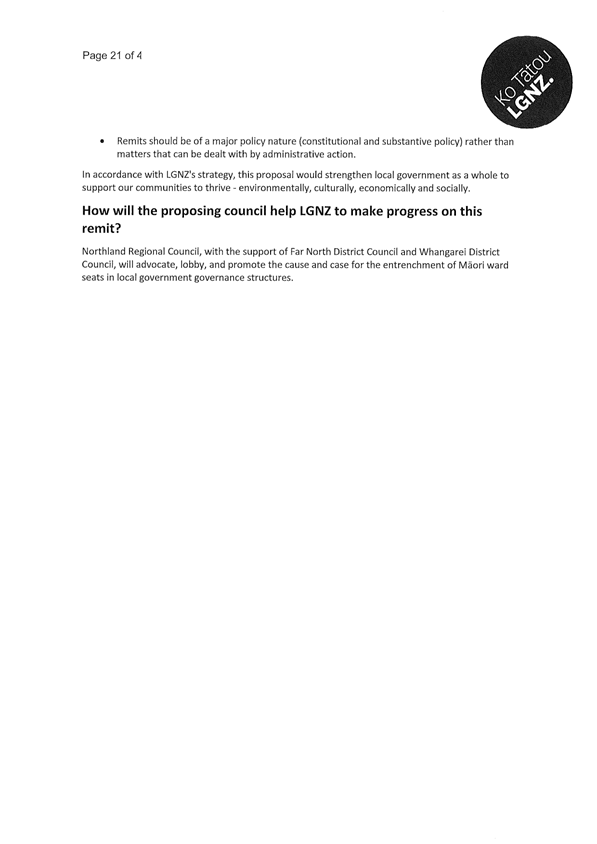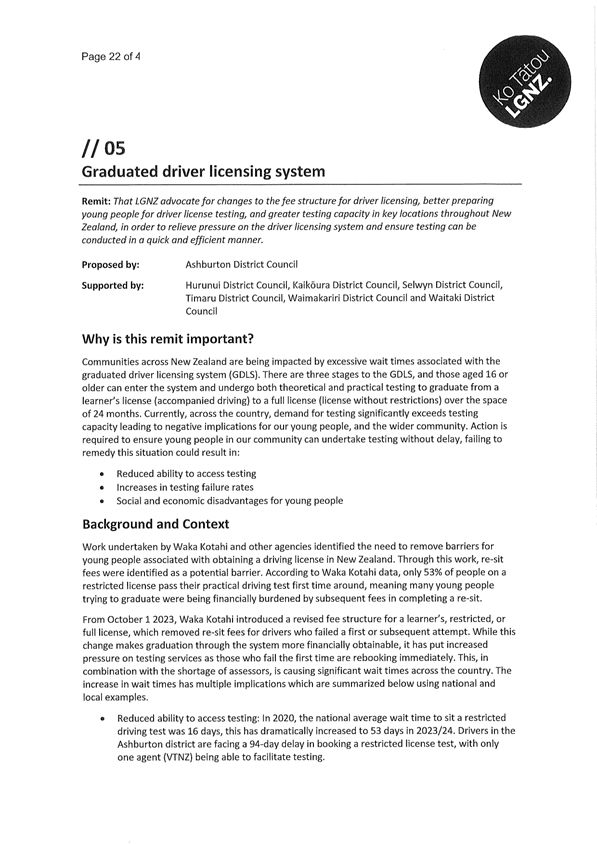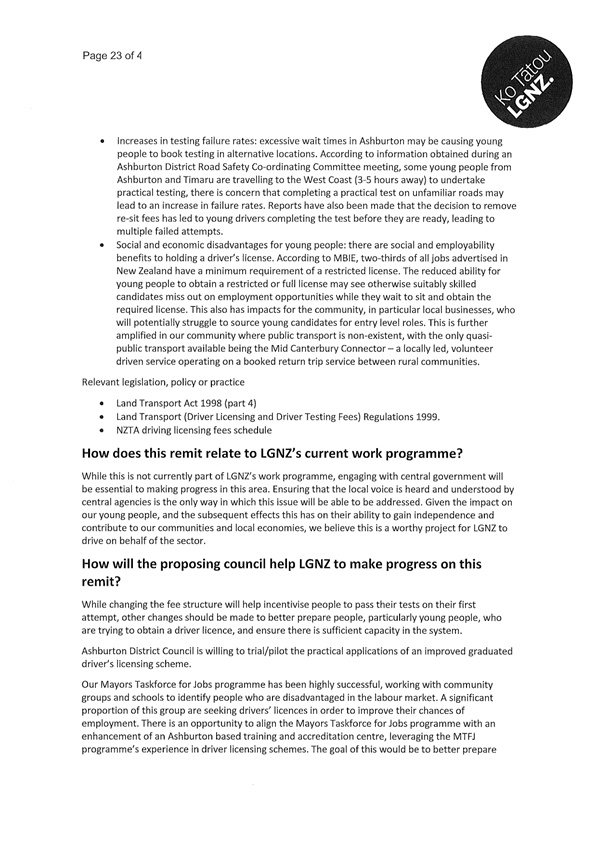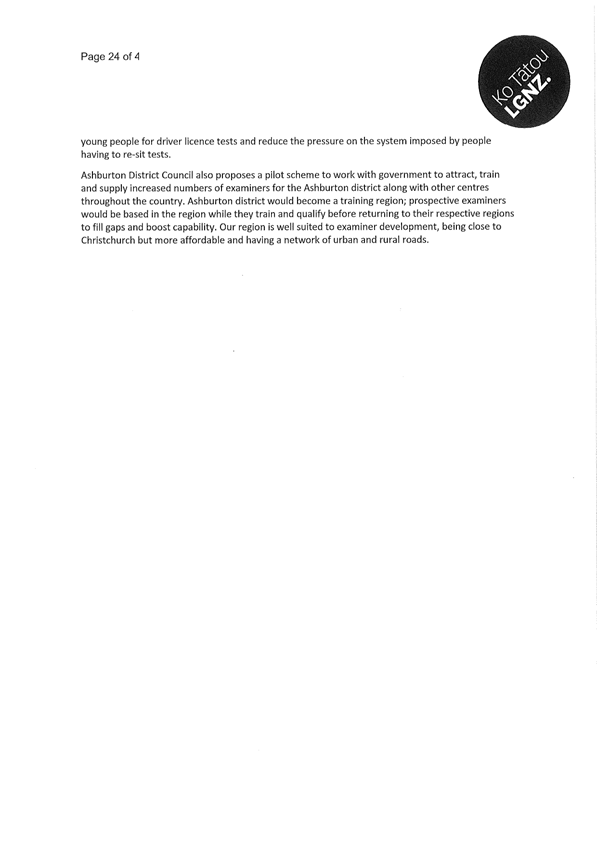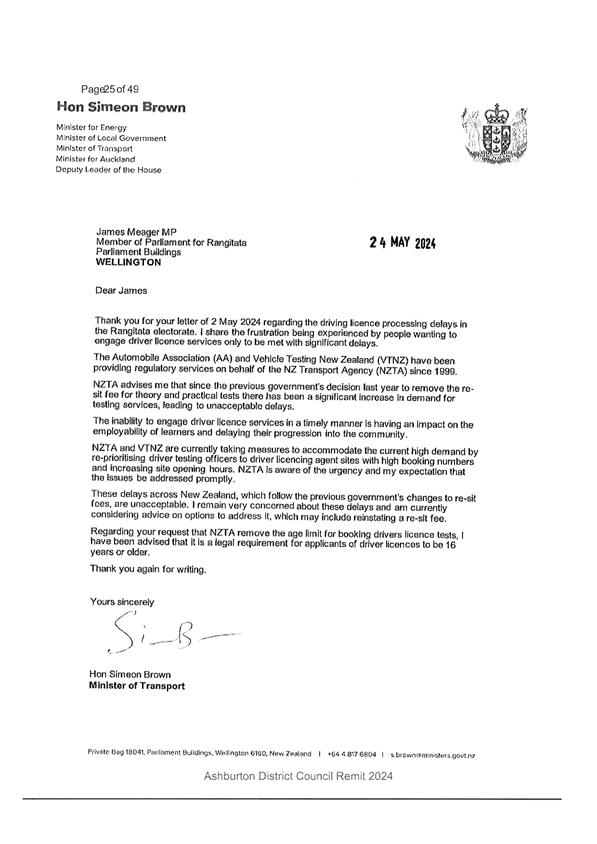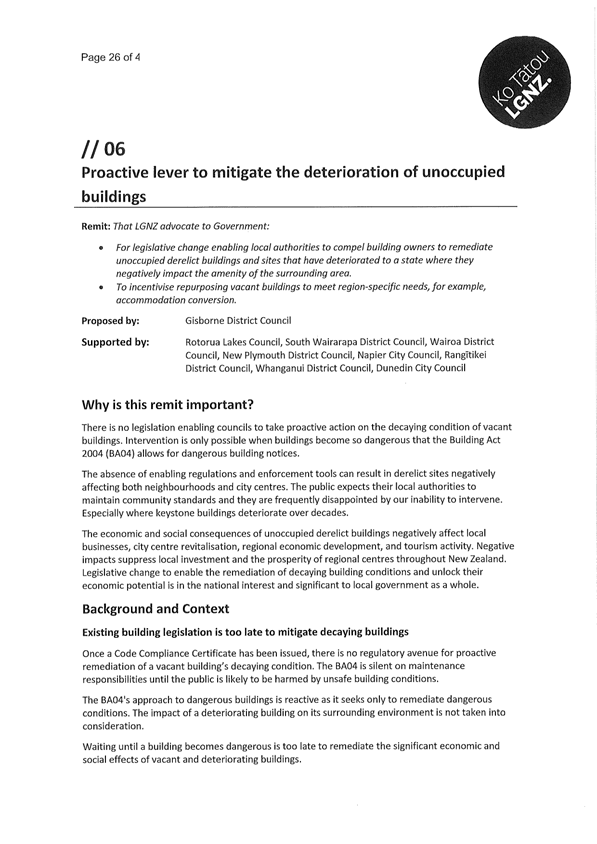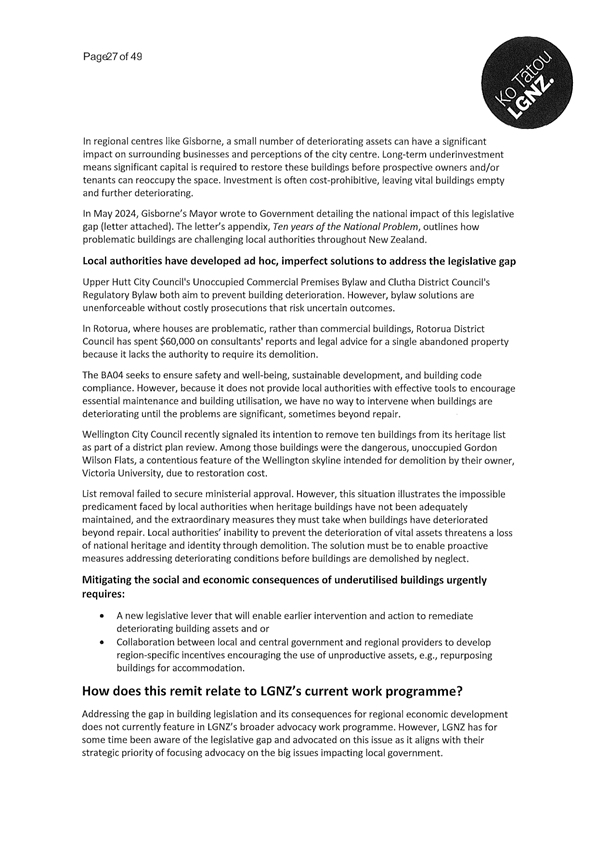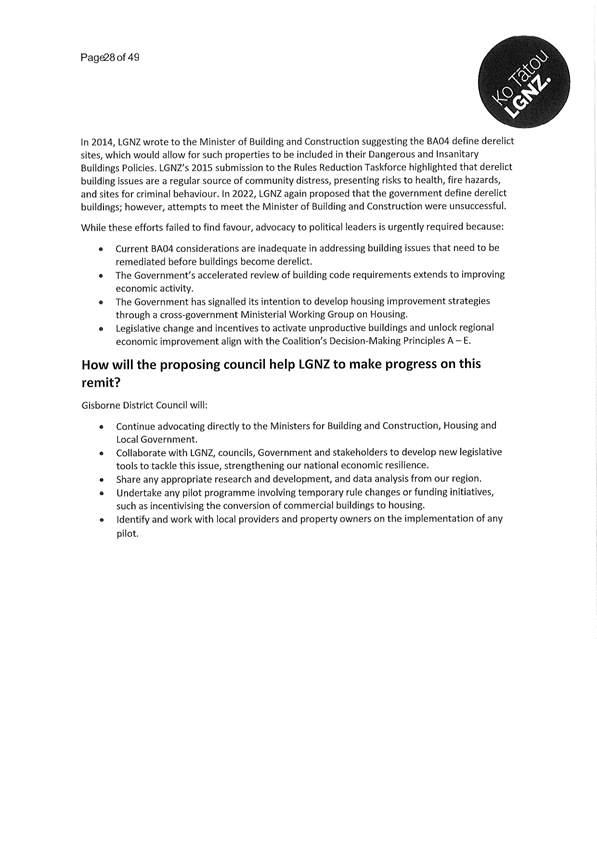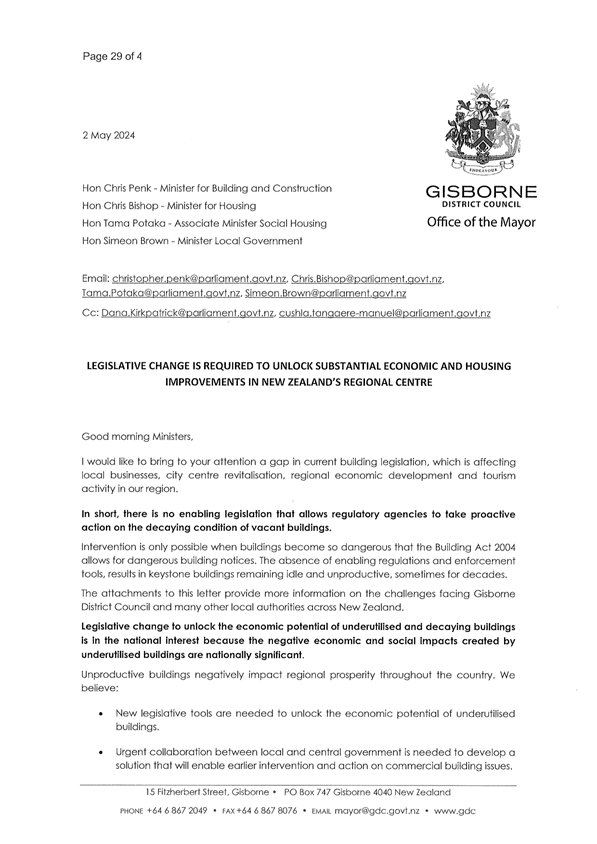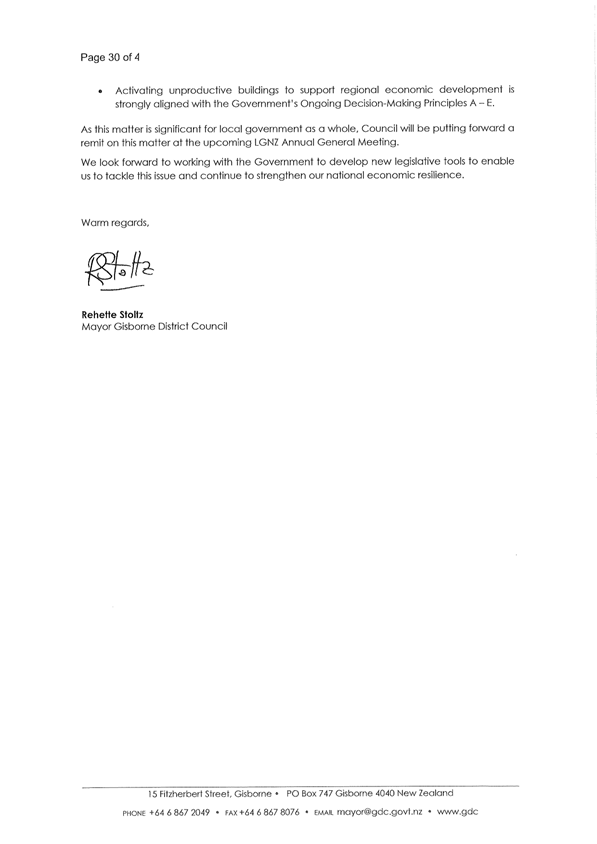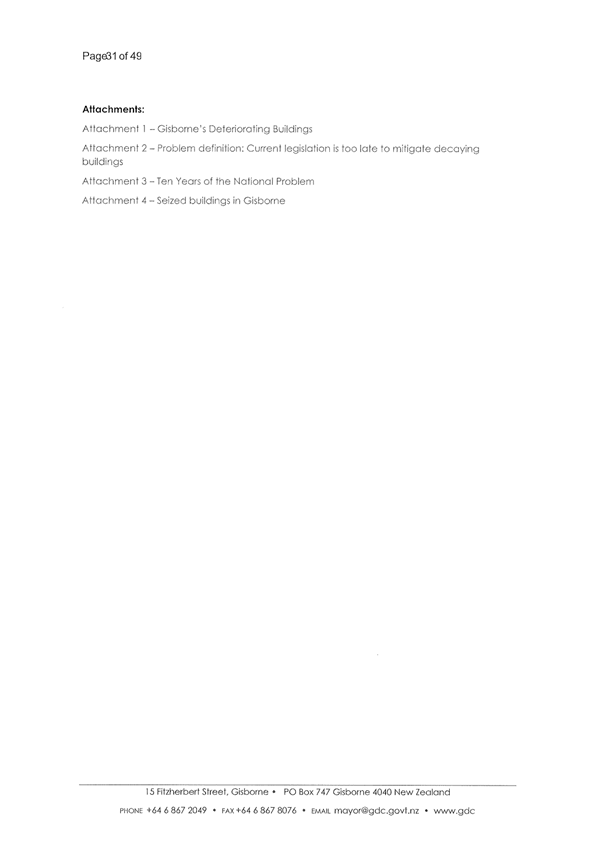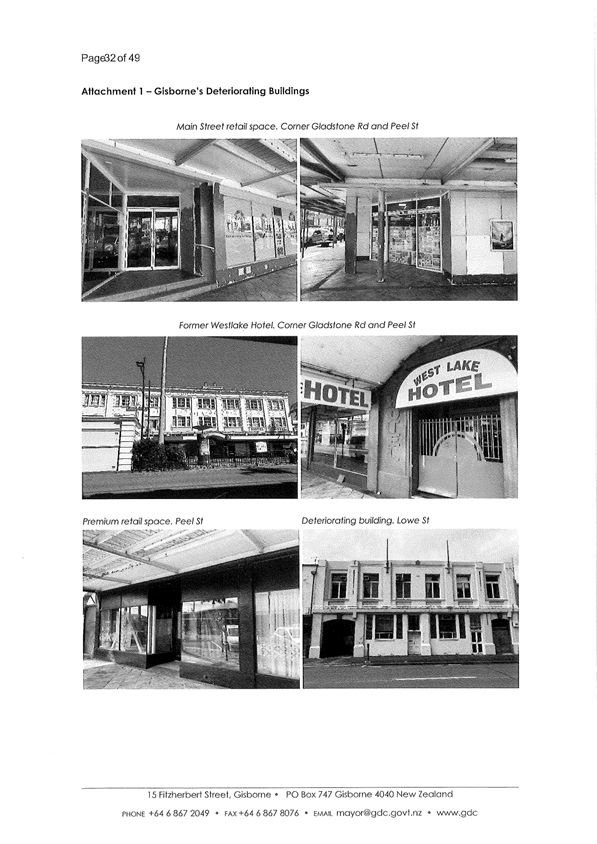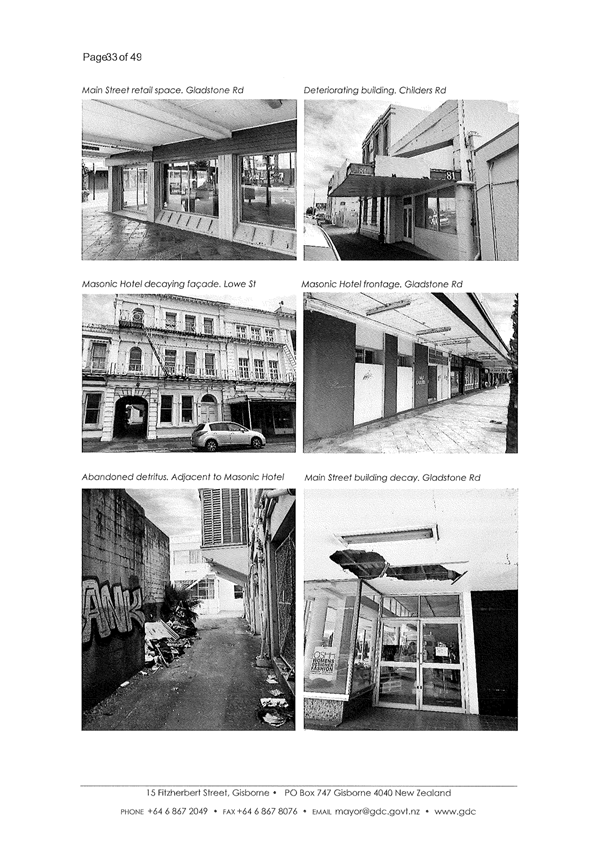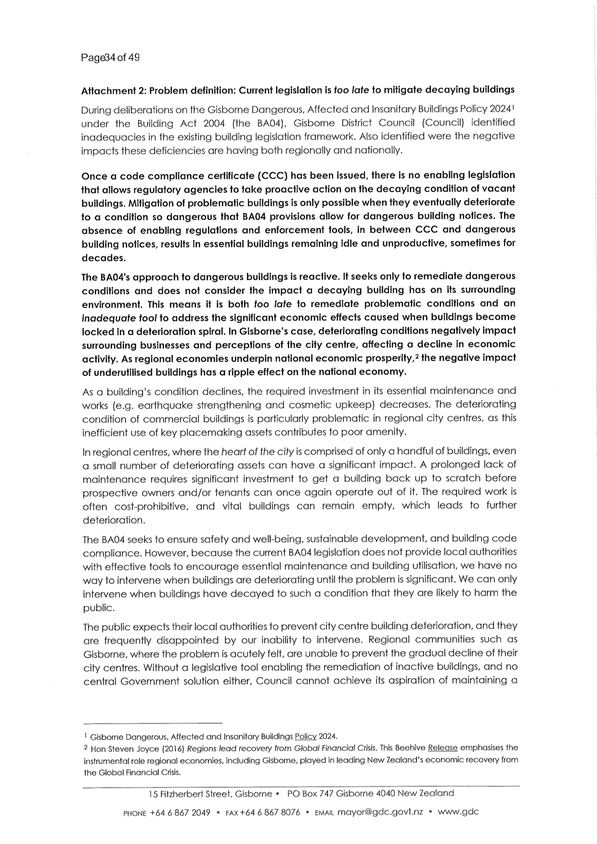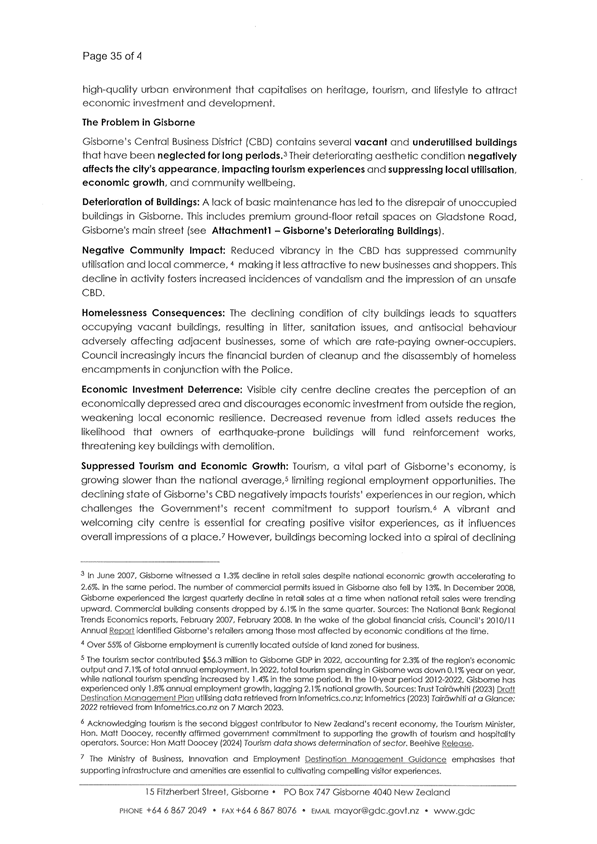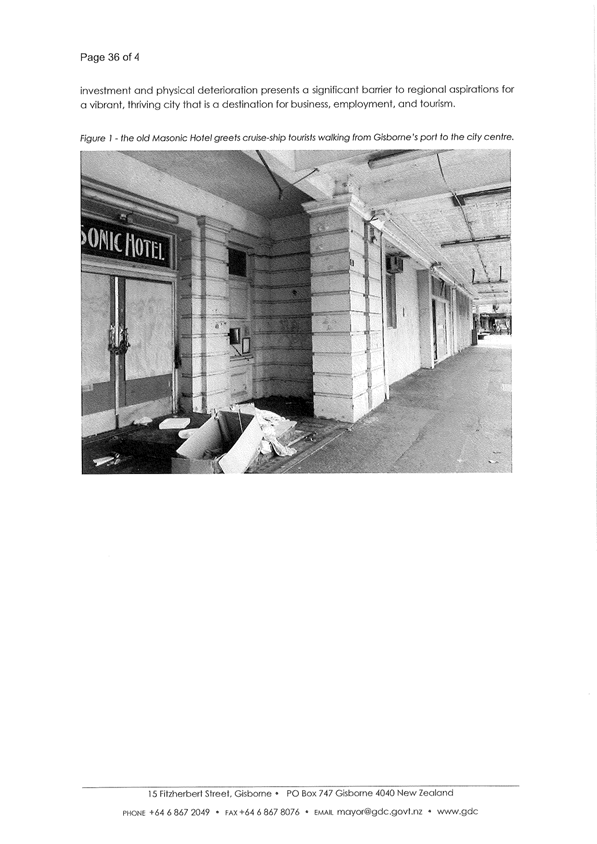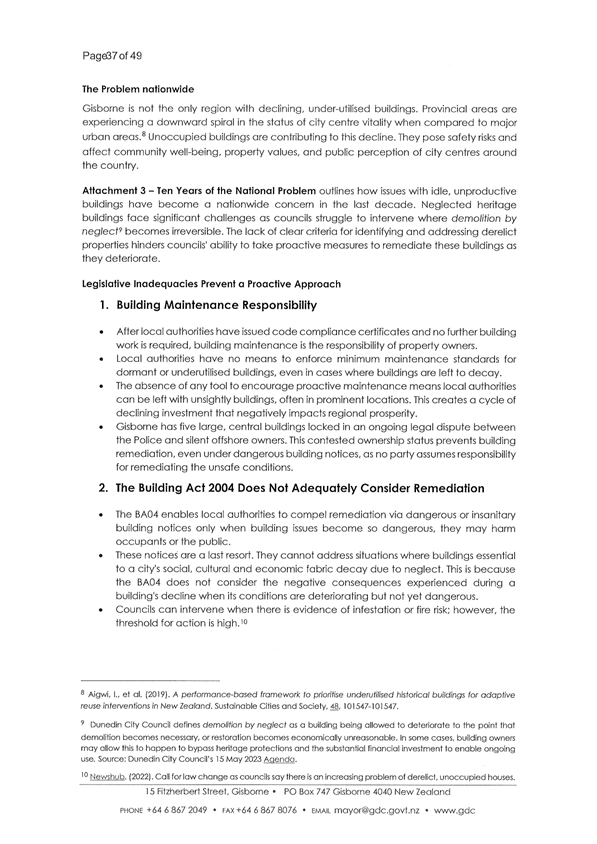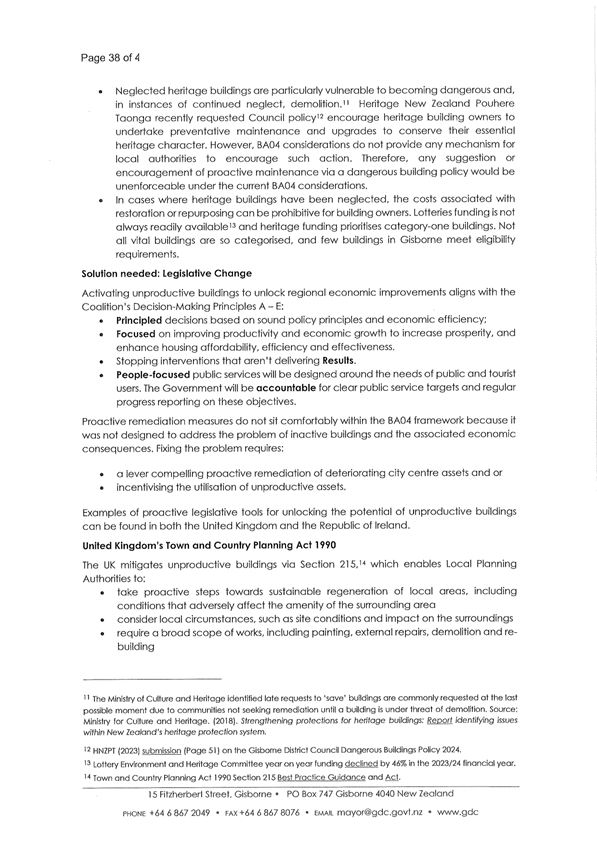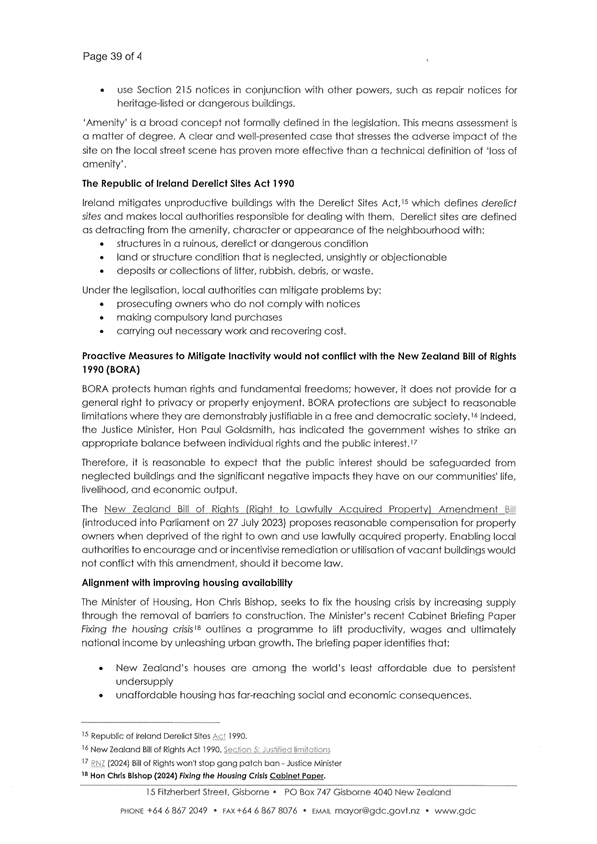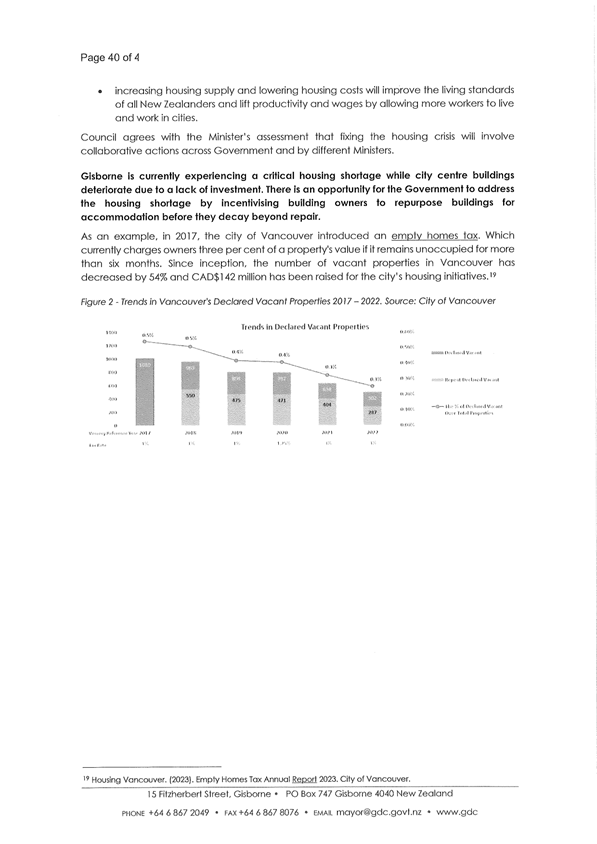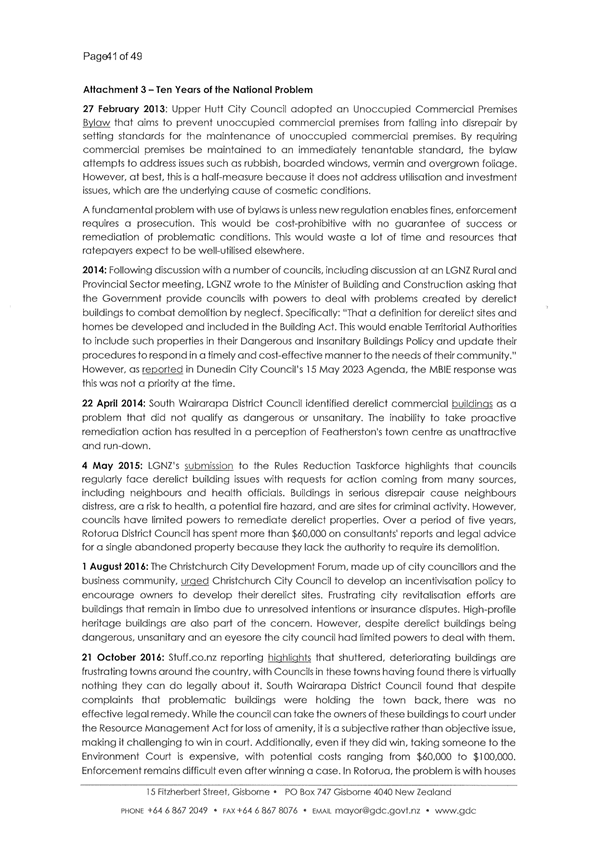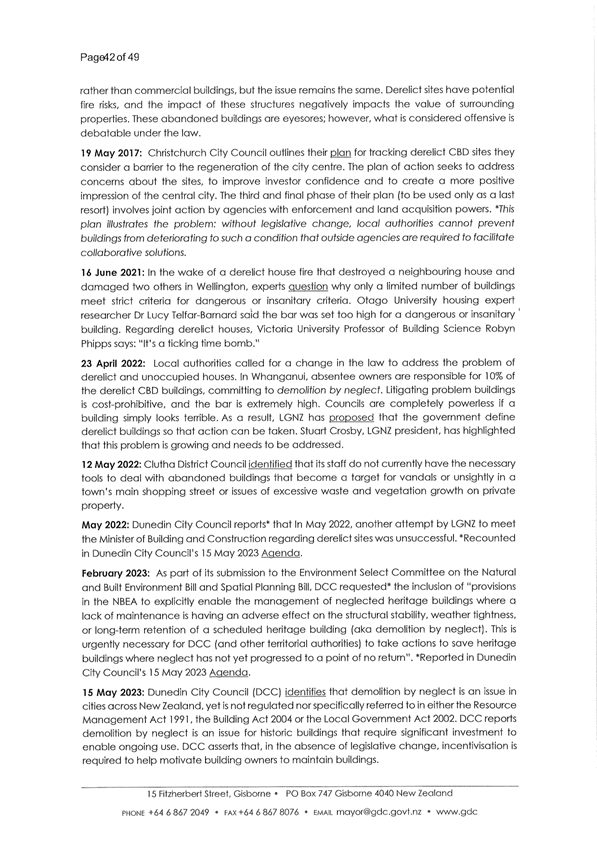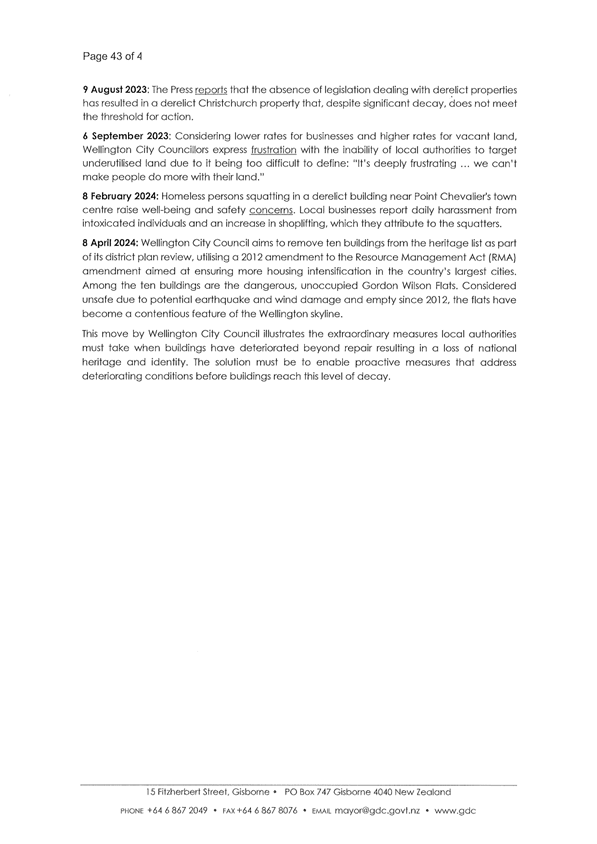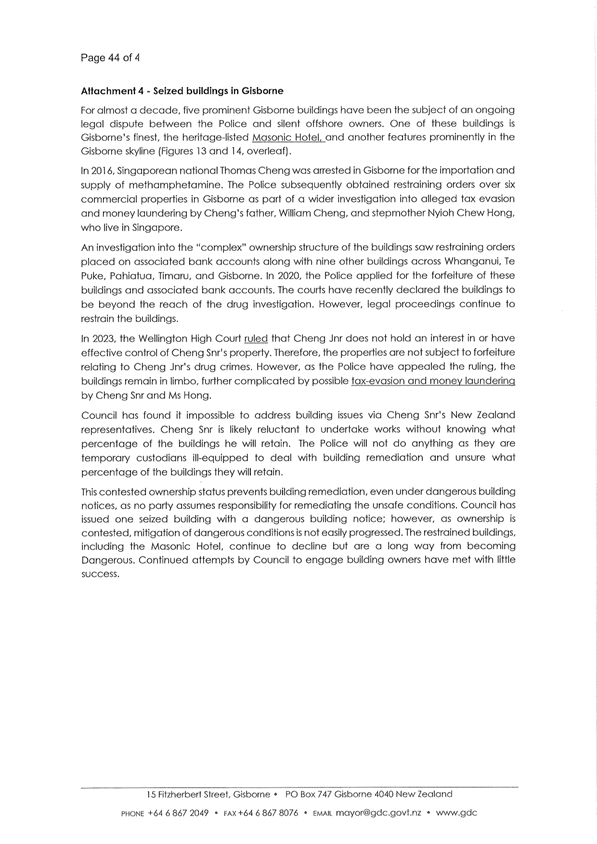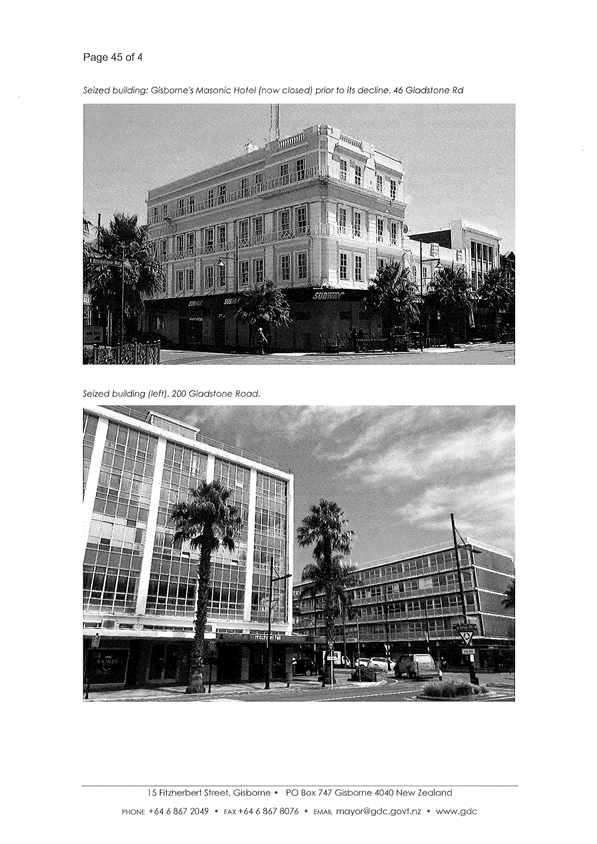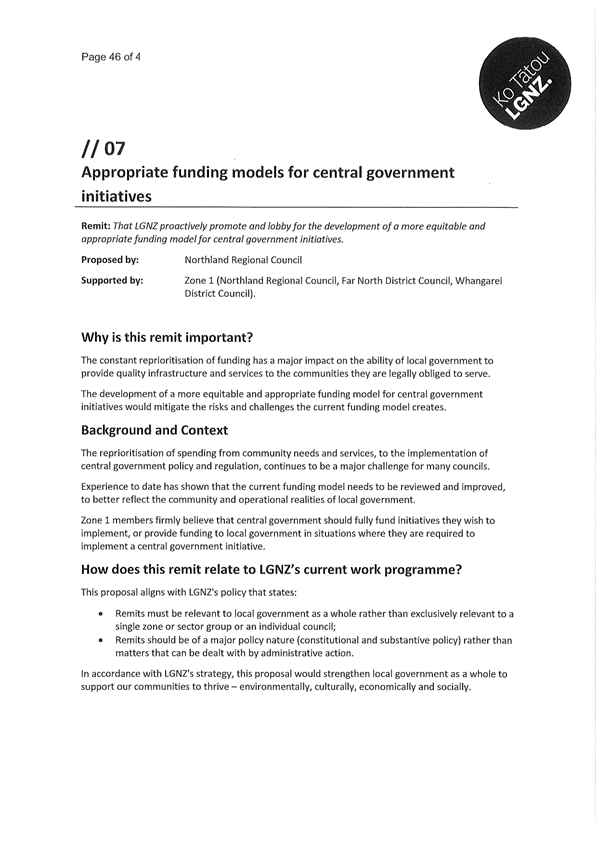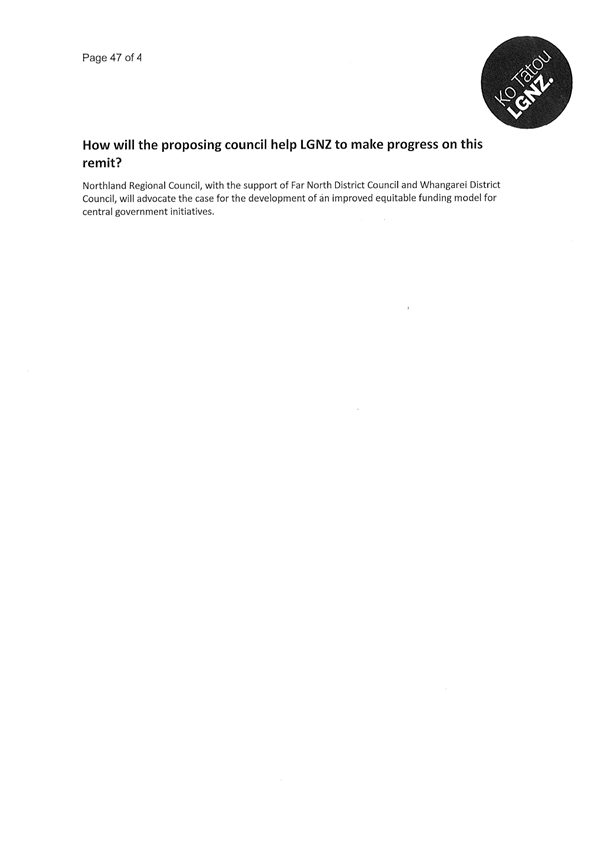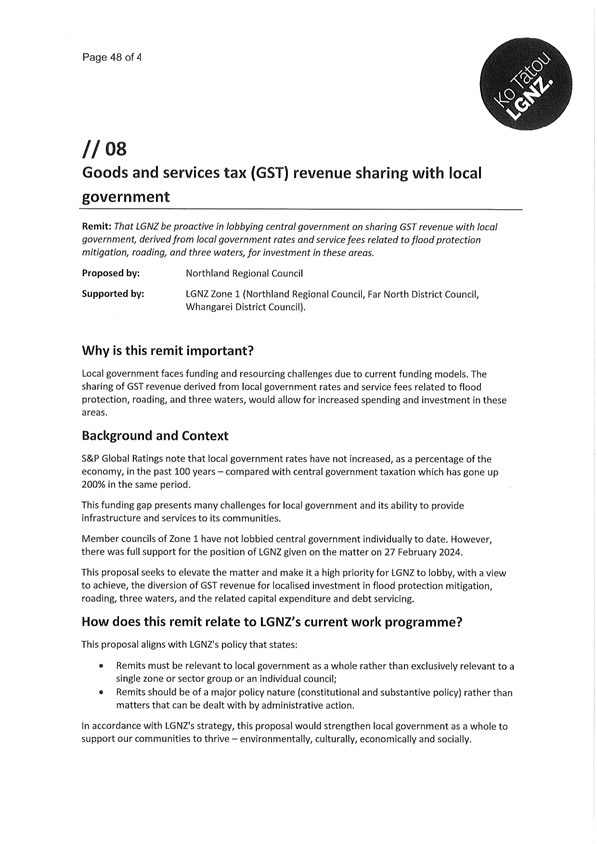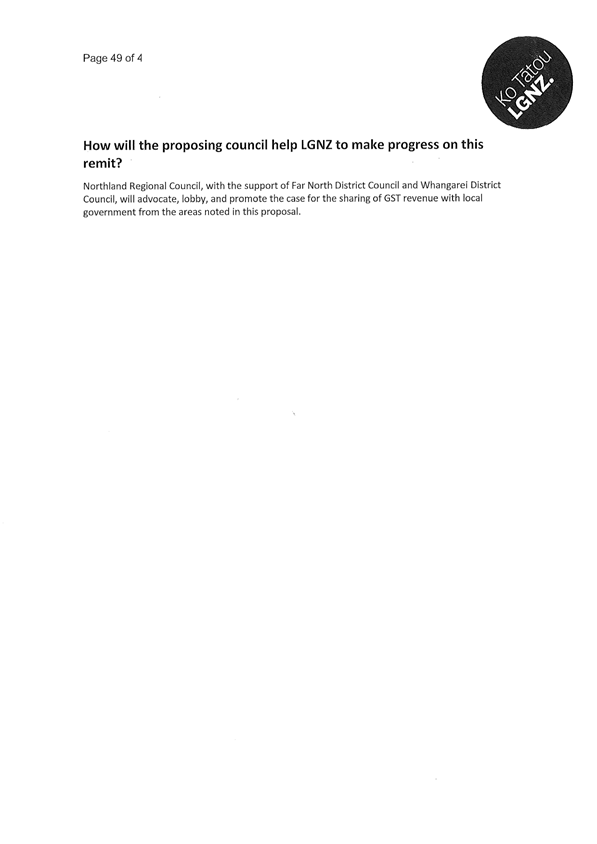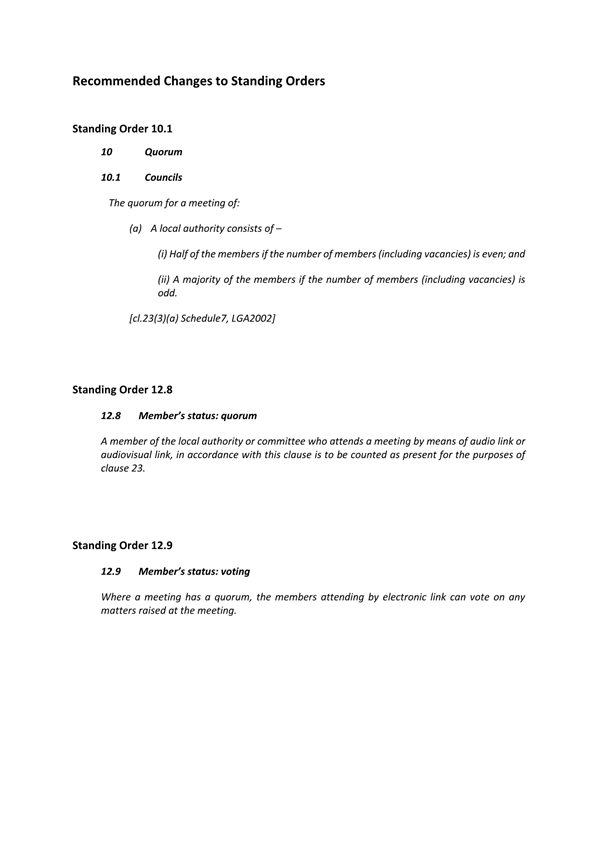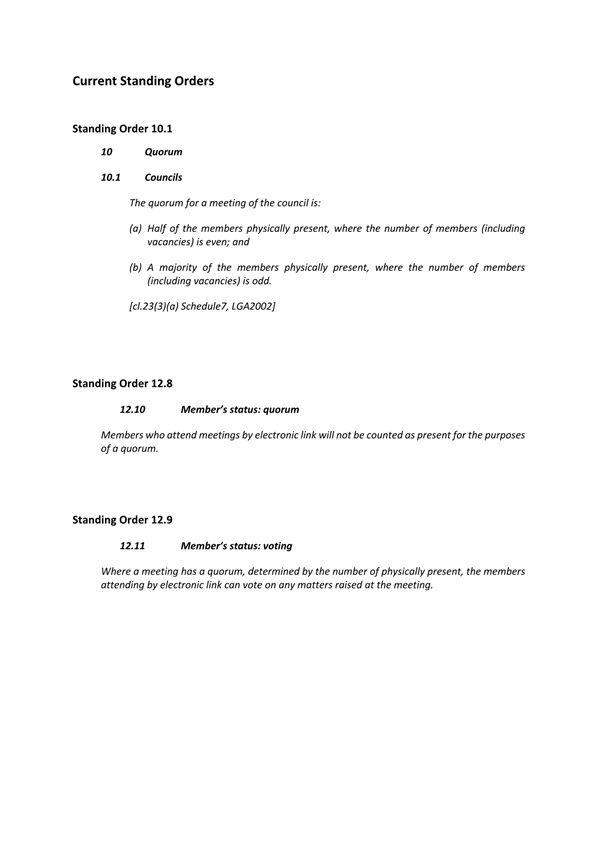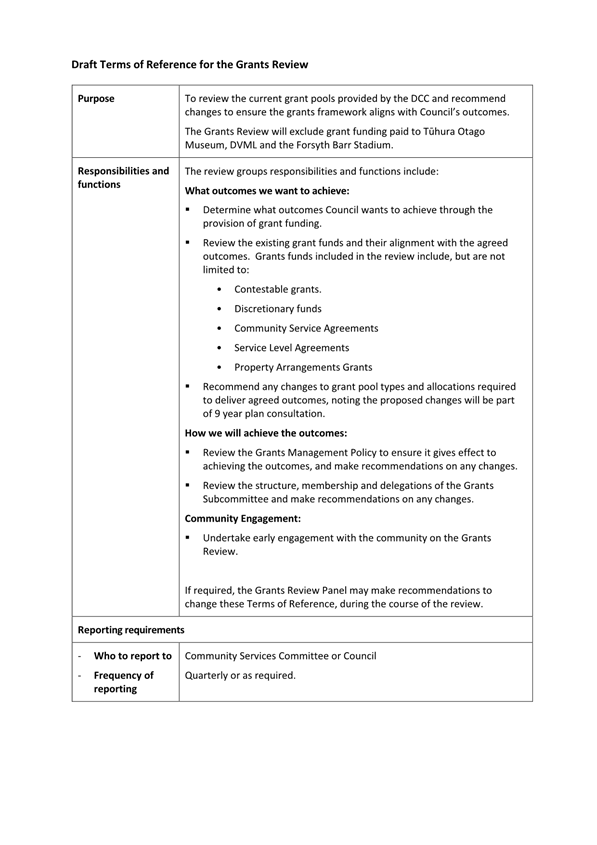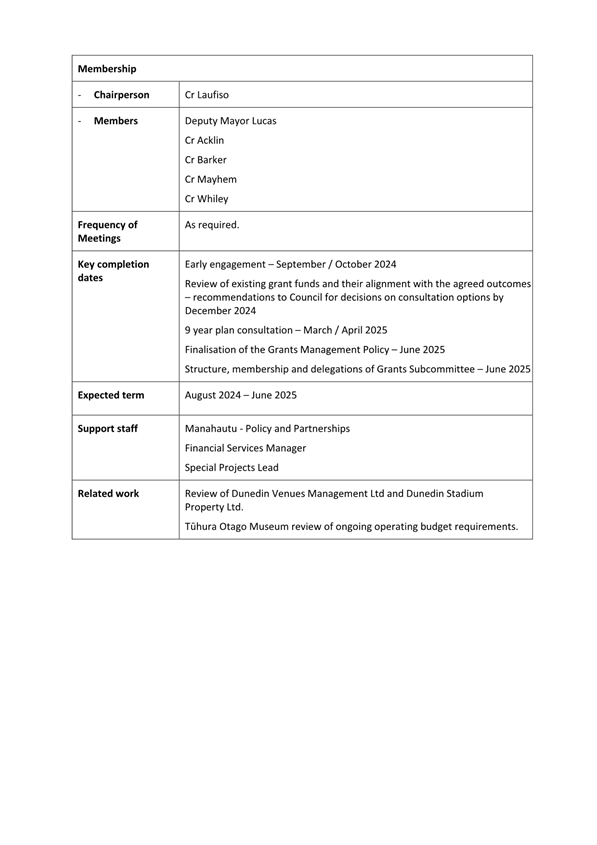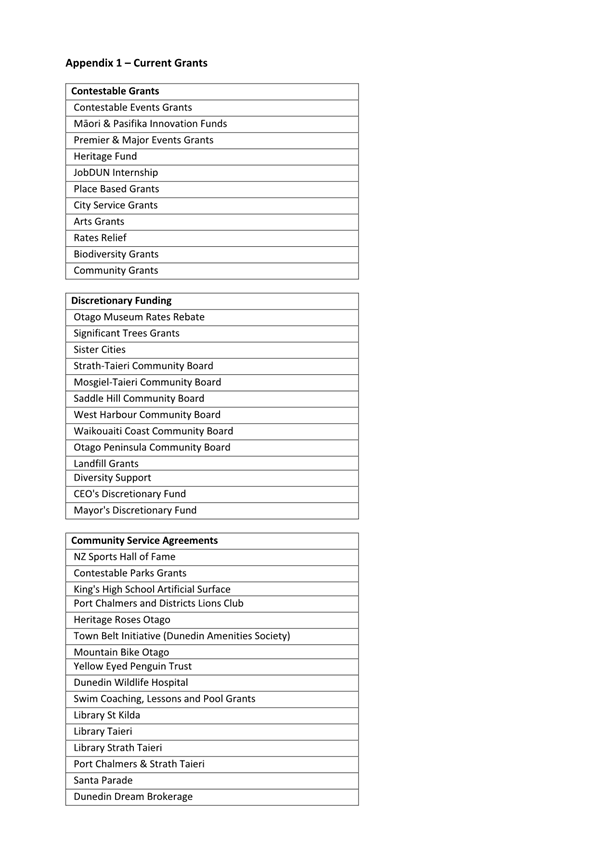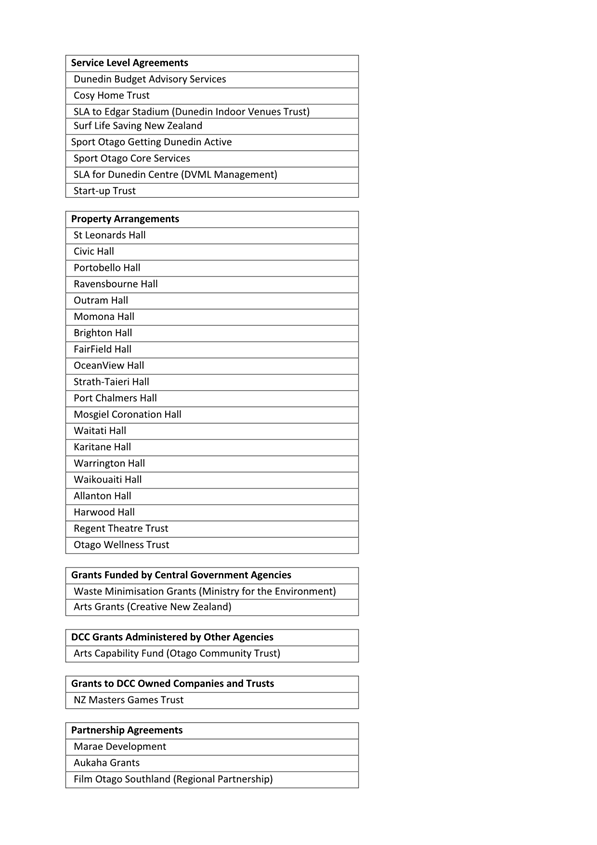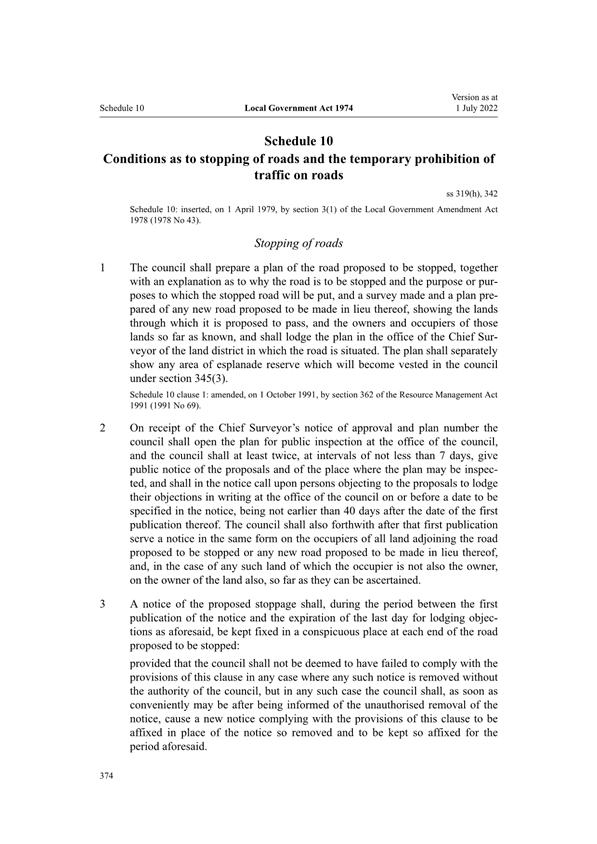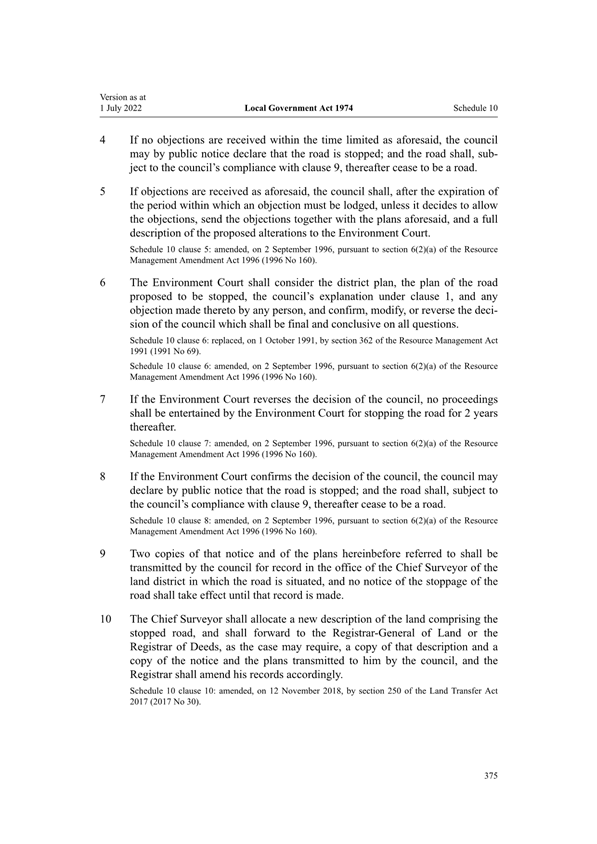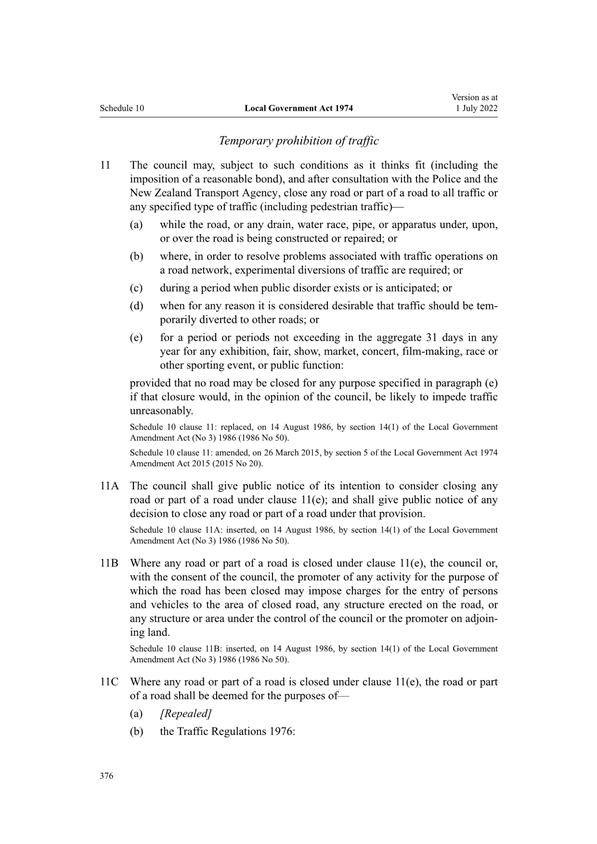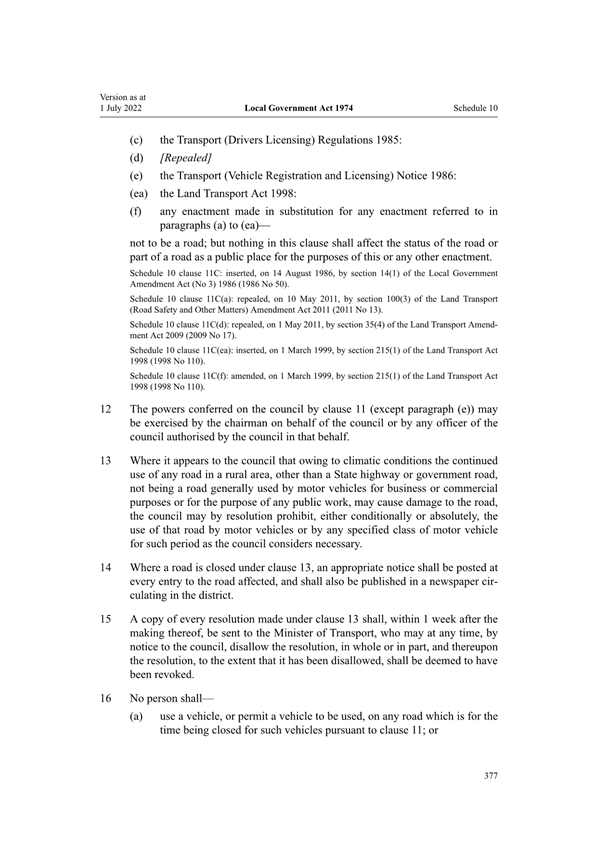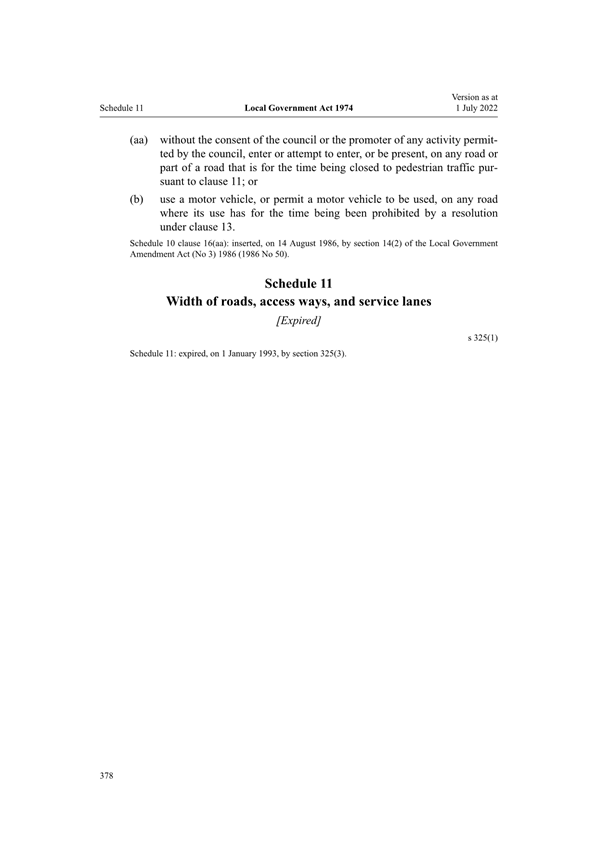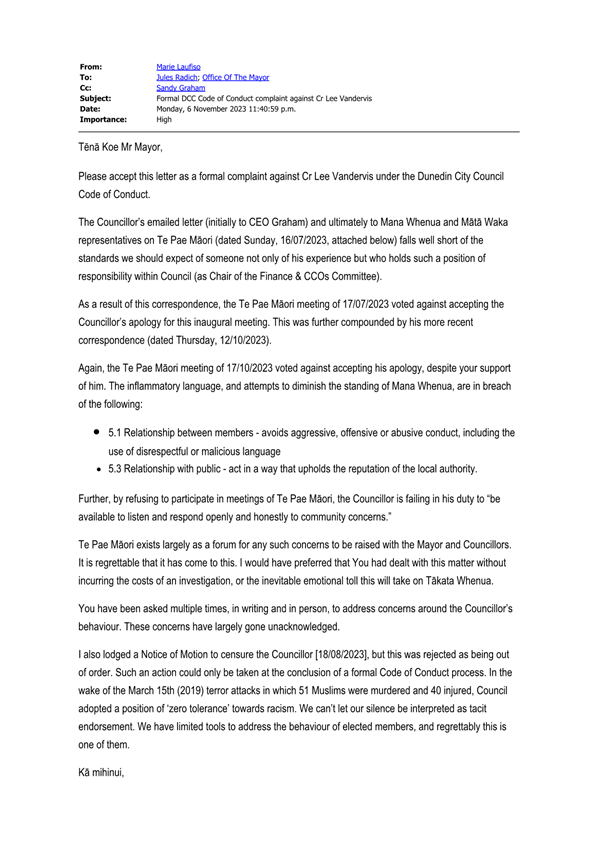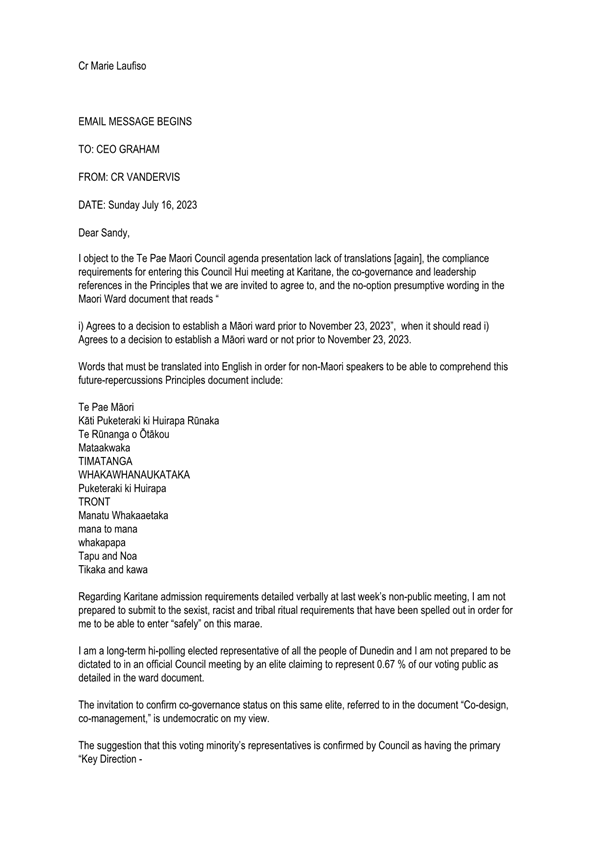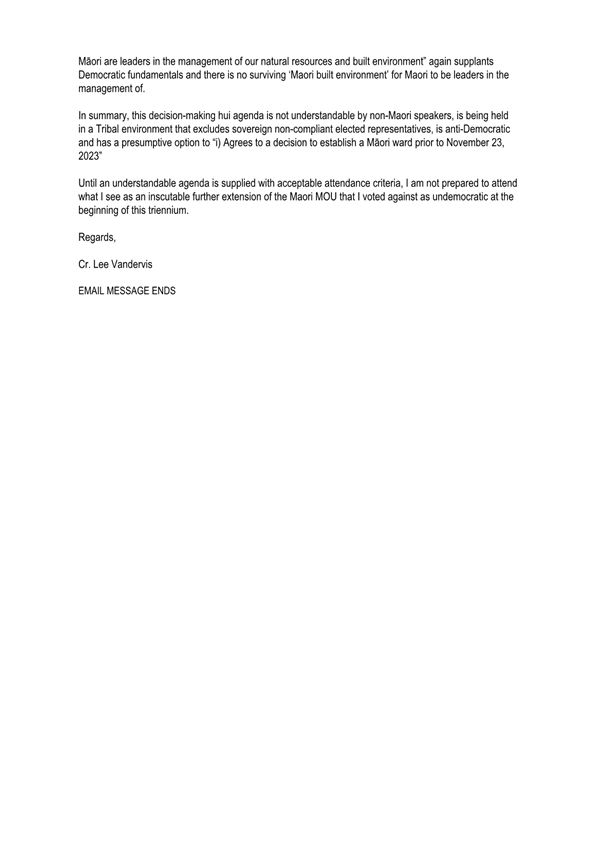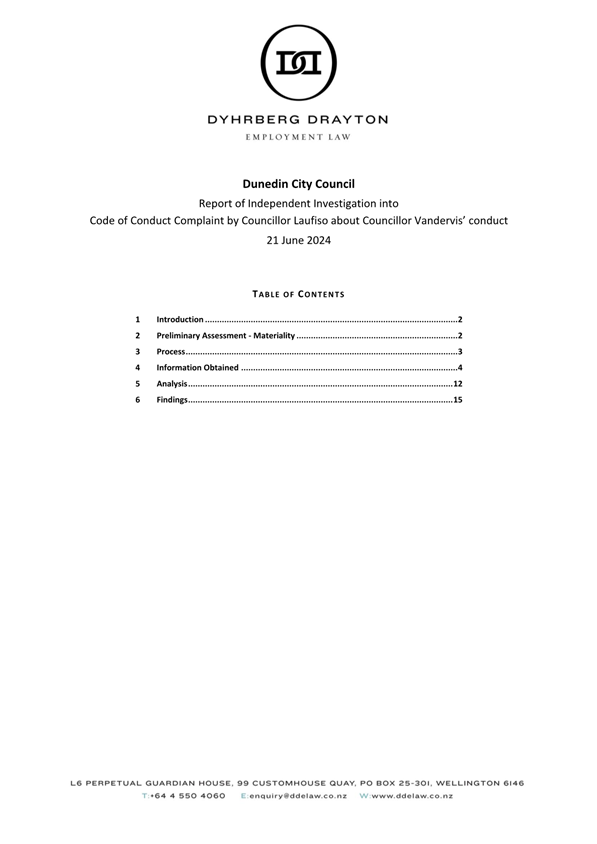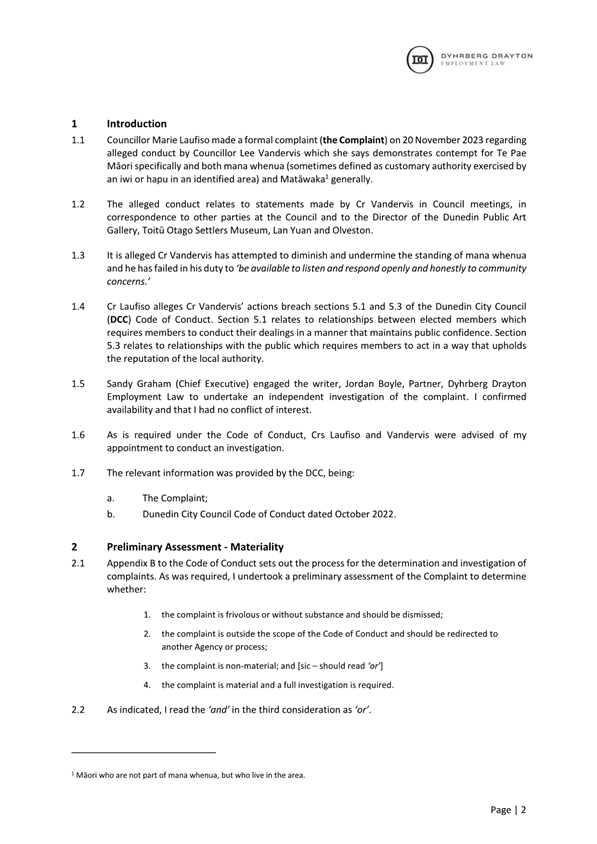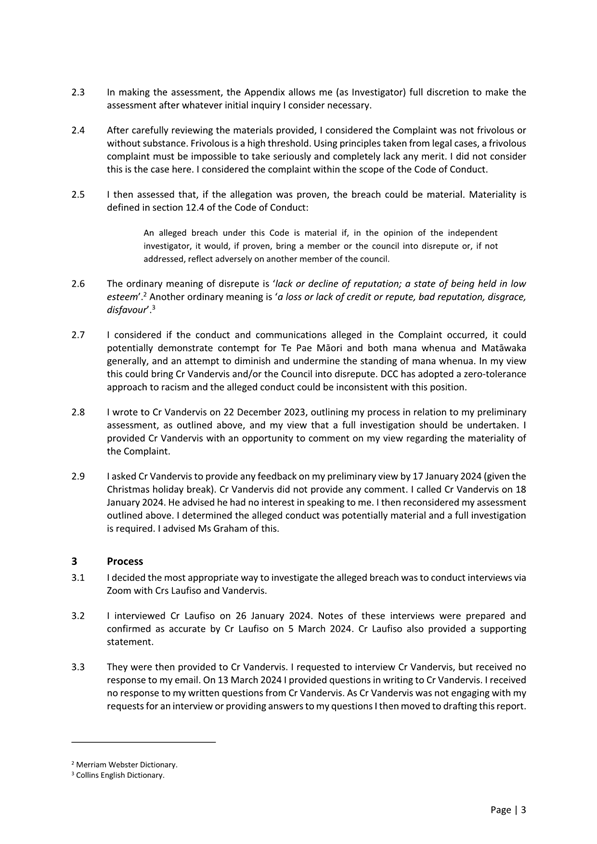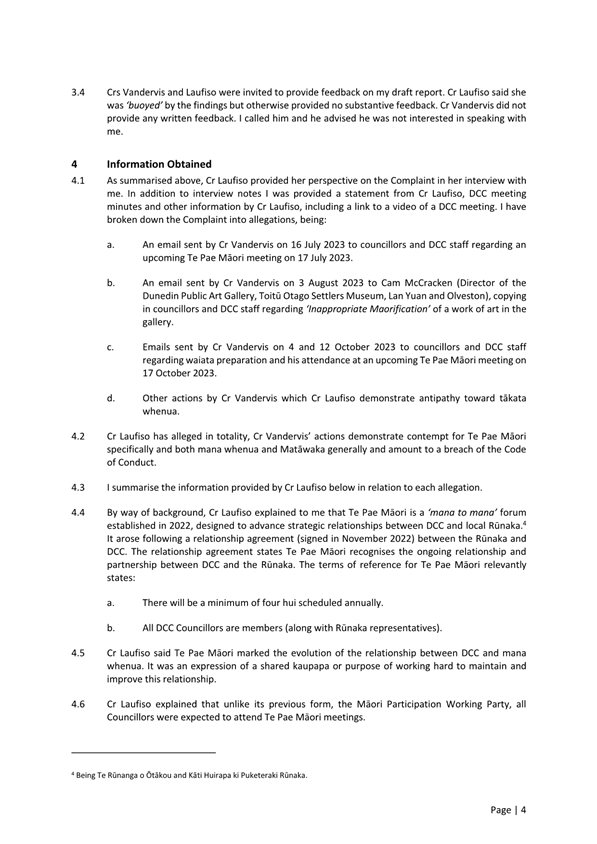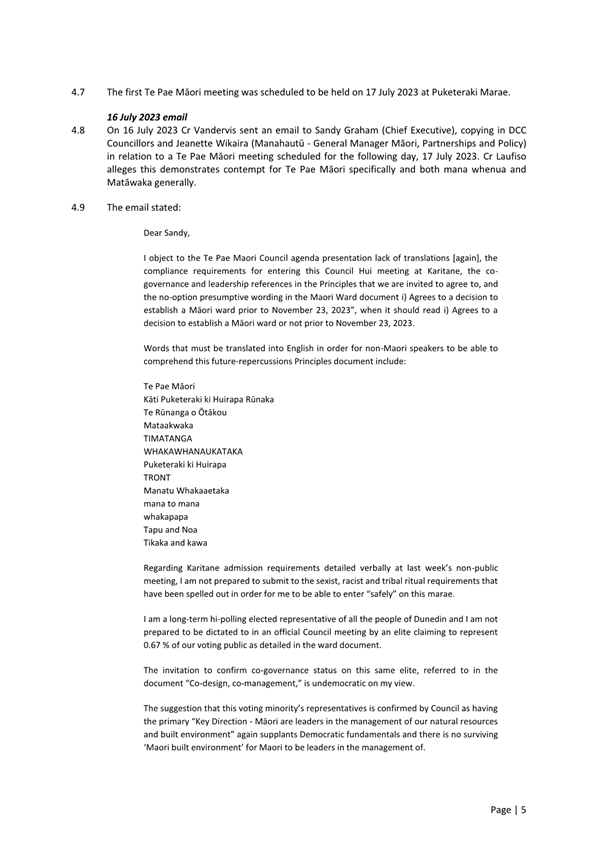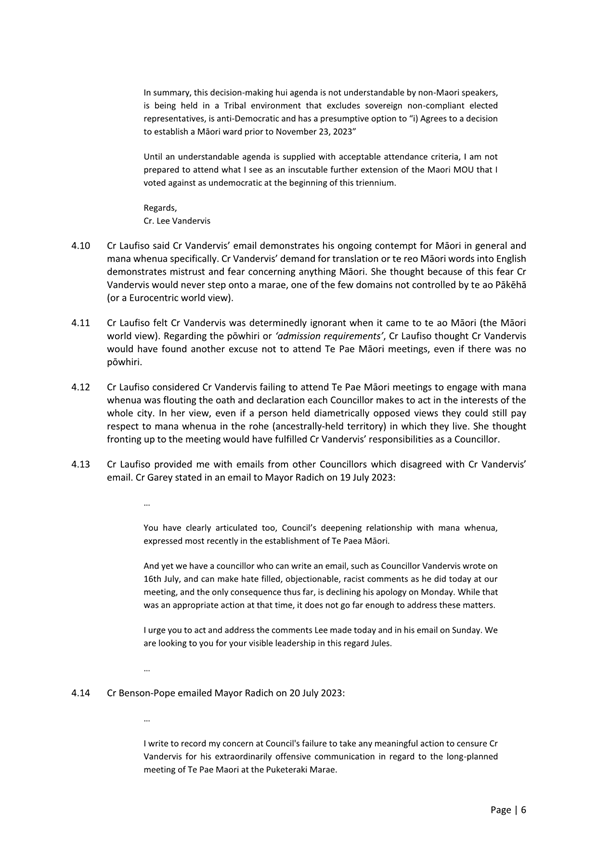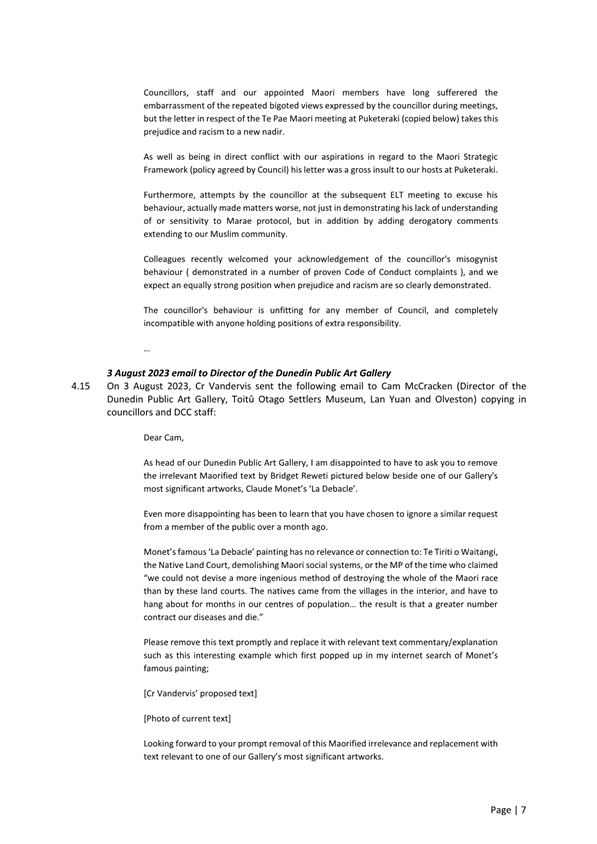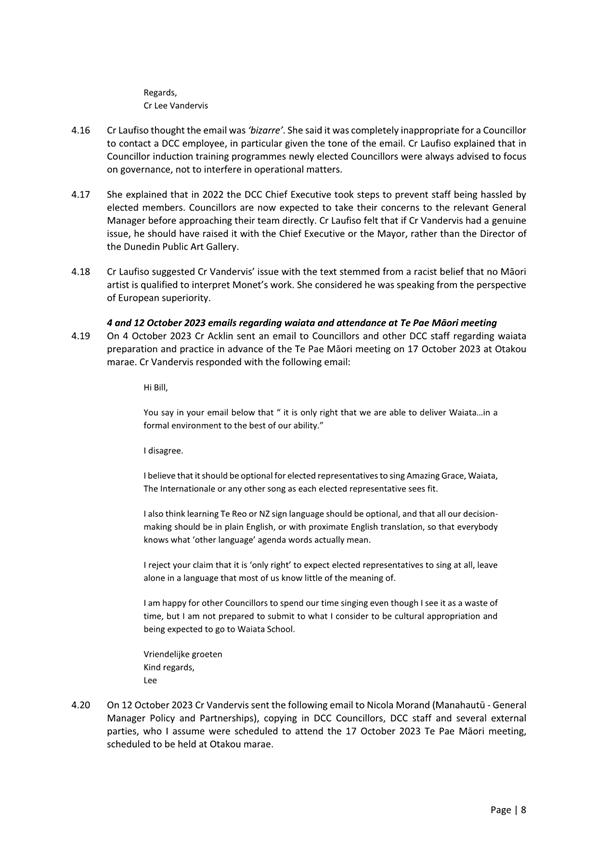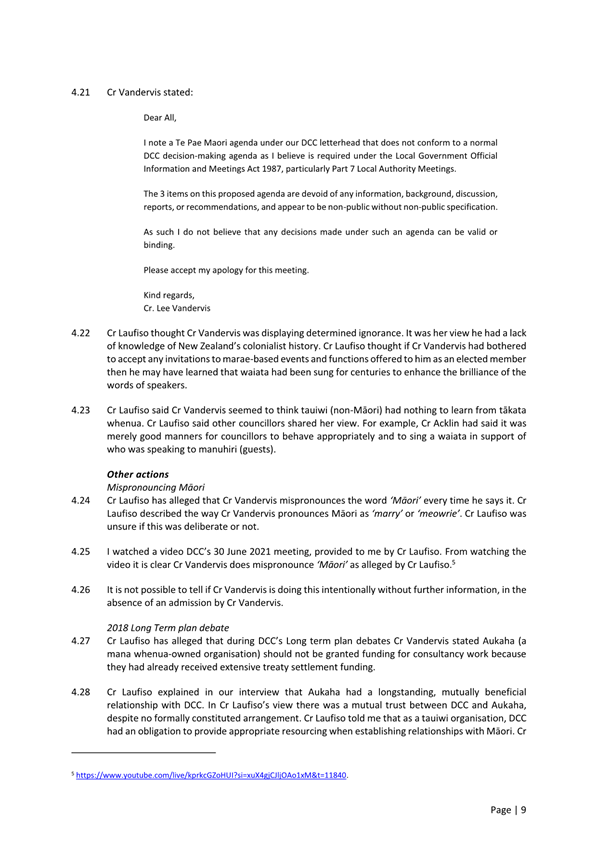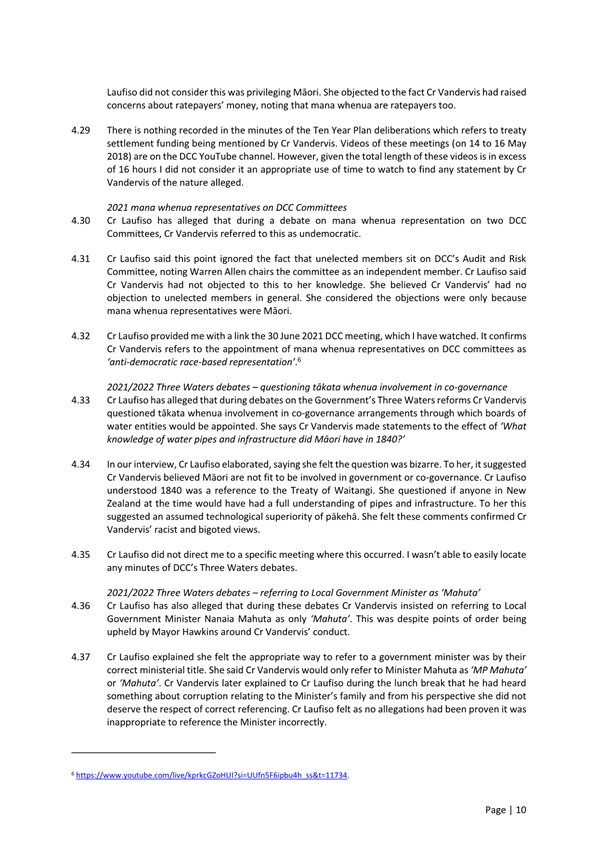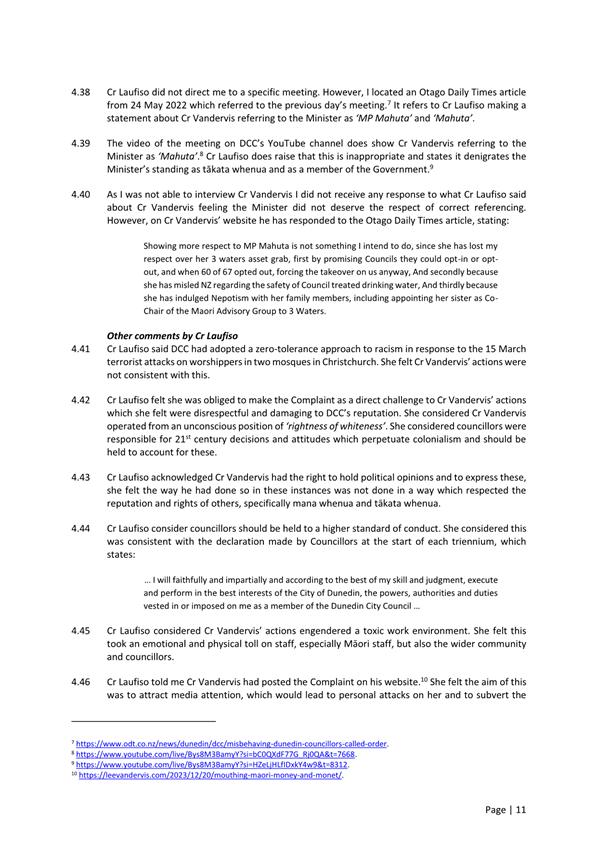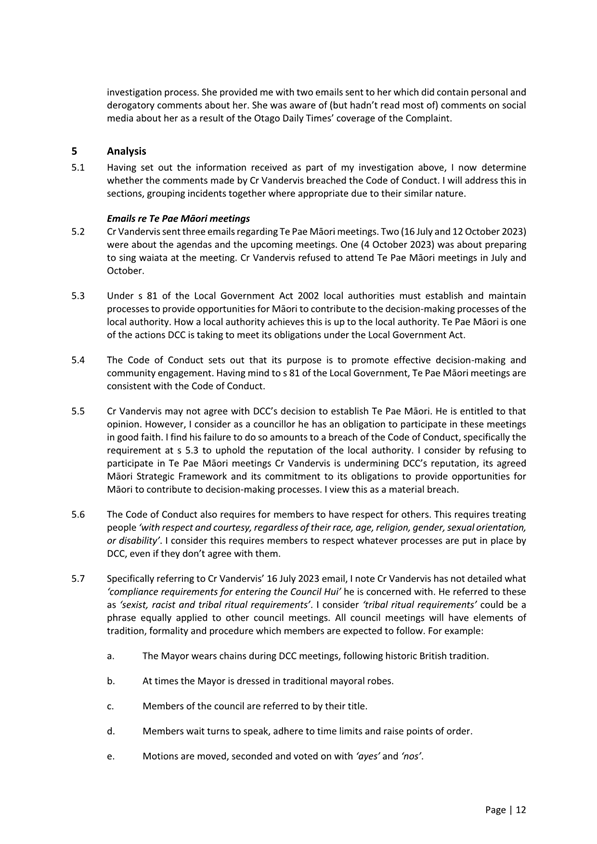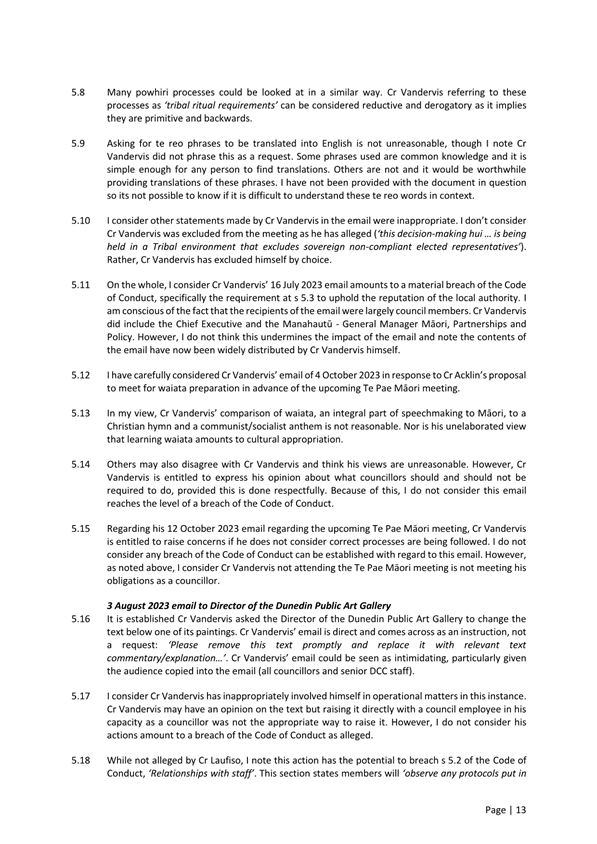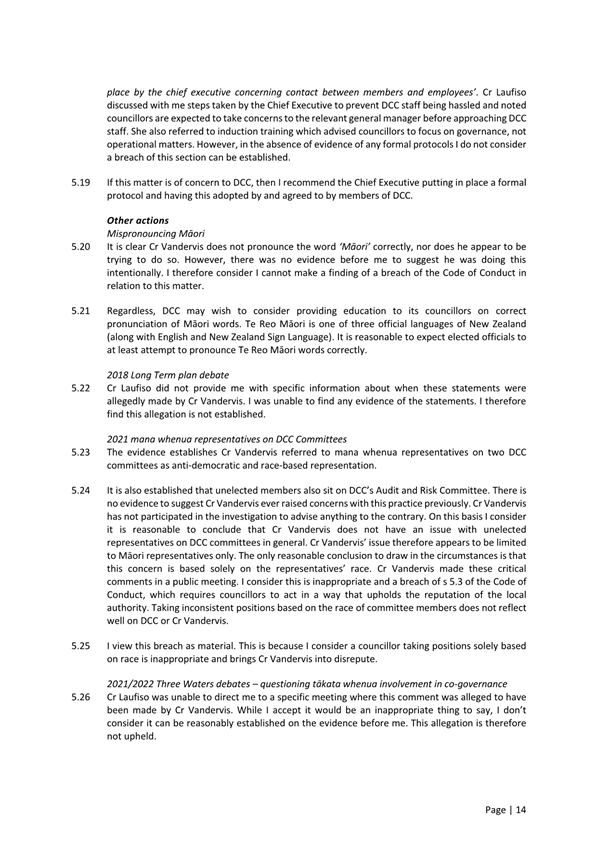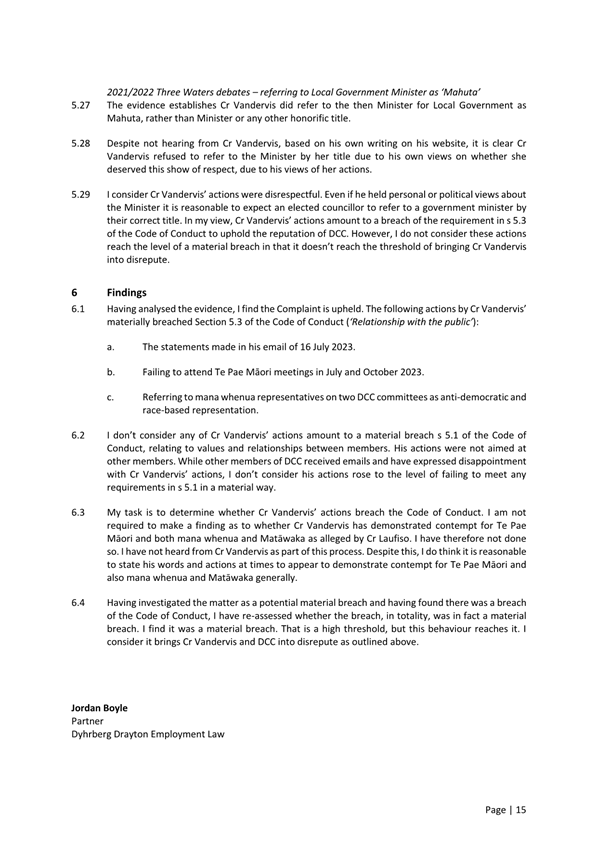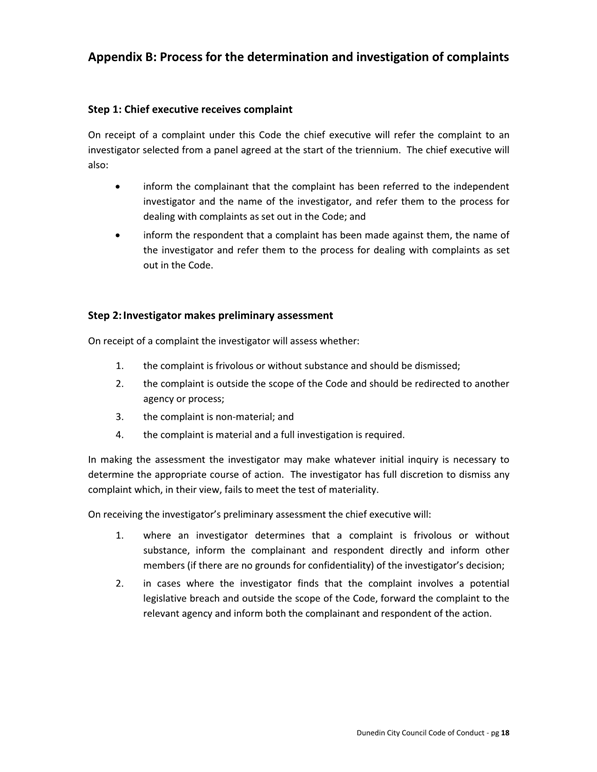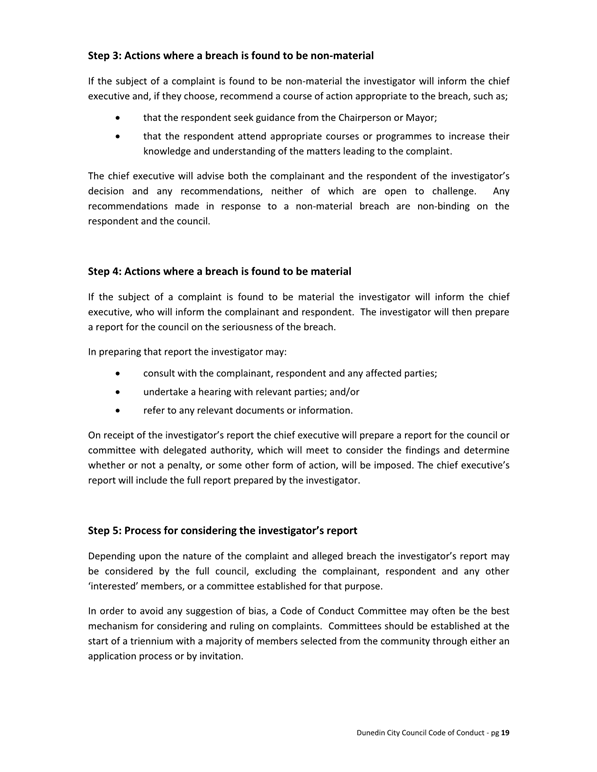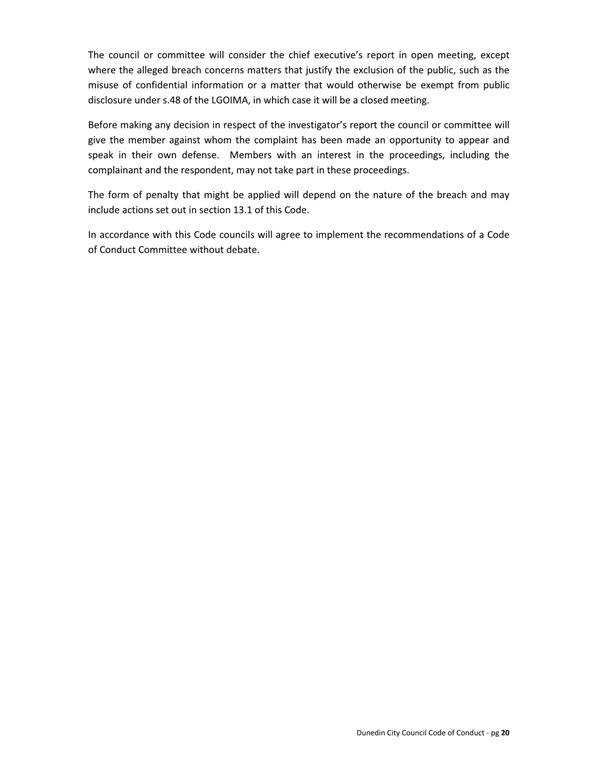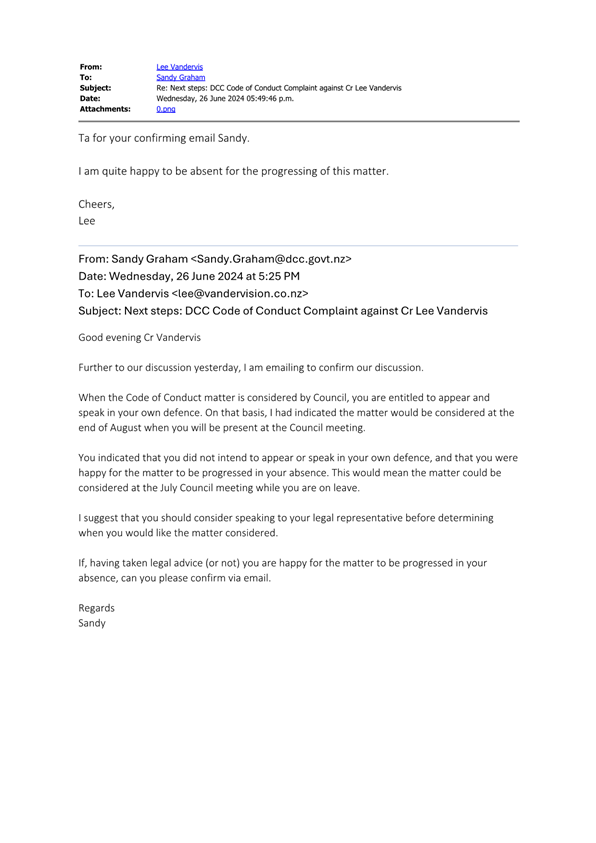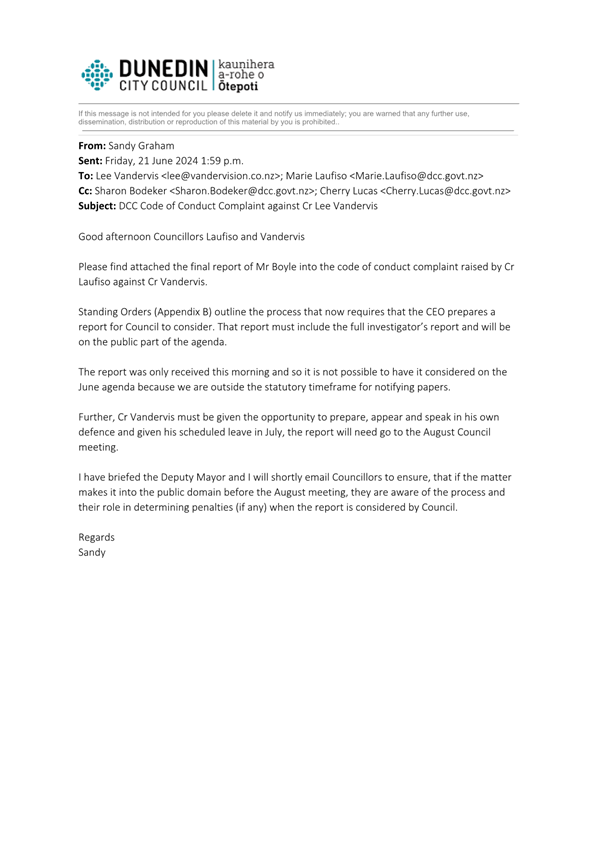|

|
Council
31 July 2024
|

Council
MINUTES
Minutes of an ordinary
meeting of the Dunedin City Council held in the Council Chamber, Dunedin Public
Art Gallery, The Octagon, Dunedin on Tuesday 25 June 2024, commencing at 10.00
am
PRESENT
|
Deputy Mayor
|
Cr Cherry Lucas
|
|
|
Members
|
Cr Sophie Barker
|
Cr David Benson-Pope
|
|
|
Cr Christine Garey
|
Cr Kevin Gilbert
|
|
|
Cr Carmen Houlahan
|
Cr Mandy Mayhem
|
|
|
Cr Marie Laufiso (via
zoom audio visual link)
|
|
|
Cr Jim O'Malley
|
Cr Lee Vandervis
|
|
|
Cr Steve Walker
|
Cr Brent Weatherall
|
|
|
Cr Andrew Whiley
|
|
|
IN ATTENDANCE
|
Sandy Graham (Chief Executive
Officer), Leanne Mash (Deputy CEO/General Manager Business and Community
Engagement), Carolyn Allan (Chief Financial Officer), Scott MacLean (General
Manager Climate and City Growth), David Ward (General Manager 3 Waters and
Transition), Mike Cartwright (Acting General Manager Corporate Services),
Hayden McAuliffe (Financial Services Manager), Anna Nilsen (Group Manager
Property), Jeanine Benson (Manager Transport), Chris Henderson (Group Manager
Waste & Environmental Solutions) and Heath Ellis (Acting Group Manager
Parks and Recreation)
|
Governance Support Officer Lynne
Adamson
1 OPENING
the meeting was opened with a karakia by Rev Greg Hughson on behalf
of the Dunedin Interfaith Council and the Dunedin Methodist Community.
Cr Kevin Gilbert entered the meeting
at 10.03 am.
1A Public
Forum
There were ten speakers for the
public forum.
a) Annual
Plan and Proposed Rates Increase
Mr Lyndon Weggery with Tony Cummings and Karen Anderson in
support, spoke on behalf of the Dunedin Area Citizens’ Association on the
Annual Plan and the proposed rates increase.
Mr Weggery responded to questions.
b) Proposed
Rates Increase
Robyn Vintiner spoke on behalf of the Reduced Rates Group
on the proposed rates rise and suggestions of the group on ways to reduce the
increase.
c) Notice
of Motion – Place Based Funding
James Sutherland and Jen Rogers circulated copies of the
“Valley Voice” and “A Snapshot – Connecting our
Community” newsletters which were distributed to the local
community. They spoke on behalf of the Sutherland Valley Project to the
Notice of Motion – Place Based Funding and the benefit of the funding to
their community.
Mr Sutherland and Ms Rogers responded to questions.
Moved (Deputy Mayor Cherry Lucas/Cr
Mandy Mayhem):
That the Council:
Extends
the public forum beyond 30 minutes.
Motion carried
d) Notice
of Motion – Place Based Funding
Robyn McLean spoke to the Notice of Motion – Place
Based Funding on behalf of the Ōtepoti Community Builders and the
importance of community led development and funding support.
Ms McLean responded to questions.
e) Notice
of Motion – Place Based Funding
Rebecca Costelloe and Robin Thomas circulated copies of
the “Strath Taieri Connect Charitable Trust – Community LED
Development Snapshot”, circulated to the community and spoke on behalf of
the Strath Taieri Connect Charitable Trust to the Notice of Motion –
Place Based Funding. They explained the work of the trust and the
importance of funding to their work.
Mr Thomas and Ms Costelloe responded to questions.
Cr Carmen Houlahan left the meeting
at 10.58 am.
f) Notice
of Motion – Place Based Funding
Melanie McNatty, Greater Green Island Community Network
spoke to the Notice of Motion – Place Based Funding and the benefit of
the funding to the community.
Cr Carmen Houlahan returned to the
meeting at 11.02 am.
Ms
McNatty responded to questions.
g) Homelessness
Sandra Lotus spoke on behalf of the Reduce Rates Group and
commented that a concern for the group was the homelessness in the city.
She requested Council look at Council owned properties with a view to provide
accommodation for these people.
Ms Lotus responded to questions.
h) Notice
of Motion – Place Based Funding
Kirsten Gibson, South Dunedin Community Network circulated
copies of the “Lowdown” newsletter which was distributed to the
local community and spoke on the Notice of Motion – Place Based
Funding. She commented on the function of the South Dunedin Community
Network.
Ms Gibson responded to questions.
i) Annual
Plan and Rates Increase
Pamela Taylor spoke on the annual plan and the proposed
rates increase.
Ms Taylor responded to questions.
j) Safety
and accessibility issues on George Street
Elliot Weir supported the community groups and advocated
for the continuation of the funding at the increased level. He then spoke
about the empty shops in George Street and the safety and accessibility issues
of the street and problems with after hours parking.
Mr Weir responded to questions.
Moved (Deputy Mayor Cherry Lucas/Cr
Mandy Mayhem.
That the Council:
Adjourns
the meeting for 5 minutes.
Motion
carried
The meeting adjourned at 11.50 am and
resumed at 11.59 am.
|
2 Apologies
|
|
|
Moved (Deputy Mayor Cherry Lucas/Cr Mandy Mayhem):
That the Council:
Accepts the apologies
from Mayor Jules Radich and Cr Bill Acklin for absence, Cr Kevin Gilbert for
lateness and Cr Christine Garey for possible early departure.
Motion
carried (CNL/2024/107)
|
|
3 Confirmation
of agenda
|
|
|
Moved (Deputy Mayor Cherry Lucas/Cr Kevin Gilbert):
That the Council:
Confirms the agenda
without addition or alteration.
Motion
carried (CNL/2024/108)
|
4 Declarations
of interest
Members were
reminded of the need to stand aside from decision-making when a conflict arose
between their role as an elected representative and any private or other
external interest they might have.
Cr Kevin Gilbert noted that he had
provided an update to his Interest Register.
|
|
Moved (Deputy Mayor Cherry Lucas/Cr Mandy Mayhem):
That the Council:
a) Amends the Elected Members' Interest Register; and
b) Amends the proposed management plan for Elected Members'
Interests.
c) Notes the proposed management plan for the Executive
Leadership Team’s Interests.
Motion
carried (CNL/2024/109)
|
Cr Mandy Mayhem entered the meeting at 12.01 pm.
5 Confirmation
of Minutes
|
5.1 Ordinary
Council meeting - 8 May 2024
|
|
|
Moved (Deputy Mayor Cherry Lucas/Cr Sophie Barker):
That the Council:
a) Confirms the public part of the minutes of the
Ordinary Council meeting held on 08 May 2024 as a correct record.
Motion carried (CNL/2024/110)
|
|
5.2 Ordinary
Council meeting - 14 May 2024
|
|
|
Moved (Deputy Mayor Cherry Lucas/Cr Sophie Barker):
That the Council:
a) Confirms the public part of the minutes of the
Ordinary Council meeting held on 14 May 2024 as a correct record.
Motion
carried (CNL/2024/111)
|
|
5.3 Ordinary
Council meeting - 28 May 2024
|
|
|
Moved (Deputy Mayor Cherry Lucas/Cr Kevin Gilbert):
That the Council:
a) Confirms the public part of the minutes of the
Ordinary Council meeting held on 28 May 2024 with the following
correction: That Crs Steve Walker and Andrew Whiley withdrew from Item
9 – DCC Submission on the Dunedin Casino Limited Application for Licence
Renewal.
Motion
carried (CNL/2024/112)
|
Reports
|
6 Actions
From Resolutions of Council Meetings
|
|
|
A report from Civic provided
an update on the progress of implementation of resolutions made at Council
meetings.
|
|
|
The Chief Executive Officer (Sandy Graham) spoke to the
report. In response to a question on letters sent to Central
Government, Ms Graham advised that there had been a response from the Hon
Erica Stanford on the establishment of a special visa, which had been
circulated to Councillors. She noted that, to date, a response had not
been received from the Hon Louise Upton on the immediate reversal of changes
made to the Purchasing Rules and Equipment Modifications and that consistent
access be given to the flexible disability service.
Ms Graham clarified the process for the commitment
to stop the use of single use cups in Council venues.
|
|
|
Moved (Deputy Mayor Cherry Lucas/Cr Steve Walker):
That the Council:
a) Notes
the Open and Completed Actions from resolutions of Council meetings.
Motion
carried (CNL/2024/113)
|
|
7 Forward
Work Programme for Council - April 2024
|
|
|
A report from Civic provided
the updated forward work programme for the 2023-2024 year.
|
|
|
The Chief Executive Officer (Sandy Graham) spoke to the
report and responded to questions.
|
|
|
Moved (Deputy Mayor Cherry Lucas/Cr Steve Walker):
That the Council:
a) Notes the updated Council forward work programme.
Motion
carried (CNL/2024/114)
|
|
8 Submission
on the Resource Management (Freshwater and Other Matters) Amendment Bill
|
|
|
A report from Corporate
Policy and City Development sought approval of a draft submission to the
Government’s Primary Production Committee on the Resource Management
(Freshwater and Other Matters) Amendment Bill.
|
|
|
The General Manager, 3 Waters and Transition (David Ward)
and Principal Policy Advisor (Paul Freeland) spoke to the submission and
responded to questions on the submission.
|
|
|
Moved (Cr Jim O'Malley/Cr Kevin Gilbert):
That the Council:
a) Approves the DCC submission on “the
Resource Management (Freshwater and Other Matters) Amendment Bill”.
b) Authorises the Mayor or his delegate to speak to
the submission at hearings.
c) Authorises the Chief Executive to make any minor
editorial amendments to the submission.
Division
The Council voted by division
For: Crs
Sophie Barker, David Benson-Pope, Christine Garey, Kevin Gilbert, Carmen
Houlahan, Marie Laufiso, Cherry Lucas, Mandy Mayhem, Jim O'Malley, Steve
Walker, Brent Weatherall and Andrew Whiley (12).
Against: Cr
Lee Vandervis (1).
Abstained: Nil
The division
was declared CARRIED by 12 votes to 1
Motion
carried (CNL/2024/115)
|
|
9 Financial
Report - Period ended 30 April 2024
|
|
|
A report
from Finance provided the financial results for the period ended 30 April
2024 and the financial position as at that date.
|
|
|
The Chief Financial Officer (Carolyn Allan) and Financial
Services Manager (Hayden McAuliffe) spoke to the report and responded to
questions.
|
|
|
Moved (Cr Lee Vandervis/Deputy Mayor Cherry Lucas):
That the Council:
a) Notes the Financial Performance for the period ended 30
April 2024 and the Financial Position as at that date.
Motion
carried (CNL/2024/116)
|
|
10 Proposed
Event Road Closures - July and September 2024
|
|
|
A report from Transport
sought approval for temporary road closure applications relating to the
following events:
a) All
Blacks vs. England - Stadium
b) All
Blacks vs. England – Octagon and George Street
c) All
Blacks vs. England – Forth Street
d) 2024
Emerson’s Dunedin Marathon
|
|
|
The General Manager Climate and City Growth (Scott
MacLean) spoke to the report and responded to questions.
|
|
|
Moved (Cr Lee Vandervis/Cr Andrew Whiley):
That the Council:
a) Resolves to close the roads detailed below
(pursuant to Section 319, Section 342, and Schedule 10 clause 11(e) of the
Local Government Act 1974 (LGA 1974)):
i) All
Blacks vs. England - Stadium
|
Saturday 6 July 2024
|
4.00pm to midnight
|
· Anzac Avenue, between State Highway 88 and
Ravensbourne Road
· Albany Street, between Forth Street and Anzac
Avenue
· Union Street, between Harbour Terrace and Anzac
Avenue
· Butts Road, entire length
· Dundas Street, between Harbour Terrace and Butts
Road
· Logan Park Drive, entire length
· Minerva Street, from Anzac Avenue to Parry Street
West
· Parry Street West, from Minerva Street to end
· Riego Street, from Albany Street to Forth Street
|
|
7.00pm to midnight
|
· Frederick Street, between Harrow Street and Anzac
Avenue
· Ward Street overbridge, from Ward Street to Anzac
Avenue (Emerson Brewery side)
|
Please
be advised that all vehicles parked in the signposted no parking areas from
2.00pm will be towed.
ii) All
Blacks vs. England – Octagon and George Street
|
Saturday 6 July 2024
|
4.00pm to midnight
|
· George Street, from Moray Place to Frederick
Street
St Andrew Street and Hanover Street will still be open
|
|
11.00am to midnight
|
· The Lower Octagon from George Street to Princes
Street
· Access will be available to Bath Street from the
George Street side only
|
|
Sunday 7 July 2024
|
Midnight to 5.00am
|
·
iii) All
Blacks vs. England – Forth Street
|
Saturday 6 July 2024
|
2.00pm to midnight
|
· Forth Street, between Albany Street and Union
Street
|
iv) 2024
Emerson’s Dunedin Marathon
|
Saturday 14 September 2024
|
5.00pm to midnight
|
· Ward Street overbridge, from Ward Street to Anzac
Avenue (Emerson Brewery side)
|
|
Sunday 15 September 2024
|
Midnight to 3.00pm
|
·
| 8.30am to 1.00pm |
· Portobello Road, from Shore Street to Marne
Street
· Fryatt and Wickliffe Streets, full length
· Kitchener and Birch Streets, full length
· Anzac Avenue, from Union Street East to Butts
Road
· Logan Park Drive, full length
|
Motion
carried (CNL/2024/117)
|
|
11 Committee
Structure and Delegations Manual Change
|
|
|
A report from Civic sought
approval of a recommendation from the Strategy, Planning and Engagement
Committee to Council that it adopted the proposed amendments to the wording and template for
Councillor Advisory Panels in the Committee Structure and Delegations
Manual.
|
|
|
The Chief Executive
Officer (Sandy Graham) spoke to the report.
|
|
|
Moved (Cr Sophie Barker/Cr Lee Vandervis):
That the Council:
a) Adopts the proposed amendments to the wording and template in
relation to Councillor Advisory Panels in the Committee Structure and
Delegations Manual, as recommended by the Strategy, Planning and Engagement
Committee.
b) Updates the Committee
Structure and Delegations Manual 2019 to reflect the change.
Motion
carried (CNL/2024/118)
|
Moved (Deputy Mayor Cherry Lucas/Cr Kevin Gilbert):
That the Council:
Adjourns
the meeting until 1.45 pm.
Motion
carried
The meeting adjourned at 1.10 pm and reconvened at 1.45 pm.
|
12 Dunedin
City Holdings Group Companies - Statements of Intent 2024/25
|
|
|
A report from Civic sought
approval for the 2024/25 Statements of Intent of Dunedin City Holdings Ltd
(DCHL). The report noted that they had been adopted by their
respective boards and endorsed by the board of DCHL. They incorporated
feedback provided by the DCC as ultimate shareholder.
|
|
|
The General Manager,
Dunedin City Holdings Limited (Tim Loan) spoke to the Statements of Intent
and responded to questions.
|
|
|
Moved (Cr Lee Vandervis/Cr Kevin Gilbert):
That the Council:
a) Agrees to the completed 2024/25 Statements of
Intent of Dunedin City Holdings Ltd and its subsidiary and associate
companies.
Motion
carried (CNL/2024/119)
|
|
13 Adoption
of the Annual Plan 2024/25
|
|
|
A report from Finance
recommended the adoption of the Annual Plan 2024/25 and approval of matters
associated with the Annual Plan.
|
|
|
The Chief Financial Officer (Carolyn Allan) and Financial
Services Manager (Hayden McAuliffe) spoke to the report and responded to
questions.
It was agreed that resolutions a, b, c and e be taken
together and d and f separately.
|
|
|
Moved (Deputy Mayor Cherry Lucas/Cr Sophie Barker):
That the Council:
a) Notes the matters in section 100(2) of the
Local Government Act 2002 being:
i) The estimated expenses of achieving and
maintaining the predicted levels of service provision set out in the 10 year
plan 2021-31, including the estimated expenses associated with maintaining
the service capacity and integrity of assets throughout their useful life;
and
ii) The projected revenue available to fund
the estimated expenses associated with maintaining the service capacity and
integrity of assets throughout their useful life; and
iii) The equitable allocation of responsibility
for funding the provision and maintenance of assets and facilities
throughout their useful life; and
iv) Council’s funding and financial
policies including the Revenue and Financing Policy, Treasury Risk
Management Policy, and Development Contributions Policy.
b) Agrees that, having had regards to the
matters in paragraph (a) above, it is financially prudent for Council to set
for the 2024/25 financial year, projected operating revenues at a level that
will not meet projected operating expenses.
c) Notes in accordance with section 80 of the
Local Government Act 2002 that:
i) The decision to not fully fund the
increase in depreciation, including 3 Waters, is inconsistent with
Council’s Revenue and Financing Policy and Financial Strategy; and
ii) The decision to increase rates by 17.5%
is inconsistent with the Financial Strategy; and
iii) The inconsistency in depreciation
arises from the revaluation of assets, and the need to consider
affordability of fully funding depreciation; and
iv) The inconsistency in the rate increase
arises from increased costs and increased funding of depreciation; and
v) The Revenue and Financing Policy and
the Financial Strategy will be reviewed as part of the development of the 9
year plan 2025-34.
e) Authorises the Chief Executive to make any minor
editorial changes resulting from quality checks prior to the final printing
of the Annual Plan 2024/25 document.
Division
The Council voted by division
For: Crs
Sophie Barker, David Benson-Pope, Christine Garey, Kevin Gilbert, Carmen
Houlahan, Marie Laufiso, Cherry Lucas, Mandy Mayhem, Jim O'Malley, Steve Walker
and Andrew Whiley (11).
Against: Crs
Lee Vandervis and Brent Weatherall (2).
Abstained: Nil
The division
was declared CARRIED by 11 votes to 2
Motion
carried (CNL/2024/120)
|
|
|
|
|
|
Moved (Deputy Mayor Cherry Lucas/Cr Sophie Barker):
That the Council:
d) Adopts the Annual Plan 2024/25.
Division
The Council voted by division
For: Crs
Sophie Barker, David Benson-Pope, Christine Garey, Kevin Gilbert, Marie
Laufiso, Cherry Lucas, Mandy Mayhem, Jim O'Malley, Steve Walker and Andrew Whiley
(10).
Against: Crs
Carmen Houlahan, Lee Vandervis and Brent Weatherall (3).
Abstained: Nil
The division
was declared CARRIED by 10 votes to 3
Motion
carried (CNL/2024/121)
|
|
|
|
|
|
Moved (Deputy Mayor Cherry Lucas/Cr Sophie Barker):
That the Council:
f) Authorises the Chief Executive to drawdown debt up
to total debt of $735 million in the 2024/25 year.
Division
The Council voted by division
For: Crs
Sophie Barker, David Benson-Pope, Christine Garey, Kevin Gilbert, Marie Laufiso,
Cherry Lucas, Mandy Mayhem, Jim O'Malley, Steve Walker and Andrew Whiley
(10).
Against: Crs
Carmen Houlahan, Lee Vandervis and Brent Weatherall (3).
Abstained: Nil
The division
was declared CARRIED by 10 votes to 3
Motion
carried (CNL/2024/122)
|
|
14 Setting
of Rates for the 2024/25 Financial Year
|
|
|
A report from Finance
advised that following adoption of the Annual Plan 2024/25, the Council
needed to set the rates as provided for in the Funding Impact Statement for
the 2024/25 year.
|
|
|
The Chief Financial Officer (Carolyn Allan) and Financial
Services Manager (Hayden McAuliffe) spoke to the report.
|
|
|
Moved (Deputy Mayor Cherry Lucas/Cr Andrew Whiley):
That the Council:
a) Sets the following rates under the Local Government (Rating)
Act 2002 on rating units in the district for the financial year commencing 1
July 2024 and ending on 30 June 2025.
1 General
Rate
A general rate set under section 13 of the Local
Government (Rating) Act 2002 made on every rating unit, assessed on a
differential basis as described below:
· A
rate of 0.2877 cents in the dollar (including GST) of capital value on every
rating unit in the "residential" category.
· A
rate of 0.2733 cents in the dollar (including GST) of capital value on every
rating unit in the "lifestyle" category.
· A
rate of 0.7106 cents in the dollar (including GST) of capital value on every
rating unit in the "commercial" category.
· A
rate of 0.5034 cents in the dollar (including GST) of capital value on every
rating unit in the "residential heritage bed and breakfasts"
category.
· A
rate of 0.2301 cents in the dollar (including GST) of capital value on every
rating unit in the "farmland" category.
· A
rate of 0.0533 cents in the dollar (including GST) of capital value on the
“stadium: 10,000+ seat capacity” category.
2 Community
Services Rate
A targeted rate for community services, set under
section 16 of the Local Government (Rating) Act 2002, assessed on a
differential basis as follows:
· $117.00
(including GST) per separately used or inhabited part of a rating unit for
all rating units in the "residential, residential heritage bed and
breakfasts, lifestyle and farmland" categories.
· $117.00
(including GST) per rating unit for all rating units in the "commercial
and stadium: 10,000+ seat capacity" categories.
3 Kerbside
Collection Rate
A targeted rate for kerbside collection, set under
section 16 of the Local Government (Rating) Act 2002, assessed on a
differential basis as follows:
· $301.00
(including GST) per separately used or inhabited part of a rating unit for
rating units in the "residential, residential heritage bed and
breakfasts, lifestyle and farmland" categories.
· $301.00
(including GST) per rating unit for rating units in the
"commercial" category.
4 Drainage
Rates
A targeted rate for drainage, set under section 16
of the Local Government (Rating) Act 2002, assessed on a differential basis
as follows:
· $776.00
(including GST) per separately used or inhabited part of a rating unit for
all rating units in the "residential, residential heritage bed and
breakfasts, lifestyle and farmland" categories and which are
"connected" to the public sewerage system.
· $388.00
(including GST) per separately used or inhabited part of a rating unit for
all rating units in the "residential, residential heritage bed and
breakfasts, lifestyle and farmland" categories and which are
"serviceable" by the public sewerage system.
· $776.00
(including GST) per rating unit for all rating units in the
"commercial, residential institutions, schools and stadium: 10,000+
seat capacity" categories and which are "connected" to the
public sewerage system.
· $388.00
(including GST) per rating unit for all rating units in the
"commercial, residential institutions and schools" categories and
which are "serviceable" by the public sewerage system.
· $102.25
(including GST) per rating unit for all rating units in the
"church" category and which are "connected" to the
public sewerage system.
Rating units which are not "connected"
to the scheme, and which are not "serviceable" will not be liable
for this rate. Drainage is a combined targeted rate for sewage
disposal and stormwater. Sewage disposal makes up 78% of the drainage
rate, and stormwater makes up 22%. Non-rateable land will not be
liable for the stormwater component of the drainage targeted rate.
Rates demands for the drainage targeted rate for non-rateable land will
therefore be charged at 78%.
5 Commercial
Drainage Rates – Capital Value
A targeted rate for drainage, set under section 16
of the Local Government (Rating) Act 2002, assessed on a differential basis
as follows:
· A
rate of 0.2660 cents in the dollar (including GST) of capital value on every
rating unit in the "commercial and residential institution"
category and which are "connected" to the public sewerage system.
· A
rate of 0.1330 cents in the dollar (including GST) of capital value on every
rating unit in the "commercial" category and which are
"serviceable" by the public sewerage system.
· A
rate of 0.1995 cents in the dollar (including GST) of capital value on every
rating unit in the "school" category and which are
"connected" to the public sewerage system.
· A
rate of 0.0998 cents in the dollar (including GST) of capital value on every
rating unit in the "school" category and which are
"serviceable" by the public sewerage system.
· A
rate of 0.0199 cents in the dollar (including GST) of capital value on the
“stadium: 10,000+ seat capacity” category.
This rate shall not apply to properties in
Karitane, Middlemarch, Seacliff, Waikouaiti and Warrington. This rate
shall not apply to churches. Drainage is a combined targeted rate for
sewage disposal and stormwater. Sewage disposal makes up 78% of the
drainage rate, and stormwater makes up 22%. Non-rateable land will not
be liable for the stormwater component of the drainage targeted rate.
Rates demands for the drainage targeted rate for non-rateable land will
therefore be charged at 78%.
6 Water
Rates
A targeted rate for water supply, set under section
16 of the Local Government (Rating) Act 2002, assessed on a differential
basis as follows:
· $590.00
(including GST) per separately used or inhabited part of any
"connected" rating unit which receives an ordinary supply of water
within the meaning of the Dunedin City Bylaws excepting properties in
Karitane, Merton, Rocklands/Pukerangi, Seacliff, Waitati, Warrington, East
Taieri, West Taieri and North Taieri.
· $295.00
(including GST) per separately used or inhabited part of any
"serviceable" rating unit to which connection is available to
receive an ordinary supply of water within the meaning of the Dunedin City
Bylaws excepting properties in Karitane, Merton, Rocklands/Pukerangi,
Seacliff, Waitati, Warrington, East Taieri, West Taieri and North Taieri.
· $590.00
(including GST) per unit of water being one cubic metre (viz.
1,000 litres) per day supplied at a constant rate of flow during a full
24 hour period to any "connected" rating unit situated in
Karitane, Merton, Seacliff, Waitati, Warrington, West Taieri, East Taieri or
North Taieri.
· $295.00
(including GST) per separately used or inhabited part of any
"serviceable" rating unit situated in Waitati, Warrington, West
Taieri, East Taieri or North Taieri. This rate shall not apply to the
availability of water in Merton, Karitane or Seacliff.
7 Fire
Protection Rates
A targeted rate for the provision of a fire
protection service, set under section 16 of the Local Government
(Rating) Act 2002, assessed on a differential basis as follows:
· A
rate of 0.0758 cents in the dollar (including GST) of capital value on all
rating units in the "commercial" category. This rate shall
not apply to churches.
· A
rate of 0.0569 cents in the dollar (including GST) of capital value on all
rating units in the "residential institutions" category.
· A
rate of 0.0081 cents in the dollar (including GST) of capital value on the
“stadium: 10,000+ seat capacity” category.
· $177.00
(including GST) for each separately used or inhabited part of a rating unit
within the "residential, residential heritage bed and breakfasts,
lifestyle and farmland" category that is not receiving an ordinary
supply of water within the meaning of the Dunedin City Bylaws.
8 Water
Rates – Quantity of Water
A
targeted rate for the quantity of water provided to any rating unit fitted
with a water meter, being an extraordinary supply of water within the
meaning of the Dunedin City Bylaws, set under section 19 of the Local
Government (Rating) Act 2002, according to the following scale of charges
(GST inclusive):
|
|
|

|
|
|
Where the supply of a quantity of water is subject
to this Quantity of Water Targeted Rate, the rating unit will not be liable
for any other targeted rate for the supply of the same water.
9 Allanton
Drainage Rate
A targeted rate for the capital contribution
towards the Allanton Wastewater Collection System, set under section 16 of
the Local Government (Rating) Act 2002, of $411.00 (including GST) per
rating unit, to every rating unit paying their contribution towards the
scheme as a targeted rate over 20 years. Liability for the rate
is on the basis of the provision of the service to each rating unit.
The Allanton area is shown in the map below:
 y y
|
|
|
10 Blanket
Bay Drainage Rate
A targeted rate for the capital contribution
towards the Blanket Bay Drainage System, set under section 16 of the Local
Government (Rating) Act 2002, of $636.00 (including GST) per rating unit, to
every rating unit paying their contribution towards the scheme as a targeted
rate over 20 years. Liability for the rate is on the basis of the
provision of the service to each rating unit. The Blanket Bay area is
shown in the map below:

|
|
|
11 Curles
Point Drainage Rate
A targeted rate for the capital contribution
towards the Curles Point Drainage System, set under section 16 of the Local
Government (Rating) Act 2002, of $749.00 (including GST) per rating unit, to
every rating unit paying their contribution towards the scheme as a targeted
rate over 20 years. Liability for the rate is on the basis of the
provision of the service to each rating unit. The Curles Point area is
shown in the map below:

12 Tourism/Economic
Development Rate
A targeted rate for Tourism/Economic Development,
set under section 16 of the Local Government (Rating) Act 2002,
assessed on a differential basis as follows:
· 0.0086
cents in the dollar (including GST) of capital value on every rating unit in
the "commercial" category.
· 0.0012
cents in the dollar (including GST) of capital value on the “stadium:
10,000+ seat capacity” category.
13 Warm
Dunedin Targeted Rate Scheme
A targeted rate for the Warm Dunedin Targeted Rate
Scheme, set under section 16 of the Local Government (Rating) Act 2002, per
rating unit in the Warm Dunedin Targeted Rate Scheme.
The targeted rate scheme provides a way for homeowners
to install insulation and/or clean heating. The targeted rate covers
the cost and an annual interest rate. The interest rates have been and
will be:
Rates commencing 1 July 2013 and 1 July 2014 8%
Rates commencing 1 July 2015 and 1 July 2016 8.3%
Rates commencing 1 July 2017 7.8%
Rates commencing 1 July 2018 7.2%
Rates commencing 1 July 2019 6.8%
Rates commencing 1 July 2020 5.7%
Rates commencing 1 July 2021 4.4%
|
|
|
14 Private
Street Lighting Rate
A targeted rate for the
purpose of recovering the cost of private street lights, set under section
16 of the Local Government (Rating) Act 2002, assessed on a differential
basis as follows:
· $156.80
(including GST) per private street light divided by the number of separately
used or inhabited parts of a rating unit for all rating units in the
"residential and lifestyle" categories in the private streets as
identified in the schedule below.
· $156.80
(including GST) per private street light divided by the number of rating
units for all rating units in the "commercial" category in the
private streets as identified in the schedule below.
|
|
|


|
|
|

|
|
|

|
|
|

|
|
|

|
|
|

|
|
|
Differential Matters and Categories
b) Adopts the following differential categories
for the 2024/25 financial year.
The differential categories are determined in
accordance with the Council's land use codes. The Council's land use
codes are based on the land use codes set under the Rating Valuation Rules
2008 and are set out in Attachment A. In addition, the Council has
established categories for residential institutions, residential heritage
bed and breakfasts, the stadium: 10,000+ seat capacity, churches, and
schools.
1 Differentials
Based on Land Use
The Council uses this matter to:
· Differentiate
the General rate.
· Differentiate
the Community Services rate.
· Differentiate
the Kerbside Collection rate.
· Differentiate
the Private Street Lighting rate.
· Differentiate
the Tourism/Economic Development rate.
· Differentiate
the Fire Protection rate.
The differential categories based on land use are:
· Residential
– includes all rating units used for residential purposes including
single residential, multi-unit residential, multi-use residential,
residential special accommodation, residential communal residence dependant
on other use, residential bach/cribs, residential carparking and residential
vacant land.
· Lifestyle
– includes all rating units with Council's land use codes 2, 20,
21, 22 and 29.
· Commercial
– includes all rating units with land uses not otherwise categorised
as Residential, Residential Heritage Bed and Breakfasts, Lifestyle, Farmland
or Stadium: 10,000+ seat capacity.
· Farmland
- includes all rating units used solely or principally for agricultural or
horticultural or pastoral purposes.
· Residential
Heritage Bed and Breakfasts – includes all rating units meeting the
following description:
· Bed and breakfast
establishments; and
· Classified as
commercial for rating purposes due to the number of bedrooms (greater than
four); and
· Either:
· the majority of the
establishment is at least 80 years old, or
· the establishment has
Heritage New Zealand Pouhere Taonga Registration, or
· the establishment is a
Dunedin City Council Protected Heritage Building as identified in the
District Plan; and
· The bed and breakfast
owner lives at the facility.
· Stadium:
10,000+ seat capacity – this includes land at 130 Anzac Avenue,
Dunedin, Assessment 4026695, Valuation reference 27190-01403.
2 Differentials
Based on Land Use and Provision or Availability of Service
The Council uses these matters to differentiate
the drainage rate and the commercial drainage rate.
The differential categories based on land use are:
· Residential
– includes all rating units used for residential purposes including
single residential, multi-unit residential, multi-use residential,
residential special accommodation, residential communal residence dependant
on other use, residential bach/cribs, residential carparking and residential
vacant land.
· Lifestyle
- includes all rating units with Council's land use codes 2, 20, 21, 22 and
29.
· Farmland
- includes all rating units used solely or principally for agricultural or
horticultural or pastoral purposes.
· Commercial
– includes all rating units with land uses not otherwise categorised
as Residential, Residential Heritage Bed and Breakfasts, Lifestyle,
Farmland, Residential Institutions, Stadium: 10,000+ seat capacity, Churches
or Schools.
· Stadium:
10,000+ seat capacity – this includes land at 130 Anzac Avenue,
Dunedin, Assessment 4026695, Valuation reference 27190-01403.
· Residential
Heritage Bed and Breakfasts – includes all rating units meeting the
following description:
· Bed and breakfast
establishments; and
· Classified as
commercial for rating purposes due to the number of bedrooms (greater than
four); and
· Either:
· the majority of the
establishment is at least 80 years old or
· the establishment has Heritage
New Zealand Pouhere Taonga Registration or
· the establishment is a
Dunedin City Council Protected Heritage Building as identified in the
District Plan; and
· The bed and breakfast
owner lives at the facility.
· Residential
Institutions - includes only rating units with the Council's land use codes
95 and 96.
· Churches
– includes all rating units used for places of religious worship.
· Schools
- includes only rating units used for schools that do not operate for
profit.
The differential categories based on provision or
availability of service are:
· Connected
– any rating unit that is connected to a public sewerage drain.
· Serviceable
– any rating unit that is not connected to a public sewerage drain but
is capable of being connected to the sewerage system (being a property
situated within 30 metres of a public drain).
3 Differentials
Based on Provision or Availability of Service
The Council uses this matter to differentiate the
water rates.
The differential categories based on provision or availability
of service are:
· Connected
– any rating unit that is supplied by the water supply system.
· Serviceable
– any rating unit that is not supplied but is capable of being
supplied by the water supply system (being a rating unit situated within 100
metres of the nearest water supply).
Minimum Rates
c) Approves that where the total amount of rates
payable in respect of any rating unit is less than $5.00 including GST, the
rates payable in respect of the rating unit shall be such amount as the Council
determines but not exceeding $5.00 including GST.
Low Value Rating
Units
d) Approves that rating units with a capital value
of $8,500 or less will only be charged the general rate.
Land Use Codes
e) Approves that the land use codes attached to
this report are adopted as the Council's land use codes for the purpose of
the rating method.
Separately Used or Inhabited Part of a Rating Unit
f) Adopts the following definition of a
separately used or inhabited part of a rating unit:
"A
separately used or inhabited part of a rating unit includes any portion
inhabited or used by the owner/a person other than the owner, and who has
the right to use or inhabit that portion by virtue of a tenancy, lease,
licence, or other agreement.
This
definition includes separately used parts, whether or not actually occupied
at any particular time, which are provided by the owner for rental (or other
form of occupation) on an occasional or long term basis by someone other
than the owner.
For the
purpose of this definition, vacant land and vacant premises offered or
intended for use or habitation by a person other than the owner and usually
used as such are defined as 'used'.
For the
avoidance of doubt, a rating unit that has a single use or occupation is
treated as having one separately used or inhabited part."
Lump Sum
Contributions
g) Approves that no lump sum contributions will be
sought for any targeted rate.
Rating by Instalments
h) Approves the following schedule of rates to be
collected by the Council, payable by four instalments.
The City is divided into four areas based on
Valuation Roll Numbers, as set out below:

Area 4 comprises ratepayers with multiple assessments
who pay on a schedule.
Due Dates for Payment of Rates
i) Approves the due dates for all rates with the
exception of water rates, which are charged based on water meter
consumption, will be payable in four instalments due on the dates below:

Water meter invoices are sent separately from other
rates. Where water rates are charged based on metered consumption
using a meter other than a Smart Water Meter, invoices are sent on a
quarterly or monthly basis and the due date for payment shall be on the 20th
of the month following the date of the invoice as set out in the table
below:

|
|
|
Where water rates are
charged based on consumption calculated using a Smart Water Meter, invoices
will be sent out on a monthly basis, with the due date being on the 20th of
the month.
Penalties
j) Resolves to charge the following penalties on
unpaid rates:
1 A
charge of 10% of the unpaid rates instalment will be added to the amount of
any instalment remaining unpaid the day after the instalment due date set
out above.
2 Where
a ratepayer has not paid the first instalment by the due date of that
instalment, and has paid the total rates and charges in respect of the
rating unit for the 2024/25 rating year by the due date of the second
instalment, the 10% additional charge for the first instalment shall be
remitted.
3 For
amounts levied in any previous financial year and which remain unpaid on
1 October 2024, 10% of that sum shall be charged, including
additional charges (if any).
4 For
amounts levied in any previous financial year and which remain unpaid on
1 April 2025, 10% of that sum shall be charged, including
additional charges (if any).
Assessing and Recovering Rates
k) Approves that the Chief Executive Officer,
Chief Financial Officer and Rates and Revenue Team Leader be authorised to
take all necessary steps to assess and recover the above rates.
Motion
carried (CNL/2024/123)
|
|
|
|
Moved (Deputy Mayor Cherry Lucas/Cr Andrew Whiley):
That the Council:
Adjourns
the meeting for 5 minutes.
Motion
carried
The meeting adjourned at 3.10 pm and reconvened at 3.15 pm.
|
15 Notice
of Motion - Place-based Funding
|
|
|
In
accordance with Standing Order 26.1, the following Notice of Motion was
received from Deputy Mayor Cherry Lucas.
|
|
During discussion it was moved (Deputy Mayor Cherry
Lucas/Cr Mandy Mayhem):
That the Council:
Extends
the meeting beyond 6 hours.
Motion
carried
|
|
|
Moved (Deputy Mayor Cherry Lucas/Cr Lee Vandervis):
That the Council:
a) Directs
staff not to distribute the $30,000 increase in the Place-Based Funding pool
for the 2024-25 year as per Council resolution (CNL/2021/121).
b) Notes
that resolution (CNL/2021/121) would be subject to further consideration
once the Grants Review had been completed as part of the nine-year
plan.
Division
The
Council voted by division
For: Crs
Sophie Barker, Kevin Gilbert, Cherry Lucas, Mandy Mayhem, Jim O'Malley, Lee
Vandervis, Brent Weatherall and Andrew Whiley (8).
Against: Crs
David Benson-Pope, Christine Garey, Carmen Houlahan, Marie Laufiso and Steve
Walker (5).
Abstained: Nil
The division was declared CARRIED by 8 votes to 5
Motion
carried (CNL/2024/124)
|
The meeting closed at 4.06 pm.
..............................................
DEPUTY MAYOR
|

|
Council
31 July 2024
|
Reports
Actions From Resolutions of Council Meetings
Department: Civic
EXECUTIVE SUMMARY
1 The
purpose of this report is to show progress on implementing resolutions made at
Council meetings.
2 As
this report is an administrative report only, there are no options or Summary
of Considerations.
|
RECOMMENDATIONS
That the Council:
a) Notes
the Open and Completed Actions from resolutions of Council meetings as
attached.
|
discussion
3 This
report also provides an update on resolutions that have been actioned and
completed since the last Council meeting. Note that items on the Forward
Work Programme are not included in the attached schedules.
NEXT STEPS
4 Updates
will be provided at future Council meetings.
Signatories
|
Author:
|
Lynne Adamson - Governance Support Officer
|
|
Authoriser:
|
Clare Sullivan - Manager Governance
|
Attachments
|
|
Title
|
Page
|
|
⇩a
|
Council Open Action
List
|
51
|
|
⇩b
|
Council Closed Action
List
|
55
|
|

|
Council
31 July 2024
|
Forward Work Programme for Council - July 2024
Department: Civic
EXECUTIVE SUMMARY
1 The
purpose of this report is to provide the updated forward work programme for the
2023-2024 year (Attachment A).
2 A
Forward Work Programme for the 9 year plan is attached to the report – 9
Year Plan 2025-34 Update, and will be on the agenda of future Council
meetings. It will provide a monthly update of progress on the development
of the Plan.
3 As
this is an administrative report only, there are no options or Summary of
Considerations.
|
RECOMMENDATIONS
That the Council:
a) Notes the updated
Council forward work programme as shown in Attachment A.
|
DISCUSSION
4 The
forward work programme is a regular agenda item which shows areas of activity,
progress and expected timeframes for Council decision making across a range of
areas of work.
5 As
an update report, the purple highlight shows changes to timeframes. New
items added to the schedule are highlighted in yellow. Items that have been
completed or updated are shown as bold.
NEXT STEPS
6 An
updated report will be presented to future Council meetings.
Signatories
|
Author:
|
Lynne Adamson - Governance Support Officer
|
|
Authoriser:
|
Clare Sullivan - Manager Governance
|
Attachments
|
|
Title
|
Page
|
|
⇩a
|
Council Forward Work
Programme
|
59
|
|

|
Council
31 July 2024
|
South Dunedin Future - Programme Update (July 2024)
Department: Climate and City Growth
EXECUTIVE SUMMARY
1 This
report provides an update on the South Dunedin Future (SDF) programme. It
includes a summary of the activities completed during January to June 2024,
foreshadows key upcoming activities, and signals potential implications of this
work.
2 The
SDF programme is approaching a critical point in its five-year schedule to
produce a climate adaptation plan for South Dunedin (by 2026). Since January
2022, work has focussed on wide-ranging scientific and technical
investigations, foundation communications and engagement to ensure the
community is involved, and generalised adaptation options development. Over the
next six months, the programme will undertake a major transition by producing
more detailed, location-specific, and time-bound assessments of risks, more
developed adaptation options for managing and mitigating those risks, and in
doing so provide an initial picture of the future of South Dunedin.
3 As
the programme approaches the transition, it is important to understand the work
undertaken to date, and how this is intended to form a solid foundation for
advancing to the second half of the programme – in which the adaptation
approaches and the overall vision and shape of South Dunedin will be refined
and set out in an adaptation plan. This paper provides background detail and
context for this work, including by summarising activities completed since the
last report to Councils in December 2023, foreshadowing key upcoming
activities, and signalling the potential implications of this work.
RECOMMENDATIONS
That the Council:
a) Notes activities
undertaken as part of the South Dunedin Future (SDF) programme since the
previous report to both Councils in December 2023.
b) Notes the pending
completion of two key assessments, including the Risk Assessment for South
Dunedin and Spatial Adaptation Options for South Dunedin.
c) Notes the delivery of
these reports will move the programme into the next phase and require decisions
on management and mitigation of risk, selection of adaptation options, and
transition times for implementation.
BACKGROUND
4 The
South Dunedin Future (SDF) programme is a joint initiative between the Dunedin
City Council (DCC) and Otago Regional Council (ORC) to develop a climate
adaptation plan for South Dunedin. The programme plan was approved by DCC and
ORC Council Committees in July 2022 (refer Part A Item 9, DCC Planning &
Environment Committee, 6 July 2022), and outlined the high-level approach for
delivering the SDF programme.
5 Detailed
planning has now broken the SDF programme into five phases, five workstreams,
and a number of actions across the five-year period from 2022-26. The
workstreams are: (i) natural hazards; (ii) strategy and programme management;
(iii) communications and community engagement; (iv) risk assessment; and (v)
adaptation approaches. This breakdown is illustrated in the Programme Overview (Attachment
A).
External
technical assistance
6 The
SDF programme involves detailed technical work and extensive community
engagement over multiple years. External technical assistance has been sourced
to support delivery of the programme. In July 2023, following an open tender
process, DCC contracted a consultant group comprising engineering, planning and
environmental services firms, to support delivery of the SDF programme over a
three-year period.
7 In
August 2023, DCC also contracted a second consultant group comprising
engineering, planning and environmental services firms, to undertake technical
peer review of the risk assessment and adaptation approaches workstreams.
Summary of
SDF programme activities since December 2023
8 The
following points summarise work completed or ongoing across the SDF programme
since the last report to Council on 5 December 2023, broken down by workstream.
Workstream 1:
Natural Hazards
9 ORC
continues collecting and analysing natural hazards data in South Dunedin,
including ongoing monitoring of 35 groundwater bores. In partnership with GNS,
this data was analysed and released in February 2024 in a milestone report
titled "Dunedin Groundwater Monitoring, Spatial Observations and Forecast
Conditions Under Sea-level Rise 2024." The report and findings were publicly
released, alongside a presentation to ORC Councillors (refer Report OPS2326,
Safety & Resilience Committee, 8 February 2024). ORC also continued to
monitor sea levels at the Green Island Recorder Site.
10 In relation
to groundwater, over the next six months work will continue by evaluating the
likely future impacts of groundwater on the liquefaction hazard and installing
Global Navigation Satellite Systems (GNSS) stations specifically in South
Dunedin to accurately assess and monitor vertical land movement. The
installation of the GNSS will be done in conjunction with the University of
Otago School of Surveying.
Workstream 2:
Strategy and Programme Management
11 The
strategy workstream has focussed on co-developing the partnership with mana
whenua, with a view to supporting Rūnaka involvement throughout the
process, creating space for rakatirataka, providing access to relevant
information, and embedding te ao Māori and mātauraka Māori across
the programme where appropriate. Activities have included establishment of a
Mana Whenua advisory panel, initial cultural values assessment, input and
co-design of risk assessment and adaptation approaches work, and regular hui
with the mana whenua consultancy Aukaha.
12 The
academic partnership with the University of Otago’s Centre for
Sustainability has produced a further two (making a total of three) research
summaries. Each research summary is a review of academic literature and best
practice with relevance to selected areas of the SDF programme to inform
programme design and generate discourse with key stakeholders. The three
research summaries produced under the partnership cover the topics of (i) Community
Engagement for Climate Change Adaptation; (ii) Using Mapping to support
Collaborative Climate Adaptation; and (iii) Just Adaptation: Considerations for
changing land-use in urban areas.
13 The SDF
programme is on track to deliver a climate adaptation plan by the end of 2026.
To prepare for this, some initial work has been undertaken in implementation.
The adaptation plan will identify what the best adaptation approaches
are, as well as where and when they might be required. While the
full details remain in development, it is anticipated that effective adaptation
in South Dunedin over the next 100 years could require extensive land use
change.
14 Early
thinking on a process to facilitate this land use change was presented to the
previous government as an indicative business case, however, support strategic
acquisition of property was declined. Consequently, DCC has engaged Price
Waterhouse Coopers (PwC) to explore potential property strategies, financial
models, and delivery vehicles for enabling the land use change potentially required
to implement a range of climate adaptation projects in South Dunedin. This work
will help identify how future land use change might be implemented, and
inform costing of adaptation options, where appropriate. A report is expected
in September 2024.
15 More
broadly, as the SDF programme advances, the strategy workstream is seeking to
support greater coordination, collaboration and coherence on climate adaptation
work occurring across DCC, and between the city and regional councils. This
includes, for example, scoping options for using Forbury Park to support flood
mitigation and climate adaptation in South Dunedin; blending communications and
engagement for St Clair – St Kilda Coastal Plan with South Dunedin
Future, with a view to a staged merger of these programmes over the next 12
months; and foundation work to develop a city-wide adaptation framework and
plan linked to the Future Development Strategy process.
Workstream 3:
Communications and Community Engagement
16 A
successful third phase of community engagement was undertaken between February
and April 2024, with a focus on gathering information on the risks for South
Dunedin and obtaining feedback on the 16 generic adaptation approaches released
in December 2023. Key activities included:
· A
South Dunedin Future Expo at the Edgar Centre that ran 2-3 March 2024 and had a
focus on accessibility for young people and families, including an adaptation
board game, Lego build and colouring-in competition, and information and
feedback stations on the 16 generic adaptation approaches.
· Six
community risk workshops to gather information about what is at risk if we do
not act, including a targeted session with disability advocates.
· Stalls
at the South Dunedin Street Festival and Moana Nui Pacific festival.
· A
dedicated youth hui, hosted by the South Dunedin Community Network.
· Visits
and discussions with the environment groups at two South Dunedin high schools.
· Online
survey with questions about features and locations of importance, risk
thresholds, and the 16 generic adaptation approaches.
· A
fono (meeting) with 30 leaders from the city’s Pacific communities,
hosted by Pacific Trust Otago. This fono was attended by the ORC Chair and
Deputy Mayor.
17 These
activities were promoted and supported by extensive communications activities
including distribution of the SDF programme’s third flyer called
“What can we do?” to 7,000 South Dunedin households and businesses,
an email newsletter, new website content, a media release and five social media
posts. This work also drew extensive media coverage and interview activity
including stories on the front page of the Otago Daily Times and The Star, as
well as significant coverage by national news media.
18 In total,
this phase comprised 12 community engagements, reaching about 500 people
face-to-face; received 1,300 website visits; and 45 survey responses. The team
received 830 pieces of feedback on the 16 generic adaptation approaches, and
identified 495 places of importance to the community.
19 This
engagement phase provided further valuable information about community views
and values that will shape the next stages of technical work. Some of the key
findings and themes from the engagement included:
· There
is strong and growing (though not universal) support for the councils acting to
reduce flooding and to make the area safer and better for people and nature.
· The
community identified places of most value to them in the South Dunedin area as
being the coast (St Clair to St Kilda), shops and facilities (Edgar Centre,
Mayfair Theatre, Library, recreation places (sportsgrounds, parks) and schools.
Some of these places were viewed as relocatable within South Dunedin, but some
were not.
· 43%
of respondents rated the current risk of another flood as
‘intolerable’, and the 86% rated a plausible 2100 (end of century)
scenario (widespread surface groundwater, coastal erosion, harbour overtopping,
frequent flooding) as ‘intolerable’.
· Common
concerns raised included insurance withdrawal or unaffordable premium rises,
the scale of cost and investment required, the resulting disruption to the
community, and a widespread interest (especially from younger residents) in
nature-based solutions that could reduce the effects of climate change.
· Community
feedback strongly supported development of a wetland or other nature-based
solution at Forbury Park, with 71% of respondents suggesting or endorsing such
an approach to help reduce flood risk and provide local amenity.
20 The data
collected from this phase of community engagement has informed development of
the risk assessment and spatial adaptation options, which are described more
fully below.
Workstream 4:
Risk Assessment
21 Building on
the risk identification report noted by Council in December 2023, and informed
by results of the community engagement, additional technical work has been
undertaken to identify the ‘elements’ (people, places and assets)
at risk in South Dunedin. This has included an extensive range of workshops
with technical leads across DCC and ORC, as well as the community and other
external stakeholders, to assess:
· the
exposure of these physical elements, such as buildings, roads, and three
waters infrastructure, to a range of natural hazards (e.g. will they be
affected by flooding, and if so, under what conditions?)
· the
vulnerability of these physical elements to those natural hazards (e.g.
residential buildings may be exposed to the same hazard, but be affected
differently, due to their respective vulnerability based on things like age,
condition, construction material, floor height, etc)
· the
direct risk presented by these hazards, as well as the indirect or cascading
risks that result (e.g. surface water might present a direct risk to a
residential property, but also create cascading risks for provision of council
services, human health and well-being, operation of local businesses, financial
hardship for communities, etc).
22 This work
will be consolidated into a Risk Assessment for South Dunedin report, which is
expected to be presented to Councils in September 2024, and is discussed more
fully below.
Workstream 5:
Adaptation Options
23 Additional
technical work has been undertaken to refine the 16 generic adaptation
approaches endorsed by Councils in December 2023 and tailor them to specific
locations in South Dunedin over certain timeframes. This has involved:
· developing
a decision-making framework for assessing the respective merits of each option
against the strategic objectives of the SDF programme, along with a set of
criteria and measures developed with input from staff, mana whenua, and
selected stakeholders. This decision-making framework will be used to screen,
rank, and eventually score the various adaptation approaches and options, as
the programme moves through phases of long-list, short-list and preferred
adaptation options. Councillors will have opportunities to review and endorse
options at each stage.
· identifying
four ‘cells’ within the wider South Dunedin focus area that have
specific characteristics, in terms of geography, hazards, risks,
infrastructure, value and other measures, that will enable different adaptation
approaches to be tested and developed. The cell boundaries are still being
developed but broadly group as: (i) the flats of South Dunedin, (ii) slightly
elevated areas fringing the flats and surrounding hills, (iii) elevated
reclaimed land on the harbour edge, and (iv) the St Clair and St Kilda coastal
area.
24 This work
will be consolidated into the Spatial Adaptation Approaches report, which is expected
to be presented to Councils in November 2024, and discussed more fully below.
DISCUSSION
25 This
section describes the purpose, content, and potential implications of the Risk
Assessment for South Dunedin and Spatial Adaptation Options for South Dunedin,
which are expected to be completed in September and November 2024 respectively.
These reports represent a transition for the SDF programme, from a focus on
wide-ranging scientific and technical investigations, foundation communications
and engagement, and generalised options development; to detailed,
location-specific, and time-bound assessments of risk, and tailored adaptation
approaches for managing and mitigating that risk, which will provide an initial
picture of the future for South Dunedin.
Risk
Assessment for South Dunedin
26 The risk
assessment will assess the extent to which current natural hazards (e.g. high
ground water, coastal erosion, surface flooding) present risk to people, places
and assets in South Dunedin, and how this might be affected by climate change
(e.g. more frequent and severe storm events, higher groundwater, and rising
seas). The work will look at exposure to these hazards, areas of vulnerability,
and the direct and indirect consequences. This will be the first time the risks
faced by South Dunedin have been formally assessed, quantified, and collated in
a single report including a range of data, maps, and visualisations. The risk
assessment will sketch out the current trajectory under a ‘business as
usual’ approach, and will provide a baseline picture of risk, against
which decisions about potential risk mitigation (e.g. climate adaptation
approaches, options and projects) can be considered.
27 The risk
assessment will be based on the best available information, and is intended to
provide a clear and detailed picture of risk in South Dunedin, in order to (i)
inform development of the adaptation options, and (ii) outline the implications
of a ‘status quo’ scenario, thereby enabling consideration of the
case for change. Further refinement of the risk assessment may be required in
future as new information becomes available. While the risk assessment will
provide the most detailed picture of risk to date, informing home and business
owners, asset managers, service providers, residents and other stakeholders, it
will not answer every question. It will primarily focus on risk at a suburb and
city block level, as more detailed and granular assessments would require
significantly more information, time and cost. Such assessments may be produced
in future, but would depend on a range of variables (e.g. risk assessment for
an individual residential property would need to consider characteristics
unique to that property, including local geography, infrastructure, building age,
condition, construction material, floor height, etc.) and are therefore not
within the scope of the current risk assessment report.
28 It is
anticipated the risk assessment could have a range of implications for council
services and infrastructure, as well as for mana whenua partners, affected
communities, and many other stakeholders (such as schools, public housing, and utilities
companies). As such, it is expected to generate high public and media interest.
The spatial and temporal elements of the risk assessment (e.g. assessments of
different areas over different times) will illustrate how risks are different
across South Dunedin, how this is expected to change over time, and what this
might mean for the people, places and assets affected. While the risk
assessment will be based on information that is predominantly already available
to the public, the analysis of this information –‘putting all the
pieces together’ – will represent a new and significant step
forward in our understanding of risk for South Dunedin. In this sense, it may
present a concerning or unwelcome picture for some stakeholders but should
reduce long term uncertainty for many. This is a necessary step in the process,
and communications and engagement activities for the risk assessment are being
designed to support community and other stakeholders to access, interpret and
consider the implications.
Spatial adaptation
options for South Dunedin
29 The spatial
adaptation options for South Dunedin will build on the 16 generic adaptation
approaches released in December 2023 and consulted on publicly earlier in 2024.
The intent is to screen out less viable options and provide additional detail on
when, where and why certain options have been retained. Importantly, this phase
of the adaptation options workstream will refine the generic approaches, tailoring
them to specific locations in South Dunedin over certain timeframes. This work
will respond to and build on the findings of the risk assessment (i.e. how well
does each adaptation option mitigate the risks identified in the risk
assessment).
30 The spatial
adaptation options will be completed by November 2024 and will progress beyond
the baseline ‘status quo’ scenario outlined in the risk assessment,
illustrating a revised picture of that risk under different adaptation options
and scenarios. The report will essentially provide the first high level outline
for the future of South Dunedin. It will identify how and where risks might be
managed or mitigated, including through additional infrastructure investment, property-based
interventions, planning rule changes, intensification, deintensification or relocation,
and other potential land use change over the next 50-100 years. Subsequent phases
of this workstream during 2025-26 will drill down into additional detail, with
a view to eventually consolidating all adaptation options into a single,
coherent overall climate adaptation plan for South Dunedin by the end of 2026.
31 It is
anticipated the spatial adaptation options will generate high public and media
interest, and could have a range of potential implications for councils,
communities, and other stakeholders. Again, communications and engagement
activities for the adaptation options work will be designed to support
community and other stakeholders to access, interpret and consider the
implications of this work.
Potential implications
32 The transition
of the SDF programme over the next six months will likely be impactful for many
stakeholders and communities because it will differentiate risk and adaptation
approaches for different parts of South Dunedin over varying timeframes. This
next stage of work will take high level concepts and develop them into real
world examples. This will include quantifying, predicting and illustrating the
anticipated impacts of natural hazards and climate change across South Dunedin.
This is a necessary, but potentially challenging, step in the process of
collectively working towards the objective of a ‘safer and better’
South Dunedin.
OPTIONS
33 Not
applicable as this is an update report for noting only.
NEXT STEPS
34 The next
steps for the SDF programme through to December 2024 include the following.
· Completing
technical work on the risk assessment, undertaking formal peer review, and
developing communications and engagement material to support public release.
Scheduling a workshop with Councillors to discuss the purpose, content and
implications of the risk assessment and, subject to feedback from Councillors,
presenting a covering paper and risk assessment report to Councils for
noting/endorsement in late September.
· Completing
technical work on the longlist of spatial adaptation options, undertaking
formal peer review, and developing communications and engagement material to
support public release. Scheduling a workshop with Councillors to discuss the
purpose, content and implications of these options and, subject to feedback
from Councillors, presenting a covering paper and the spatial adaptation
options report to Councils for approval in late November.
· Continuing
to progress work across other workstreams, as summarised in the
‘Background’ section of this paper, including:
i) natural
hazard monitoring and investigations,
ii) supporting
coordination and coherence across a range of adaptation activities,
iii) communications
and community engagement activities, and
iv) exploring
options for implementing adaptation projects, both as the SDF programme
progresses, and once the adaptation plan is finalised in late 2026.
Signatories
|
Author:
|
Jonathan Rowe - Programme Manager, South Dunedin Future
|
|
Authoriser:
|
Scott MacLean - General Manager, Climate and City Growth
|
Attachments
|
|
Title
|
Page
|
|
⇩a
|
SDF Programme Overview
|
75
|
|
SUMMARY OF CONSIDERATIONS
|
|
Fit with purpose of Local Government
This decision enables democratic local
decision making and action by, and on behalf of communities.
This decision promotes the social,
economic, environmental and cultural well-being of communities in the present
and for the future.
|
|
Fit with strategic framework
|
|
Contributes
|
Detracts
|
Not applicable
|
|
Social Wellbeing Strategy
|
✔
|
☐
|
☐
|
|
Economic Development Strategy
|
✔
|
☐
|
☐
|
|
Environment Strategy
|
✔
|
☐
|
☐
|
|
Arts and Culture Strategy
|
☐
|
☐
|
✔
|
|
3 Waters Strategy
|
✔
|
☐
|
☐
|
|
Future Development Strategy
|
✔
|
☐
|
☐
|
|
Integrated Transport Strategy
|
✔
|
☐
|
☐
|
|
Parks and Recreation Strategy
|
✔
|
☐
|
☐
|
|
Other strategic projects/policies/plans
|
✔
|
☐
|
☐
|
The SDF Programme is a horizontal initiative, working
across a range of vertical strategies, groups, and budgets in both DCC and
ORC. This horizontal focus is intended to drive greater strategic coherence
across Councils’ strategies and operations regarding South Dunedin,
particularly those with a direct climate change dimension. As such, the
programme has links to a wide range of strategic objectives. These are
described in the paper and attachments, which build on previous advice on
strategy and policy considerations, provided in the following reports:
• South
Dunedin Future – Programme Update, Item 8, DCC Council, 23 November
2021
• South
Dunedin Future – Interim Update, Item 8, Planning & Environment
Committee, 4 April 2022
• South
Dunedin Future – Programme Plan, Item 9, Planning & Environment
Committee, 6 July 2022
• South
Dunedin Future – Programme Update, Item 9, Strategy, Planning &
Engagement Committee, 14 August 2023
• South
Dunedin Future – Programme Strategy Update, Item 10, DCC Council, 28
November 2023
• South
Dunedin Future – Risk Assessment & Adaptation Approaches, Item 6,
DCC Council, 5 December 2023
|
|
Māori Impact Statement
Accurately reflecting and integrating the principles of
the Treaty of Waitangi, and Crown’s partnership with Māori, is a
central element of the SDF Programme. This is currently envisaged to include
governance arrangements, aligning strategic objectives with te ao Māori,
matauraka Māori, and mana whenua aspirations; providing meaningful
opportunities for all Māori to input their views and values; and
identifying and agreeing Māori-specific programme outputs. These are
described in the paper and attachments.
|
|
Sustainability
Sustainability will be a central component of the SDF Programme
as it seeks to develop climate change adaptation options for South Dunedin
over short-, medium- and long-term timeframes. This work will be integrated
with the wider climate change work programme, including aligning with
DCC’s Emissions Management and Reduction Plan 2022 and Zero Carbon Plan
2023.
|
|
LTP/Annual Plan / Financial Strategy /Infrastructure
Strategy
The programme management team and core programme actions
within the SDF Programme have dedicated resourcing in the 2021-2031 10-Year
Plan. Programme activities and projects (i.e. programme-related initiatives
managed by other DCC or ORC teams) are subject to the planning and budgeting
processes of those teams. The expectation is these activities and projects
will be aligned with the infrastructure strategy (if/as appropriate).
Programme planning will be aligned with the development of the 2025-2034 9-Year
Plan, including the infrastructure strategy.
|
|
Financial considerations
The DCC’s portion of the SDF Programme budget is
$507,000 per annum, which has been resourced in the 2021-2031 10-Year Plan.
ORC’s portion is $420,000 per annum, which has been resourced in the
2023/24 Annual Plan. Additional grant funding of $1.45 million over two years
(2023/24 and 2024/25) has currently been allocated from the Department of
Internal Affairs’ “Better Off” grant funding allocation.
|
|
Significance
This issue is considered high in terms of the
Council’s Significance and Engagement Policy. Community engagement will
be a central element of the SDF Programme, and extensive engagement is
planned in future stages, in accordance programme plan and with relevance
council polices.
|
|
Engagement – external
Extensive external engagement has been undertaken on the
SDF Programme between 2020-23, as outlined in the paper. Regular engagement
is also undertaken with central government, local government, and other
interest groups.
|
|
Engagement - internal
A large number of internal individuals, teams, and
departments across DCC and ORC have been engaged in development of the SDF
programme strategy and related work described in this report. This includes,
but is not limited to, the departments listed in Figure 2 of the Programme
Plan (Page 63, link).
|
|
Risks: Legal / Health and Safety etc.
There are no anticipated legal/health and safety risks
associated with this report. Risks relating to the SDF Programme are
described in the Programme Plan (Page 71, link).
|
|
Conflict of Interest
There are no conflicts of interest to declare with this
report.
|
|
Community Boards
Community boards have not been involved with the
development of this report.
|
|

|
Council
31 July 2024
|

|

|
Council
31 July 2024
|
Zero Carbon work programme 2023/24 update
Department: Sustainability Group
EXECUTIVE SUMMARY
1 The
purpose of this report is to provide an update on the Zero Carbon work
programme.
2 This
report sets out activities underway or completed during the 2023/24 financial
year across three work streams:
a) Reducing
the DCC’s emissions,
b) Reducing
Dunedin City’s emissions, and
c) Embedding
emissions reduction considerations in the DCC’s processes and
decision-making.
3 The DCC’s
Emissions Management and Reduction Plan (EMRP) 2023/24 to 2030/31, the DCC
Emissions Inventory and Management Report (IMR) 2022/23, and a Zero Carbon
Alliance work programme update for the period to May 2024 are attached.
RECOMMENDATIONS
That the Council:
a) Notes the Zero Carbon work
programme update for 2023/24, including:
i) the
DCC’s Emissions Management and Reduction Plan (EMRP) 2023/24 to 2030/31,
ii) the
DCC Emissions Inventory and Management Report (IMR) 2022/23, and
iii) the Zero
Carbon Alliance work programme update for the period to May 2024.
BACKGROUND
4 Following a number of Council resolutions and national
direction relating to climate change mitigation, the 10 Year Plan 2021-31
provided funding to progress the Zero Carbon work programme, including
strategic projects to reduce emissions at both the DCC organisation and
city-wide level.
5 Three work streams are being progressed:
a) Reducing and managing the DCC’s organisational
emissions,
b) Encouraging and facilitating emissions reduction for
Dunedin, through a city-wide emissions reduction plan and partnerships with key
stakeholders, and
c) Integrating emissions reduction considerations into the
DCC’s processes and decision-making
6 Communications and engagement work supports these workstreams,
as does submission drafting relating to relevant regional and national policy.
DISCUSSION
7 An
update on activity across the three Zero Carbon work streams during 2023/24 follows
outlining objectives and timeframes.
Workstream 1
- Reducing the DCC’s emissions
8 This
stream of work measures, reports, and reduces the DCC’s operational
emissions in line with ISO 14064:2018 and emissions reduction targets embedded
in the DCC’s Emissions Management and Reduction Plan 2023/24 –
2030/31.
9 Maintaining
a DCC Emissions Management and Reduction Plan (EMRP)
· The
DCC’s previous EMRP covered the period until 30 June 2023. A revised EMRP
covering the period 23/24-30/31 has recently been approved by ELT, reaffirming
the organisation’s science-based 2030/31 target of achieving 42%
reduction against 2018/19 levels. The revised EMRP is appended as Attachment A.
· The
EMRP is closely connected to the Zero Carbon Plan 2030, with 72 of the 81
actions in the draft EMRP also reflecting those noted by Council as part of the
Zero Carbon Plan 2030 implementation plan/indicative actions list.
10 Implementation
of ISO 14064:2018, involving expansion of DCC inventory scope to include
additional significant emissions sources
· This
activity is ongoing. Major emissions sources have been identified; data
collection from relevant teams and suppliers is ongoing, including contractor
emissions data. Actions to address emissions from newly added sources were
included in the EMRP 23/24-30/31.
11 Pathways
modelling to identify additional actions required to achieve 2030
organisational targets
· Pathways
modelling was completed as part of EMRP development. This modelling estimates
that actions in the draft EMRP fall slightly short of achieving the EMRP target
for 2030.
· The
Zero Carbon team will continue to work with teams across DCC to identify opportunities
for further emissions reduction required to meet the 2030 organisational
targets.
12 Supporting
implementation of a DCC Emissions Management and Reduction Plan (EMRP)
· The
EMRP identifies priority and minor emissions reduction projects to be delivered
by teams across the organisation. Zero Carbon is a lead on some actions, and is
also supporting others. Zero Carbon support of other lead teams is underway
with key projects.
13 Regular
emissions reporting (targets and actions) for General Managers
· Quarterly
emissions reports were provided to General Managers up until the end of the
2022/23 financial year, when the existing EMRP expired. Quarterly emissions
reports will restart now that a new EMRP has been adopted by ELT.
14 Annual
emissions inventory verification and reporting
· DCC
recently procured a new annual GHG inventory verifier. The audit of the DCC
Emissions Inventory and Management Report (IMR) 2022/23 was recently completed.
· The
IMR confirms the DCC comfortably exceeded its headline emissions targets for
the period to 30 June 2023, overall reducing emissions by 27.67% against the
2018/19 baseline year. More details of emissions sources and trends are set out
in the IMR (Attachment B).
· Final
emissions data for the 2023/24 year is being collected ahead of audit of the
IMR report in October 2024.
15 DCC
Sequestration options
· Work
is underway to develop options for sequestration to feed into the 9 Year Plan,
considering the amount, co-benefits, community and mana whenua values.
Workstream 2
- Reducing Dunedin’s emissions
16 This stream
of work aims to measure, report, and reduce Dunedin’s emissions in line
with the Zero Carbon 2030 target and Global Compact of Mayors
requirements.
17 Maintaining
a city-wide emissions reduction plan
· Development
of the Zero Carbon Plan 2030 involved extensive research and analysis of
emissions reduction potential and co-benefits, external expert/key stakeholder/
community engagement, and pathways modelling. Work on the Zero Carbon Plan
continued until mid-2023.
· In
September 2023, Council adopted the Zero Carbon Plan 2030 and noted an
associated implementation plan for 23/24.
18 Supporting
implementation of 10 Year Plan/Enhanced Annual Plan initiatives/actions
included in the Zero Carbon Plan
· The
Zero Carbon Plan 2030 identifies priority and other emissions reduction
projects to be delivered by teams across the organisation. Zero Carbon
team is a lead on some actions (progress on key actions is set out in more
detail below), and a support on other actions.
· Zero
Carbon support of other lead teams is underway with key projects e.g. Waste
Futures, various 3 Waters strategic planning projects, various Transport
business cases, various PARS, Enterprise Dunedin, and City Development
projects.
19 Zero Carbon
Plan/Enhanced Annual Plan 24/25 integration
· The
Zero Carbon team supported the development of the Enhanced Annual Plan 24/25. Preparatory
work was undertaken in support of Council’s request for High/ Medium Zero
Carbon Plan investment packages. Decision-making on packages has been deferred
to development of the draft 9 Year Plan.
· A
Zero Carbon Plan implementation plan for 24/25 based on existing budgets is
under development. It will be presented to August Council for noting.
20 Zero Carbon
Alliance collaboration and liaison
· The
Zero Carbon Alliance (ZCA) is a formal collaboration group across the Dunedin
City Council, Otago Regional Council, Te Pukenga Dunedin Campus, Te Whatu Ora
– Southern, and the University of Otago. Its primary focus is on the
reduction of organisational emission and the achievement of the DCC’s
Zero Carbon target.
· Collaboration
and liaison to give effect to the ZCA MoU is a Zero Carbon Plan action, and is
ongoing. Its work programme is focused on initiatives to reduce emissions from
staff travel to work and waste at present, including several Zero Carbon Plan
and EMRP actions. The update report to the end of May 2024 has been
appended as Attachment C.
21 Submissions
development and support
· This
activity is ongoing as required. In 2023/24, in line with the Zero Carbon Plan
2030 implementation plan, staff supported the development of DCC submissions
on:
- Ministry
for the Environment: Biodiversity Credit consultation
- Select
Committees: Fast-track Approvals Bill, Resource Management (Freshwater and
Other Matters) Amendment Bill
- Ministry
of Business, Innovation and Employment: Advancing New Zealand’s Energy
Transition consultation
- Climate
Change Commission: 2036-40 Emissions Budget, Review of Targets, Including
International Shipping and Aviation Emissions in targets
- Otago
Regional Council: Land and Water Plan
22 Zero Carbon
business support pilot programme
· The
Zero Carbon Plan included an action to pilot a programme to help Dunedin-based
small-to-medium enterprises to transition to low carbon operations. The programme
involves working with participating SMEs to develop carbon footprints and
emissions reduction plans for each business to support their transition to low
carbon operations. A supplier has been contracted and work is underway.
· The outcome of the pilot programme, together with feedback
from the participants, will be used to help develop future business support
programmes.
23 Car
share establishment
· In
September 2023, DCC signed a Memorandum of Understanding with a New Zealand car
share provider, in line with the Zero Carbon Plan and the Parking Roadmap. Work
is ongoing to facilitate establishment of car share in Dunedin with the lead
role having recently transferred to the Transport team.
24 Cruise
emissions baseline
· In
2024, Zero Carbon commissioned a research report into cruise emissions for
Dunedin. A draft has been received and is currently being reviewed. This
fulfils a Zero Carbon Plan action for 2023/24.
25 Regional sequestration
study
· Since
late 2023, Zero Carbon has supported the ORC to procure and deliver a
report on the status and capacity for each district within Otago to sequester
carbon. This will inform DCC’s work on sequestration options, which has
commenced in line with the Zero Carbon Plan.
Workstream 3
- Integrating emissions reduction in DCC processes
26 This workstream
aims to ensure that emissions reduction is considered through the DCC’s
business-as-usual processes, to support city and DCC emissions reduction.
27 Process
guidance for the Zero Carbon Policy
· General
Zero Carbon Policy guidance for infrastructure, policy, strategy and planning,
small projects and events has been developed. Testing use alongside the Project
Management Framework has been undertaken (described below). Preparation for the
second phase of the pilot is underway.
28 Piloting sustainable
project management (Zero Carbon)
· To
give effect to the Zero Carbon Policy in project management, draft changes have
been made to Project Management Framework template documents. A Sustainability
Impact Assessment and sustainable project oversight has also been
developed.
· Phase
1 pilot of these measures is now complete. This retrospectively tested the
measures with completed projects. Preparations are being made for Phase 2,
which is to pilot them with active projects.
29 Procurement
emissions standards
· To
give effect to the Zero Carbon Policy through procurement, Procurement
Emissions Standards have been developed and are now being implemented.
· Staff
training on the standards has recently taken place.
30 Providing
Zero Carbon input on projects and policy reviews
· The
Zero Carbon team has been providing advice and input into projects, policy
reviews, and other work as required, in line with the Zero Carbon Policy.
OPTIONS
31 No options,
report for noting only.
NEXT STEPS
32 The Zero Carbon
team will continue to advance the work programme across all three work streams,
in line with Zero Carbon Plan implementation plan, EMRP, and the Zero Carbon
Policy. There will also be a focus will be supporting development of
the draft 9 year plan.
33 A full report on
Zero Carbon Plan governance and implementation is planned for August. This will
include a proposed governance structure for the Plan, progress report for
2023/24 and an implementation plan for 2024/25.
Signatories
|
Author:
|
Florence Reynolds - Acting Manager - Zero Carbon
Jinty MacTavish - Principal Policy Advisor Sustainability
|
|
Authoriser:
|
Scott MacLean - General Manager, Climate and City Growth
|
Attachments
|
|
Title
|
Page
|
|
⇩a
|
DCC Emissions
Management and Reduction Plan
|
85
|
|
⇩b
|
DCC Emissions Inventory
Management Plan 2022/23
|
132
|
|
⇩c
|
Zero Carbon Alliance
Update - May 2024
|
176
|
|
SUMMARY OF CONSIDERATIONS
|
|
Fit with purpose of Local Government
The Zero Carbon work programme promotes
the social, economic, and environmental wellbeing of communities in the
present and for the future, by facilitating a transition to a low-emissions
economy.
|
|
Fit with strategic framework
|
|
Contributes
|
Detracts
|
Not applicable
|
|
Social Wellbeing Strategy
|
✔
|
☐
|
☐
|
|
Economic Development Strategy
|
✔
|
☐
|
☐
|
|
Environment Strategy
|
✔
|
☐
|
☐
|
|
Arts and Culture Strategy
|
☐
|
☐
|
✔
|
|
3 Waters Strategy
|
✔
|
☐
|
☐
|
|
Future Development Strategy
|
✔
|
☐
|
☐
|
|
Integrated Transport Strategy
|
✔
|
☐
|
☐
|
|
Parks and Recreation Strategy
|
✔
|
☐
|
☐
|
|
Other strategic projects/policies/plans
|
✔
|
☐
|
☐
|
The Zero Carbon work programme directly implements actions
of DCC’s Zero Carbon Plan. This plan contributes to work across council
departments toward goals of the strategic framework above.
|
|
Māori Impact Statement
A Treaty of Waitangi analysis was undertaken during Zero
Carbon Policy development. The analysis suggested that aspects of future
steps in the Zero Carbon work programme are likely to impact Māori. The
Zero Carbon team is keeping connected with Māori Partnerships staff to
ensure alignment with evolving DCC practice around Treaty considerations and
mana whenua values.
|
|
Sustainability
Climate change mitigation/emissions reduction efforts are
considered key to sustainability. Without significant cuts to emissions,
climate change impacts will further accelerate, with commensurate negative
impacts on the social, environmental, cultural and economic wellbeing of New
Zealand communities. Conversely, actions to reduce emissions generally have
significant co-benefits in terms of community wellbeing and planetary health
more broadly.
|
|
LTP/Annual Plan / Financial Strategy /Infrastructure
Strategy
The Zero Carbon work programme was funded through the 10
Year Plan 2021-31 and Enhanced Annual Plan 2024/25.
|
|
Financial considerations
There are no financial considerations.
|
|
Significance
This report is considered of low significance in terms of
the Council’s Significance and Engagement
Policy.
|
|
Engagement – external
As part of Zero Carbon work programme business-as-usual,
schools and community groups were engaged with for educational purposes. The Zero
Carbon team engages with external parties on an as-required basis. External
engagement primarily focussed on the development of a city-wide Zero Carbon
Plan, Zero Carbon Alliance activity and engagement with suppliers regarding
Zero Carbon Policy implementation.
|
|
Engagement – internal
As part of Zero Carbon work programme business-as-usual,
the DCC engages extensively with teams
across the organisation.
|
|
Risks: Legal / Health and Safety etc.
There may be reputational risks for the DCC associated
with non-delivery on emissions reduction
ambitions, given the target adopted by Council in 2019.
|
|
Conflict of Interest
No conflicts have been identified
|
|
Community Boards
Community boards provided input to the development of the
Zero Carbon Plan adopted by Council. Implementation of actions may involve
further engagement.
|
|

|
Council
31 July 2024
|
Approval to make the District Plan (2GP) Partially
Operative
Department: City Development
EXECUTIVE SUMMARY
1 To
make the proposed Dunedin City Second Generation District Plan (2GP) operative
in accordance with the Resource Management Act 1991 (RMA) with the exception of
those areas and provisions still subject to appeal.
RECOMMENDATIONS
That the Council:
a) Approves the 2GP (with
the exception of those parts identified in Appendix 1) as operative pursuant to
Clause 17 of the First Schedule to the RMA, with effect from 19 August 2024 and
that the operative date be notified on or before 10 August 2024.
BACKGROUND
2 Dunedin
has two district plans: the operative Dunedin City District Plan (2006) and the
2GP. The Dunedin City District Plan (2006) was publicly notified in 1995,
and made partially operative in 2004, and then fully operative in 2006 upon
resolution of all appeals on the District Plan.
3 The
2GP was notified in 2015, and decisions on submissions released in 2018. A
total of 83 appeals were lodged against the 2GP, most of which are now
resolved.
4 When
there is an operative and a proposed district plan, the rules of both plans apply
from the date that the rules of the proposed plan take effect, that is when the
decisions on submissions was publicly notified on 7 November 2018, until the
rules in the proposed plan (2GP) are beyond appeal. Where the rules are
different in the operative and proposed district plans this requires the rules
to be ‘weighted’ and for both sets of rules to be considered when
determining whether a resource consent is required for a particular activity in
a particular location, the activity status for that activity, and what matters
will be considered in making a resource consent decision. When there are
two district plans in effect, technically this means any changes to the
proposed plan (2GP) are called variations.
5 With
the exception of the following appeals and related provisions and sites, the
rules in the 2GP are deemed operative pursuant to s. 86F of the RMA.
6 Pursuant
to s. 86F of the RMA, all rules which are beyond appeal are deemed operative.
So, only the following appeals and related provisions and sites, are not deemed
operative:
· Otago
Regional Council (ENV-2018-CHC-290) – Gordon Road Floodway
Pt Sec 10
Carlyle Road, 69, 101, 111, 113, 115, 117, 127, 133, 137, 145, 147, 149, 155,
161, 169, 209, 269, 270 Dukes Road South Pt Sec 10, 257 Gordon Road 230, 231,
234, 245, 248, 255, 264, 293A, 323, 325, 327, 331, 345, 347, 349, 351, 353,
355, 357, 359, 371, 383 Riccarton Road West.
Pt Secs 7-11,
Sec 13 Blk VIII East Taieri SD Lots 4, 10 DP 146 Lots 6, 10, 12-14, 17 Pt Lots
7-9, 15, 16, 18, 19 DP 1846 Lots 1-4 DP 6930 Lot 1 DP 9000 Lot 1 DP 11947 Lot 1
DP 25507 Lots 1-2 DP 27676 Lot 1-13 DP 348697 Lots 1-2 DP 354794 Lot 3 DP
542029 Sec 1 SO 13203.
· DC Nicolson, S O’Connell-Milne and T Lequeux (ENV-2023-CHC-015)
- 177 Tomahawk Rd
177 Tomahawk
Road.
Pt Sec 58R Blk
I Anderson Bay SD, Secs 41 & 42 Blk VII Otago Peninsula SD Part Lots 1
& 2 DP 2138 Lot 1 DP 10814.
Appendix 12C
New Development Mapped Areas – Gloucester Street, and Rule 15.8.AP
Gloucester Street Structure Plan mapped area.
· FBG
Developments Limited (ENV-2018-CHC-222 & ENV-2023-CHC-018) - Watts Road and
North Road, NEV
35, 37, 43
Watts Road, parts 301, 305 & 309 North Road.
Part Lot 3 DP
1390 Lots 4 and 5 DP 300760 Lots 1-3 DP 505233.
· Cole
Bennetts (ENV-2023-CHC-022) - 23 Sretlaw Place
23 Sretlaw
Place.
Lot 29 DP
345409 Lot 2 DP 590937.
· Gladstone
Family Trust (ENV-2023-CHC-017) - Chain Hills Road
21, 43, 55,
65, 75, 77, 79, 111, 121 Chain Hills Road, 38 40-43 44 46-53, 55, 57, 59, 61 part
100 Irwin Logan Drive, 3-12, 14, 16, 18 & 20 Jocelyn Way, 25, 25A,
26—27 & 38 Pinfold Place, 1 3-17, 19, 21 Rosella Place.
Lots 1-4, 7 DP
404564 Lots 1, 4-8 DP 444991 Lot 1 DP 490895 Lots 1-11, 14, 19-25 DP 526034
Lots 1-2 DP 540440 Lots 15-18, 26-47, 50-51, 54, 72-74, 82-83, 86, 400 DP
562522 Lots 1-2 DP 570677.
· Bluegrass
Limited and Others (ENV-2018-CHC-293)
4A, 4B, 4C, 6,
10 Braeside 5, 31, 61, 61A, 63A, 63B, 69 Main South Road East Taieri, 231
Morris Road, 95, 97, 99, 101, 103, 105, 107, 115 Riccarton Road East, 158 &
292 Saddle Hill Road.
Lot D Deeds
Plan 244, Lot 2 DP 9662, Lot 1 DP 22081, Lot 1 DP 23157, Lot 7 DP 317701, Lot
21 DP 341800, Lots 1-2 DP 360804, Lot 2 DP 385309, Lots 1-2 7-8 DP 400513, Lots
3-10 DP 415033, Lot 2 DP 453378, Lot 2 DP 456437, Lots 1-2 DP 466573, Lots 1-2
DP 506395, Lots 1-2 DP 552995.
Stephen Gregory Johnson
(ENV-2018-CHC-296) – Karitane
89 Grimness
Street 78 & 90 Stornoway Street, Karitane.
Secs 1-4, 7
& 16, Blk X, Town of Waikouaiti.
DISCUSSION
7 When
there are two district plans in effect, this creates complexities around
private plan change requests which can be made against the operative plan, but
essentially must wait until the proposed plan becomes operative before they can
be considered. Making the 2GP almost fully operative will make it clear that
private plan change requests can be made and considered now by Council.
8 For
landowners and developers, having to refer to two district plans to determine
the status and rules that apply to a particular activity results in additional
time and complexity when contemplating development. Making the 2GP almost fully
operative will in most cases remove any need to refer to the Dunedin City
District Plan (2006).
9 The
development of a district plan is a long and complex process. Putting aside the
time taken to write and consult on the Plan itself, the process to get from
notification to being fully operative can be significant. For the
operative Dunedin City District Plan (2006) this took 11 years, and for the 2GP
to date has taken 9 years. Making the 2GP partially operative would
represent a significant milestone in the progress of completing this version of
the district plan.
10 If Council
approves making the 2GP partially operative, the approval shall be given effect
by affixing the seal of the Dunedin City Council to the 2GP. Under
Schedule 1 to the RMA (clause 20), the operative date must be publicly notified
at least 5 working days before it comes into effect, and a copy of the
partially operative plan must be supplied to the Minister for the Environment,
the Otago Regional Council and adjacent territorial authorities, tangata whenua
and public libraries of the area.
11 It is
uncertain when the remaining appeals will be resolved, but when they are
resolved, then a further Council decision will be sought to make the 2GP fully
operative.
OPTIONS
Option One – Recommended Option to Make the 2GP
Partially Operative
12 The status
quo is the on-going use of two District Plans for Dunedin, with associated
inefficiencies and potential confusion for plan users.
Advantages
· Clarifies
that private plan change requests can be made, and that Council can consider
them now, rather than waiting for the 2GP to be fully operative.
· Efficiencies
for plan users, only having to refer to the 2GP in almost all instances.
· Represents
a significant milestone in the development of the 2GP.
Disadvantages
· Will
need to go through this process again once the last appeal is resolved.
Option Two – Status Quo – Retain the 2GP as a
Proposed Plan
13 The status
quo is the continued reliance on deemed operative provisions, and lack of
clarity on when Council can consider private plan change requests.
Advantages
· Avoids
making the 2GP partially operative, and then fully operative at a later date.
Disadvantages
· Lack
of clarity with respect to private plan changes and inefficiencies having two
district plans.
NEXT STEPS
14 If the 2GP
is approved as being partially operative as at 19 August 2024, the seal of the
Dunedin City Council will be affixed to the 2GP, a public notice will be
published in the Otago Daily Times (Appendix 2) on or before 10 August 2024,
and the relevant organisations will be advised of the change of status.
Signatories
|
Author:
|
Paul Freeland - Principal Policy Advisor
|
|
Authoriser:
|
David Ward - General Manager, 3 Waters and Transition
|
Attachments
|
|
Title
|
Page
|
|
⇩a
|
Appendix 1 - Sites and
Rules Under Appeal
|
204
|
|
⇩b
|
Appendix 2 - Draft
Public Notice
|
206
|
|
SUMMARY OF CONSIDERATIONS
|
|
Fit with purpose of Local Government
This decision enables democratic local
decision making and action by, and on behalf of communities.
|
|
Fit with strategic framework
|
|
Contributes
|
Detracts
|
Not applicable
|
|
Social Wellbeing Strategy
|
☐
|
☐
|
✔
|
|
Economic Development Strategy
|
☐
|
☐
|
✔
|
|
Environment Strategy
|
☐
|
☐
|
✔
|
|
Arts and Culture Strategy
|
☐
|
☐
|
✔
|
|
3 Waters Strategy
|
☐
|
☐
|
✔
|
|
Spatial Plan
|
☐
|
☐
|
✔
|
|
Integrated Transport Strategy
|
☐
|
☐
|
✔
|
|
Parks and Recreation Strategy
|
☐
|
☐
|
✔
|
|
Other strategic projects/policies/plans
|
☐
|
☐
|
✔
|
There is no contribution to the Strategic Framework.
|
|
Māori Impact Statement
There are no known impacts for Māori.
|
|
Sustainability
There are no implications for sustainability.
|
|
LTP/Annual Plan / Financial Strategy /Infrastructure
Strategy
There are no implications.
|
|
Financial considerations
There are no financial implications.
|
|
Significance
The decision is considered low in terms of the
Council’s Significance and Engagement Policy.
|
|
Engagement – external
External engagement to commence if this report is approved
|
|
Engagement - internal
Internal engagement has commenced
|
|
Risks: Legal / Health and Safety etc.
There are no identified risks.
|
|
Conflict of Interest
There is no conflict of interest.
|
|
Community Boards
There are no implications for Community Boards.
|
|

|
Council
31 July 2024
|
9 year plan 2025-34 Process
Department: Civic
EXECUTIVE SUMMARY
1 This
report provides Council with an overview of the process for developing the 9
year plan 2025 -34 (the Plan).
RECOMMENDATIONS
That the Council:
a) Notes the 9 year plan
2025-34 Process report.
BACKGROUND
2 At
its meeting on 27 February 2024, Council made the decision to complete an
Annual Plan for the 2024/25 year, followed by the completion of a 9 year plan
for the period 2025 – 34.
3 Section
93(6) of the Local Government Act 2002 (the Act) provides that the purpose of
the Plan is to:
a) describe the Council’s activities;
b) describe the community outcomes for Dunedin;
c) provide integrated decision-making and co-ordination of
resources;
d) provide a long-term focus for the decisions and activities
of the Council; and
e) provide a basis for accountability of the local authority
to the community.
4 Schedule
10 of the Act specifies the minimum information and content that must be
included in the Plan as follows:
· Community
outcomes;
· Groups
of activities (including capital expenditure, levels of service and funding
impact statements);
· Statement
on any variations between proposals outlined in the Plan and our assessment of
water and sanitary services, and waste management and minimisation plans;
· Council
controlled organisations (including activities provided and key performance
targets);
· Statement
on the development of Māori capacity to contribute to decision making
processes;
· Financial
Strategy;
· Infrastructure
Strategy;
· Revenue
and Financing Policy;
· Significance
and Engagement Policy;
· Forecast
financial statements (including balancing of budget, rating information and
reserve funds); and
· Significant
forecasting assumptions.
5 Council
is also required under section 93(B) of the Act to develop a Consultation
Document, to provide an effective base for public participation in the
Council’s decision making processes relating to the content of the
Plan.
6 The
final Plan and Consultation Document must contain a report from the Auditor
General.
DISCUSSION
7 Work
has commenced on the development of the 9 year plan. A project management
structure has been put in place that supports the development of the Plan,
engagement with Council, and the decision-making processes of Council.
8 Council’s role includes providing the strategic
direction for the Plan, making decisions on all key components of the Plan,
approving the consultation document, and adopting the final plan.
9 The project management structure consists of a steering
group and six operational groups. The operational groups will lead
and facilitate the development of key deliverables for the Plan. Additional
detail on the project management structure and the Plan deliverables is
provided in Attachment A.
10 Factors
influencing the development of the Plan include the Strategic Framework
refresh, a decision on Aurora, the future of 3 waters and the Grants Review.
11 In addition
to the work of the operational groups, possible reports and/or workshops
relating to the Plan have been identified, and these are listed at Attachment
B. These primarily come from resolutions passed and requests from
council. The list is extensive and will require significant resource to
address all the matters raised.
12 A Forward
Work Programme for the 9 year plan is currently being developed and a draft
version has been included with this report at Attachment C. It will be in
the agenda of future Council meetings. It will provide a monthly update
of progress on the development of the Plan and associated reports and
workshops.
13 Timing of
work is challenging. Along with the development of the Plan, other
priorities include the completion of the 2023/24 Annual Report by 30 October
2024, and the development of a Water Services Delivery Plan.
14 An extensive series of workshops and briefings with
Councillors is planned which will include budget reviews and briefings on many
of the matters outlined in the attached list of reports and possible workshops.
15 Reports on 9 year plan matters will be brought to Council
on a regular basis, seeking decisions on the development of key components of
the Plan, and providing updates on progress. A 9 year plan Council
meeting will be scheduled for late January, where activities and budgets are to
be presented to Council for its consideration.
16 A high
level timetable for the 9 year plan project is as follows:
|
Timing
|
Task
|
|
August to December 2024
|
Various reports for
approval as the 9 year plan develops, including:
· Policy updates
· Engagement plans
· Significant forecasting assumptions
· Option reports
Workshops on key
components of the Plan.
|
|
December 2024 –
early February 2025
|
Develop Consultation
Document
|
|
Late January 2025
|
Council meeting to
consider:
· Budgets
· Option reports
· Financial and Infrastructure strategies
|
|
February 2025
|
Council approval of
consultation document
|
|
March / April 2025
|
Engagement and
submission period
|
|
May 2025
|
Hearings and
deliberations
|
|
June 2025
|
Adoption of the 9 year
plan
|
OPTIONS
17 There are
no options.
NEXT STEPS
18 A series of
workshops will be held to provide briefings on all key components of the
Plan.
19 Reports
on 9 year plan matters will be brought to Council on a regular basis, seeking
decisions on the development of key components of the Plan.
Signatories
|
Author:
|
Sharon Bodeker - Special Projects Manager
|
|
Authoriser:
|
Sandy Graham - Chief Executive Officer
|
Attachments
|
|
Title
|
Page
|
|
⇩a
|
Project structure and
deliverables
|
214
|
|
⇩b
|
Possible Reports and/or
Workshops
|
216
|
|
⇩c
|
9 Year Plan Draft
Forward Work Programme
|
219
|
|
SUMMARY OF CONSIDERATIONS
|
|
Fit with purpose of Local Government
The 9 year plan enables democratic local
decision making and action by, and on behalf of communities, and promotes the
social, economic, environmental and cultural well-being of communities in the
present and for the future.
|
|
Fit with strategic framework
|
|
Contributes
|
Detracts
|
Not applicable
|
|
Social Wellbeing Strategy
|
✔
|
☐
|
☐
|
|
Economic Development Strategy
|
✔
|
☐
|
☐
|
|
Environment Strategy
|
✔
|
☐
|
☐
|
|
Arts and Culture Strategy
|
✔
|
☐
|
☐
|
|
3 Waters Strategy
|
✔
|
☐
|
☐
|
|
Future Development Strategy
|
✔
|
☐
|
☐
|
|
Integrated Transport Strategy
|
✔
|
☐
|
☐
|
|
Parks and Recreation Strategy
|
✔
|
☐
|
☐
|
|
Other strategic projects/policies/plans
|
✔
|
☐
|
☐
|
The 9 year plan contributes to all of the objectives and
priorities of the strategic framework as it describes the Council’s
activities and community outcomes. It provides for decision making and
coordination of the Council’s resources, and is a basis for community
accountability.
|
|
Māori Impact Statement
The 9 year plan provides a mechanism for Māori to
contribute to local decision making. The DCC works with Māori to
ensure there is a process for Māori collaboration across the 9 year plan
work programme.
|
|
Sustainability
Major issues and implications for sustainability relating
to the capital expenditure programme are discussed and considered in the
Infrastructure Strategy and the Financial Strategy, as part of the 9 year
plan 2025-34.
|
|
LTP/Annual Plan / Financial Strategy /Infrastructure
Strategy
These considerations are the subject of the report.
|
|
Financial considerations
As this is an update report, there are no financial
considerations.
|
|
Significance
As this is an update report, this report is of low
significance in terms of the Council’s Significance and Engagement
Policy.
|
|
Engagement – external
There has been no external engagement to date.
|
|
Engagement - internal
Internal engagement has been undertaken on the development
of the project plan and establishing the management structure and focus
groups.
|
|
Risks: Legal / Health and Safety etc.
Council is legislatively required to adopt the 9 year plan
by 30 June 2025.
|
|
Conflict of Interest
There are no known conflicts of interest.
|
|
Community Boards
Community Boards will be engaged with as part of the
development of the 9 year plan.
|
|

|
Council
31 July 2024
|
DCC Submission on the draft Minerals Strategy to 2040
Department: Corporate Policy
EXECUTIVE SUMMARY
1 This
report seeks Council approval of a draft Dunedin City Council (DCC) submission
(Attachment A) (MBIE) on the draft Minerals Strategy to 2040 (the Strategy).
The consultation document is attached as Attachment B.
2 MBIE
seeks feedback on a proposed long-term, strategic approach to how Aotearoa New
Zealand develops its mineral resources (other than petroleum).
3 The
draft DCC submission addresses concerns around the impacts and implications of:
· the
mining activities on the safety of drinking water
· the
mining activities on carbon emissions and wider environmental health
· the
Strategy regarding the fulfilment of the
Government’s obligations under the Treaty of Waitangi.
RECOMMENDATIONS
That the Council:
a) Approves the draft DCC
submission, with any amendments, on the draft Minerals Strategy to 2040.
b) Authorises the Chief
Executive to make any minor editorial changes to the submission if required.
c) Authorises the Mayor
or delegate to speak at any hearings in regard to the DCC submission.
BACKGROUND
Overview of the draft Minerals Strategy to 2040
4 MBIE
is seeking feedback on a proposed long-term, strategic approach to how Aotearoa
New Zealand develops its mineral resources (other than petroleum). Submissions
close at 5pm on 31 July 2024.
5 The
Strategy aims to address challenges identified for the mining sector and to
provide a pathway for potential opportunities. It intends to double the
sector’s export value from $1.03 billion to $2 billion over the next 10
years. Through this export-led growth pathway, the sector is estimated to
provide for more than 7,000 jobs, compared to 5,285 jobs currently.
6 The
Strategy is built on three key pillars:
· Enhancing
prosperity for New Zealanders
· Demonstrating
the sector’s value
· Delivering
minerals for a clean energy transition.
7 The
Strategy proposes the following seven specific actions to drive progress:
i) Improve
data on New Zealand’s mineral resources including assessment
of challenges and opportunities of extracting deep-seabed minerals
ii) Ensure
secure, affordable and responsible access to the minerals we need including
through identifying critical minerals that would benefit from protection and
preferential pathways
iii) Develop
a more enduring, efficient and responsible regulatory framework including
through fast-track approval and consenting regime (amendments to the Resource
Management Act 1991) (RMA), improved efficiency of the Crown Minerals Act 1991
(notably for emerging minerals like hydrogen), and regulatory changes to
protect Treaty settlements.
iv) Foster
sector innovation, value add and commercialisation, and workforce development including
through suitable funding mechanisms and exploration of the potential of
establishing a minerals leadership research hub or group.
v) Accelerate
a circular economy of critical minerals in New Zealand including through
investigation of minerals recovery and identification of funding mechanisms for
research and innovation to occur within a circular resource development.
vi) Increase
public knowledge and confidence in the sector including through provision
of accurate data and encouragement for the sector to share with the public
contributions it makes to communities and the environment.
vii) Attract
investment and build international partnerships including through promoting
investment opportunities, as well as collaboration and joint initiatives for
the international trade of minerals.
8 The
Otago region is identified as a major mineral area for gold (66%) and coal
(20%), and some new opportunities have been identified for hydrogen (used in
industrial processes including as a feedstock and fuel source and in fuel
cells) and potash (used in fertiliser).
9 Key
actions from the Strategy are already underway with the implementation of the
Fast-track Approvals Bill, the production of a critical minerals list,
improvements to the Crown Minerals Act 1991 and amendments to the RMA, the
completion of a detailed stocktake of New Zealand’s known mineral
potential and the promotion of investment opportunities.
Local economic
context
10 Mining
represents a small component of the nature and shape of the Ōtepoti
Dunedin economy. The Infometrics Regional Economic Profile notes the
Ōtepoti Dunedin economy was $7.761 billion in 2023. The three largest
contributors to GDP included health care and social assistance ($844.7
million), education and training ($648 million) and professional scientific and
technical services ($625 million).
11 In
addition, the three largest contributors to economic growth measured in
absolute change to GDP for the period 2013-23 (covered by the Dunedin Economic
Development Strategy) included:
· construction
$256.9 million
· healthcare
and social assistance $241 million
· professional,
scientific and technical services $234.8 million.
12 These
sectors, particularly scientific and technology, are expected to continue to
contribute significantly to economic growth over the next 10 years period.
Mining currently directly contributes $23.9 million or 0.3% to the Ōtepoti
Dunedin economy in 2023.
13 A report presented
by OceanaGold Limited on 28 June 2023 notes the additional indirect economic
benefits of mining in Ōtepoti Dunedin through their operations at Macraes
primarily through staff living in the city ($41.6 million) and local spending
($82 million).
3 Waters
context
14 The
DCC supplies drinking water to over 115,000 residents of Ōtepoti Dunedin.
Water is sourced from ten registered surface water takes. It is treated at six
water treatment plants before it is distributed to the community for
consumption. The DCC recognises that protecting sources of drinking water is a
fundamental enabler of drinking water safety.
15 The
DCC has previously made submissions in support of drinking water and
environmental regulatory controls that support source water protection and
source water risk management, most recently to the Otago Regional Council on 30
April 2024 on its Draft Long Term Plan 2024-34.
DCC’s
commitment to the Treaty of Waitangi
16 The
DCC’s Strategic Framework is underpinned by its commitment to the Treaty
of Waitangi. The DCC has continued to grow its relationship with mana whenua by
signing of the Manatu Whakaaetaka – relationship agreement in 2022, which
recognises actively working with mana whenua and is the foundation document for
Te Pae Māori, a mana to mana forum.
17 The
adoption of Te Taki Haruru (the Māori Strategic Framework) by the DCC in
September 2023 further reinforces DCC’s commitment to not only working
with mana whenua, but ensuring the needs of mana whenua are encapsulated within
the DCC’s activities.
18 Mana whenua
within the Ōtepoti Dunedin rohe are those
who whakapapa to Ōtākou and Puketeraki Marae and are represented (at
a governance level) by two rūnaka - Te Rūnanga o Ōtākou and
Kāti Huirapa Rūnaka ki Puketeraki. Representatives from each
rūnaka sit on Te Pae Māori, as well as Infrastructure Services and
Strategy, Planning, and Engagement committees.
DCC’s
commitment to Zero Carbon 2030
19 The DCC adopted the Zero Carbon Plan in September 2023,
outlining the key shifts required for Ōtepoti Dunedin, as a city, to
achieve the Zero Carbon 2030 targets (net zero emissions of all greenhouse
gases other than biogenic methane by 2030; and a 24% to 47% reduction below
2017 biogenic methane emissions by 2050, including 10% reduction below 2017
biogenic methane emissions by 2030).
20 The DCC's Zero Carbon Plan aims for all coal use within the
city to be phased out by 2030. Dunedin
has already reduced use and emissions from coal in recent years, and there is viable
technology available to replace current coal use in the city with renewable alternatives.
21 In
its Resource Management (Freshwater and Other Matters) Amendment Bill
submission, the DCC did not support a consenting pathway for coal mining and recommended
the associated parts of the bill relating to coal mining be deleted. Increasing
coal mining and exports is contrary to climate emissions reduction targets,
given the significant emissions associated with mining and burning coal.
DCC’s
previous position on consenting regime
22 The DCC has
previously raised concerns on the acceleration of consenting processes in its
submission on the Fast-Track Approvals Bill on 23 April 2024. The DCC’s
submission points included:
· a
loss of local decision-making capacity
· the
need to consider sustainable management of natural and physical resources
· a
potential for lack of alignment with existing national level policy or the
DCC’s own District Plan or strategies, as well as mana whenua values and
emissions reduction/ adaptation projects.
· inadequate
timeframes
· a
potential impact on affordability and liability for councils providing
infrastructure or services to new developments approved through the fast-track
process.
DISCUSSION
23 The
draft DCC submission was prepared by Corporate Policy with input from
Enterprise Dunedin, 3 Waters, Māori Partnership and Zero Carbon teams.
Feedback from Councillors have been incorporated into the draft submissions.
24 In the
draft submission, the DCC:
· acknowledges
the purpose of the Strategy and the value of undertaking a stocktake of New
Zealand’s known mineral potential as a way of informing future options,
costs and benefits, as well as decision making
· addresses
the potential impacts of mineral extraction activities on sources of drinking
water and recommends that safeguards are built into
the permitting system to ensure mineral extraction is not permitted in existing
drinking water catchments without implementation of appropriate controls to
protect water quality
· outlines
the particular interest of mana whenua in Ōtepoti Dunedin regarding the Strategy,
as those who have a Treaty Deed Settlement, allowing for negotiations on how
projects under the Strategy can take place.
· addresses
the potential impacts of mining on the whenua (land), but te taiao (the
environment) as a whole; a taonga for Māori that is protected under
Article 2 of the Treaty, calling for the Strategy to respect the obligation
hierarchy of Te Mana o te Wai, which at the top is the health of freshwater and
waterbodies
· raises
concerns on the lack of specific in-depth discussion of the Treaty of Waitangi
and how the Strategy aims to meet the government’s Treaty obligations as
a good treaty partner
· encourages
the Strategy to phase out coal mining
and to reduce the environmental impacts of mining
· states that circular economy of minerals
should be prioritised with more specific actions.
OPTIONS
Option One – Recommended Option – Approve the
draft submission
25 Under this
option, Council approves the draft DCC submission to MBIE on the draft Minerals
Strategy to 2040.
Advantages
· Enables
the DCC to provide input into the government’s proposals that could bring
significant changes to resource management and environmental legislation,
including the potential impacts of mineral extraction activities on sources of
drinking water
· Enables
the DCC to demonstrate the DCC’s commitment to the Treaty of Waitangi
· Enables
the DCC to advocate for more urgent action on climate change, in line with its
commitment to the Zero Carbon 2030 targets.
Disadvantages
· There
are no identified disadvantages to this option.
Option Two – Do not approve the submission
26 Under this
option, Council does not approve the draft DCC submission to MBIE on the draft
Minerals Strategy to 2040.
Advantages
· There
are no identified advantages for this option.
Disadvantages
· Missed
opportunity to provide input into the government’s proposals that could
bring significant changes to resource management and environmental legislation.
· Missed
opportunity to demonstrate the DCC’s commitment to the Treaty of Waitangi.
· Missed
opportunity to advocate for more urgent action on climate change, in line with
its commitment to the Zero Carbon 2030 targets.
NEXT STEPS
27 If Council
approves the draft submission, staff will submit it, with any amendments, to
the Ministry of Business, Innovation and Employment for consideration by 5pm on
31 July 2024.
Signatories
|
Author:
|
Alix de Blic - Senior Policy Analyst
|
|
Authoriser:
|
Junichi Sugishita - Senior Policy Analyst
Nadia Wesley-Smith - Manager Māori Partnerships
David Ward - General Manager, 3 Waters and Transition
|
Attachments
|
|
Title
|
Page
|
|
⇩a
|
Draft DCC Submission on
the draft Minerals Strategy to 2040
|
231
|
|
⇩b
|
Draft Minerals Strategy
to 2040 consultation document
|
234
|
|
SUMMARY OF CONSIDERATIONS
|
|
Fit with purpose of Local Government
This decision enables democratic local
decision making and action by, and on behalf of communities.
This decision promotes the environmental
well-being of communities in the present and for the future.
|
|
Fit with strategic framework
|
|
Contributes
|
Detracts
|
Not applicable
|
|
Social Wellbeing Strategy
|
☐
|
☐
|
✔
|
|
Economic Development Strategy
|
✔
|
☐
|
☐
|
|
Environment Strategy
|
✔
|
☐
|
☐
|
|
Arts and Culture Strategy
|
☐
|
☐
|
✔
|
|
3 Waters Strategy
|
✔
|
☐
|
☐
|
|
Future Development Strategy
|
☐
|
☐
|
✔
|
|
Integrated Transport Strategy
|
☐
|
☐
|
✔
|
|
Parks and Recreation Strategy
|
☐
|
☐
|
✔
|
|
Other strategic projects/policies/plans
|
✔
|
☐
|
☐
|
The draft Minerals Strategy to 2040 could have impacts on
and implications for drinking water safety, Treaty of Waitangi obligations,
and the DCC’s ability to achieve its Zero Carbon 2030 goal.
The consultation topics of the draft Minerals Strategy to
2040 align with DCC’s strategic priorities, including Te Taki Haruru
– Māori Strategic Framework, 3 Waters Strategy, Te Ao Tūroa,
Biodiversity Strategy and the Zero Carbon Plan.
|
|
Māori Impact Statement
The DCC has a Treaty of Waitangi commitment to working in
partnership to provide opportunities for Māori to contribute to
decision-making processes and to have an active role through Te Taki Haruru.
The submission notes the DCC’s concern about the
absence of commentary on Treaty of Waitangi and policy that
enable Māori to ensure their voice is
captured within their areas of traditional authority.
|
|
Sustainability
Proposals in the draft Minerals Strategy to 2040 have
potential implications for sustainability, particularly for drinking water
safety and protection of indigenous biodiversity in Ōtepoti Dunedin, and
for the DCC’s commitment to the Treaty of Waitangi and the Zero Carbon
Plan.
|
|
LTP/Annual Plan / Financial Strategy /Infrastructure
Strategy
The submission has no impact on long term planning.
|
|
Financial considerations
The submission has no financial implications.
|
|
Significance
The decision is considered low in terms of the
Council’s Significance and Engagement Policy.
|
|
Engagement – external
There has been no external engagement in the development
of this submission.
|
|
Engagement - internal
The draft submission has been prepared by the Corporate
Policy team, with input from 3 Waters, Zero Carbon, Enterprise Dunedin and
Māori, Partnerships. The draft Minerals Strategy to 2040 has been
workshopped with Councillors ahead of this Council meeting.
|
|
Risks: Legal / Health and Safety etc.
This submission does not hold any specific risks.
|
|
Conflict of Interest
There are no known conflicts of interest.
|
|
Community Boards
The submission is likely to be of interest to all
communities in Dunedin, including those served by Community Boards, although
there are no direct implications for Community Boards.
|
|

|
Council
31 July 2024
|
Litter Compliance Policy Review
Department: Waste and Environmental Solutions
EXECUTIVE SUMMARY
1 The
Dunedin City Council’s Litter Compliance Policy was approved on 25 May
2021 and was due for review on 1 July 2024.
2 This
report presents an updated Litter Compliance Policy 2024 (the Policy) to the
Council and seeks approval to give public notice of the Council’s intention
to adopt this Policy.
3 Territorial
authorities can adopt infringement notice provisions (in this instance, in the
form of a Litter Compliance Policy) under the Litter Act 1979. This empowers
the authority to infringe and charge for incidents of litter and illegal
dumping.
4 The
purpose of the Policy is to ensure that Ōtepoti Dunedin residents
wellbeing and environment remains protected from harm by minimising the
negative effects of littering and illegal dumping/fly tipping.
5 The
Policy adopts the penalties and enforcement provisions prescribed by the Litter
Act 1979 (The Act). Since the legislation has remained the same, little change
to the Policy has been made in this review.
6 The
Policy has been updated to reflect the new kerbside collection services, in
line with provisions set out in the Act, and amendments made to remove the
requirement to prove intent in committing some offences which had been
incorrectly referenced in the earlier policy.
RECOMMENDATIONS
That the Council:
a) Approves the proposed
Litter Compliance Policy 2024 for public notification with intention to adopt.
b) Notes a 14-day public
notification period is required to adopt the infringements set out in the
proposed Litter Compliance Policy 2024.
BACKGROUND
7 The
Act provides that a Council may adopt infringement provisions for breaches of
the Act, only after it has given at least 14-days’ notice of its
intention to do so.
8 The
current Policy (Attachment A) was adopted by Council on 25 May 2021 following a
14-day public notification period. Infringement offences were adopted and set
out in the policy.
9 The
existing Policy needs to be updated to reflect the new kerbside collection
services which began in July 2024.
10 Council
approved the Policy on 25 May 2021 following a review of the Litter Compliance
Policy 2018. The updated Policy enabled Council to regulate incidents of littering
and illegal dumping on private properties.
|
Moved (Cr Christine Garey/Cr Rachel Elder):
That the Council:
a) Approves the
proposed Litter Compliance Policy 2020.
b)
Revokes the Litter Compliance Policy 2018.
Motion
carried (CNL/2021/084)
|
1
11 Since 25
May 2021 warranted Litter Control Officers have issued 128 warning letters and
one infringement notice for incidents of illegal dumping on public land under
the control of the Dunedin City Council (DCC).
DISCUSSION
12 Littering
and illegal dumping incidents cause environmental effects that impact on
communities and ecological systems including the contamination of land,
waterways, and the ocean.
13 The DCC regularly
receives reports of littering and illegal dumping events. Residents,
businesses, and visitors to Dunedin often request that the DCC do more to
address these issues.
14 Rubbish can
escape from properties during high winds and heavy rain, as well as attracting
animal scavengers. In the worst cases rubbish stockpiles can become potential
health hazards.
15 Litter and
illegal dumping incidents are usually untidy and a source of complaint to the
DCC. High-level information on incidents dealt with by Waste and Environmental
Solutions is as follows:
· 613 requests (on
average) for clean ups were received each year for 2021, 2022 and 2023.
· Each
call-out for illegal dumping cost the DCC $137.50 (on average).
16 In
recognition of the Council’s ongoing commitment to the Sophia Charter DCC
staff have reviewed the Policy in alignment with the new kerbside collection
services. This supports progress for the Sophia Charter by aligning with the
Charter’s goal:
2
“Our goal is that North Dunedin is a strong student neighbourhood
where residents take responsibility for themselves, each other, and the wider
community; it will be a place that is fun, vibrant, safe, and secure and that
fosters student success and wellbeing.”
17 The
suggested amendments will assist the DCC in creating a cleaner and safer
environment, especially in the North Dunedin area, by keeping the Policy up to
date and fit for purpose.
18 The review
offers to ease the issuing of infringement notices and charging for offenses by
removing the requirement to prove intent which had been incorrectly referenced
in the earlier policy.
19 The revised
policy is attached to this report (Attachment B: Proposed Draft Litter
Compliance Policy 2024) with the new or amended text coloured green.
20 It should
be noted that littering or illegal dumping on private land is only an offence
under the Act if it is done without the consent of the occupier. In these
cases, before the DCC could issue an infringement, it would have to contact the
occupier and confirm that the litter or dumped items had been left on their
property without the occupier’s permission. Where an occupier has given
consent, the DCC can issue a Notice to Clear Litter and may pursue enforcement
by issuing an infringement if the occupier fails to comply with the Notice.
21 Since
littering or illegal dumping on private land is only an offence under the Act
if it is done without the consent of the occupier, contamination of recycling
bins is not able to be regulated under this Policy. Regulating against contamination
of recycling or composting would require the authority to adopt a bylaw under
section 56 of the Waste Minimisation Act 2008.
3
Litter Compliance Policy Amendments
22 The revised
Litter Compliance Policy 2024 includes the amendments described below and new
infringement offences for breaches of the Act, for:
· Removed the
requirement to prove intent of committing an offence (Litter Act 1979 Section
19A).
· Use of containers
other than the official bins for DCC’s or other private companies’ collection
services.
· Overfilled, or
bins that weigh too much.
· Rubbish or
recycling bins put out for collection before 3.00 pm or after 6.00 pm in the
Central Business District.
· Any organic
material put out for collection which is not contained by the bins for the
collection service. This is then treated as litter left in public places.
· The infringement
fee for a second or subsequent offence of littering (single item) has been
decreased to $200, to bring it into scale with the infringement fees for larger
quantities of litter.
· Existing DCC staff
who are appointed as Warranted Litter Control Officers (LCOs) will decide on
the enforcement action to take in relation to a littering or illegal dumping
incident; this may involve education, warnings, investigations, and
infringement notices. Nothing in the policy prevents the DCC from pursuing a
serious offence to prosecution in the District Court.
OPTIONS
Option One – Recommended Option
· Approve the
proposed Litter Compliance Policy 2024 for public notification with intention
to adopt.
Advantages
· The amended Policy
will allow the DCC to respond appropriately to littering or illegal dumping
incidents, and the prevention of rubbish stockpiling.
· The proposed
Policy will reflect the new kerbside collection services that began in July
2024, making it fit for purpose.
· The proposed
Policy will continue Council’s commitment to the Sophia
Charter.
· The amended policy
has removed the requirement to prove intent of committing an offence using
Section 19A of the Litter Act 1979, making issuing infringement notices easier.
Disadvantages
· None identified
Option Two – Status Quo
· Do not approve the
proposed Litter Compliance Policy for 14-day public notification with intention
to adopt.
Advantages
· No public
notification period is required.
· No additional
staff time will be required for investigations or enforcement actions.
Disadvantages
· The existing
Policy will remain in force giving DCC less powers to respond appropriately to
littering or illegal dumping incidents, and the prevention of rubbish
stockpiling, and will not be fit for purpose with the new kerbside collection
services.
· Not
approving the draft will mean the Policy will remain out of date, and not
fit-for-purpose. This would not support Sophia’s Charter.
NEXT STEPS
23 If the
Council approves the updated Policy for publication, a notice will be prepared
for insertion in the Otago Daily Times and on the DCC website, providing a link
to view the proposed policy. The public notification period will be from 10
August and end on 27 August.The Litter Compliance Policy 2024 will come back to
Council with a final report, which shall include the proposed version of the
Litter Compliance Policy 2024 and the infringements contained within the
Policy. Adoption of the proposed 2024 policy and revocation of the
existing 2021 policy will be sought to be made by way of resolution.
4
Signatories
|
Author:
|
Leigh McKenzie - Waste Minimisation Officer, Waste and
Environmental Solutions
|
|
Authoriser:
|
Chris Henderson - Group Manager Waste and Environmental
Solutions
Scott MacLean - General Manager, Climate and City Growth
|
Attachments
|
|
Title
|
Page
|
|
⇩a
|
Litter Compliance
Policy 2021
|
255
|
|
⇩b
|
Draft Litter Compliance
Policy 2024
|
260
|
|
⇩c
|
Public Notice - Litter
Compliance Policy Review
|
266
|
|
SUMMARY
OF CONSIDERATIONS
|
|
Fit with purpose of Local Government
This decision enables democratic local
decision making and action by, and on behalf of communities, promotes the
social, environmental, and cultural well-being of communities in the present
and for the future.
|
|
Fit with strategic framework
|
|
Contributes
|
Detracts
|
Not applicable
|
|
Social Wellbeing Strategy
|
✔
|
☐
|
☐
|
|
Economic Development Strategy
|
☐
|
☐
|
✔
|
|
Environment Strategy
|
✔
|
☐
|
☐
|
|
Arts and Culture Strategy
|
☐
|
☐
|
✔
|
|
3 Waters Strategy
|
☐
|
☐
|
✔
|
|
Spatial Plan
|
☐
|
☐
|
✔
|
|
Integrated Transport Strategy
|
☐
|
☐
|
✔
|
|
Parks and Recreation Strategy
|
✔
|
☐
|
☐
|
|
Other strategic projects/policies/plans
|
✔
|
☐
|
☐
|
Waste Management and Minimisation Plan (2020)
|
|
Māori Impact Statement
Through Te Taki Haruru, mana whenua have provided two key
intents that strongly align with the Litter Compliance Policy. The Policy
aims to positively increase the environmental mauri of Ōtepoti Dunedin
by ensuring it is kept clean through litter monitoring and implementing
educational and punitive measures for those liable. Additionally, the
utilisation of tapu and noa aims to make Ōtepoti Dunedin as healthy and
safe as possible by having processes in place for dumped litter that is
hazardous or dangerous.
|
|
Sustainability
Improved regulation of litter and illegal dumping which
harm the environment.
|
|
LTP/Annual Plan / Financial Strategy /Infrastructure
Strategy
No implications.
|
|
Financial considerations
No implications.
|
|
Significance
This report is considered to be low
significance in terms of the Council’s Significance and Engagement
Policy.
|
|
Engagement – external
As part of reviewing the Litter Compliance Policy, the
Sustainability Office and Proctor at the University of Otago were engaged
with to find out their feedback on what should be included in the amended
Policy.
|
|
Engagement - internal
Engagement meetings were held with Waste and Environmental
Solutions, Corporate Policy, the Legal Team, and the Māori Partnerships
Team to ensure the amended Litter Compliance Policy is correct and
complementary to the DCC’s other work streams.
|
|
Risks: Legal / Health and Safety etc.
No risks have been identified.
|
|
Conflict of Interest
No conflicts have been identified.
|
|
Community Boards
There are no implications for Community Boards.
|
|

|
Council
31 July 2024
|

|

|
Council
31 July 2024
|
New Zealand Masters Games Final Report
Department: Events
EXECUTIVE SUMMARY
1 This
report provides Council with a summary of the 2024 New Zealand Masters Games,
including participant statistics and financial results.
2 Due
to lower than anticipated registration and sponsorship income, this report
details the financial loss experienced by 2024 New Zealand Masters Games.
3 Council
is owed $148,364.03 (GST exclusive) which relates to reimbursable costs
incurred during the 2024 New Zealand Masters Games.
4 The
2024 New Zealand Masters Games did not meet its projected income and incurred a
financial loss.
5 Dunedin
City Council will need to write off the outstanding debt of $148,364.03 (GST
exclusive).
RECOMMENDATIONS
That the Council:
a) Notes the 2024 New
Zealand Masters Games Final Report.
b) Writes off the
outstanding debt of $148,364.03(excluding GST) for the 2024 New Zealand Masters
Games.
c) Agrees next steps:
i) Dunedin
(New Zealand) Masters Games Trust will collaborate with the Council to ensure
the event's future sustainability.
ii) The
Service Level Agreement and Statement of Intent will be presented to the
Council in October 2025, at which time the Council can evaluate its financial
commitment for future years.
BACKGROUND
6 The
New Zealand Masters Games is a multi-sport event that provides participants
with the chance to engage in both competitive and social activities.
7 The
New Zealand Masters Games (the Games) take place in Dunedin biennially.
Acknowledging the Games' significant contribution to the local economy, the
Dunedin City Council provides financial backing to support its success.
8 The
Games represent Dunedin's largest recurring event, attracting significant
visitor traffic to the city and yielding an economic benefit of $3 m - $4 m.
The Games were last held from 3 to 11 February 2024.
9 On
28 November 2023 a report from Events and Community Development provided an
update on the operational and financial status of the biennial New Zealand
Masters Games to be held in Dunedin between 3 – 11 February 2024.
The General
Manager Community Services (Acting) (Jeanette Wikaira) and Masters Games
Manager (Vicki Kestila) spoke to the report and responded to questions.
Moved (Cr
Steve Walker/Cr Bill Acklin):
That the
Council:
a)
Notes the New Zealand Masters Games operational and financial update.
Motion
carried (CNL/2023/282)
10 The report
outlined the following:
a) that
82.57% of the sponsorship budget had been confirmed.
b) that the
registration fees were an ‘at risk’ component of the budget and had
been based on participant numbers of 5,500. As of 21 November 2023, there
were 1,842 participant entries, which was tracking 417 ahead of the same time
in 2021.
11 The report
noted the Trust was confident that the budgeted targets would be met, with
registrations tracking ahead of previous games. It was anticipating a surplus
or break even result and did not anticipate or seek an underwrite at that
point.
DISCUSSION
12 Pursuant to clause 4.3 of the Service Level Agreement between the
DCC and the Dunedin (New Zealand) Masters Games Trust (Attachment A), the
Council has agreed to underwrite the event until 2036.
13 Should a loss be forecasted, the Trust must provide a request in
writing to the Council preceding the Games to underwrite it. Council has
the right to decline or to cancel the Games if it views forecast losses to be
significant.
14 The projections at the time did not anticipate a loss so no request
was made to underwrite the event.
Financials
15 While
expenses have been managed within the budgeted amount, revenue from sponsorship
fell short of the expected level.
16 Additionally,
revenue from registration fees was lower than forecasted, as the budget was
based on 5,500 entrants with the final number of entrants only reaching 3,800
as detailed in para. 21.
17 The
financial outcome of the biannual Dunedin Masters Games 2024 event is a deficit
of $193,350.84.
18 Following
the cancellation of the 2022 New Zealand Masters Games, surplus stock valued at
$75,415.75 remained. A significant portion of this surplus was allocated for
the 2024 event and consequently transferred from the balance sheet to the
profit and loss statement. Thus, the stock transfer (detailed below) is
reflected as expenditure for the year ending 2024.
|
Stock transferred
|
|
|
Sports Bags
|
$ 26,124.60
|
|
Medals
|
$ 22,445.75
|
|
Lanyards with Pouch
|
$ 7,000.00
|
|
Total
|
$ 55,570.35
|
19 The
Dunedin (New Zealand) Masters Games Trust request Council to write off the debt
of $148,364.03 (GST exclusive). This debt represents costs incurred by Council
that would ordinarily be reimbursable by the Dunedin (New Zealand) Masters
Games Trust.
20 The
following table summarises the draft financial results for the period covering
1 July 2022 to 30 June 2024:
|
|
2022/23
|
2023/24
|
|
2024 Games Total
|
|
|
Revenue
|
|
|
|
|
|
|
Registration Fees
|
-
|
266,789.28
|
|
266,789.28
|
|
|
DCC Funding
|
57,376.00
|
116,820.00
|
|
174,196.00
|
|
|
Corporate Sponsorship
|
90,000.00
|
18,700.00
|
|
108,700.00
|
|
|
Gaming Trusts
|
17,405.42
|
37,925.00
|
|
55,330.42
|
|
|
Other Income
|
2,545.14
|
21,646.50
|
|
24,191.64
|
|
|
Total
|
167,326.56
|
461,880.78
|
|
629,207.34
|
|
|
Expenditure
|
|
|
|
|
|
|
Salaries and Wages
|
68,557.91
|
222,240.44
|
|
290,798.35
|
|
|
Contracted Positions
|
-
|
23,500.00
|
|
23,500.00
|
|
|
Other staff/Board costs
|
6,169.26
|
11,763.97
|
|
17,933.23
|
|
|
Administration Costs
|
18,262.48
|
157,948.79
|
|
176,211.27
|
|
|
Marketing and Promotion
|
3,309.98
|
137,989.74
|
|
141,299.72
|
|
|
Games Village
|
-
|
144,139.40
|
|
144,139.40
|
|
|
Sundry Costs and Bank Fees
|
762.86
|
27,913.35
|
|
28,676.21
|
|
|
Total
|
97,062.49
|
725,495.69
|
|
822,558.18
|
|
|
|
|
|
|
|
|
|
Surplus/(Deficit)
|
70,264.07
|
(263,614.91)
|
|
(193,350.84)
|
|
Participation
21 The Games
drew in 3,800 participants, marking a decline of 983 individuals compared to
the 2020 event. This decrease is primarily attributed to the prevailing
economic conditions.
|
PARTICIPANT
NUMBERS
|
|
2014
|
5,379
|
|
2016
|
4,499
|
|
2018
|
4,512
|
|
2020
|
4,785
|
|
2022
|
3,323
|
|
2024
|
3,801
|
|
ORIGIN OF PARTICIPANTS
|
|
|
|
|
|
2018
|
|
2020
|
|
2022
|
|
2024
|
|
|
Dunedin
|
2015
|
44.7%
|
2049
|
42.8%
|
1304
|
39.4%
|
1420
|
37.4%
|
|
Canterbury
|
692
|
15.3%
|
665
|
13.9%
|
535
|
16.1%
|
615
|
16.2%
|
|
Southland
|
622
|
13.8%
|
500
|
10.4%
|
279
|
8.4%
|
331
|
8.7%
|
|
Rest of Otago
|
378
|
8.4%
|
572
|
12.0%
|
407
|
12.3%
|
413
|
10.9%
|
|
Upper North
Island
|
353
|
7.8%
|
386
|
8.1%
|
365
|
10.9%
|
417
|
10.9%
|
|
Lower North
Island
|
195
|
4.3%
|
305
|
6.4%
|
383
|
11.5%
|
364
|
9.6%
|
|
Australia
|
112
|
2.5%
|
149
|
3.1%
|
4
|
0.1%
|
155
|
4.1%
|
|
Marlborough/West
Coast
|
76
|
1.7%
|
80
|
1.7%
|
46
|
1.4%
|
48
|
1.3%
|
|
Other Overseas
|
69
|
1.5%
|
79
|
1.7%
|
0
|
0.0%
|
38
|
1.0%
|
|
|
|
|
|
|
|
|
|
|
|
|
|
22 Following the event 473 participants (12.45%) responded to the post-event
survey. The 2024 survey
included inquiries about participants' total expenditure during their stay in
Dunedin, as well as the number of bed nights they occupied.
23 Participants
from out of town stayed for approximately 3.62 nights in the city and were
accompanied by an average of 0.71 visitors who were not participating in the
event. This totals to just under 14,700 bed nights for the duration of the
event.
24 Respondents
to the survey an average expenditure of $1,090.56 during their stay in the
city. This indicates a total direct spend of just under $2.6m.
OPTIONS
There are no options as
this report is for noting.
NEXT STEPS
25 Dunedin
(New Zealand) Masters Games Trust will collaborate with the Council to ensure
the event's future sustainability. The Trust is currently evaluating all
aspects of the event to develop a fiscally responsible delivery plan.
26 The Service
Level Agreement and Statement of Intent will be presented to the Council in
October 2025, at which time the Council can evaluate its financial commitment
for future years.
Signatories
|
Author:
|
Vicki Kestila - Master Games Manager
|
|
Authoriser:
|
Nicola Morand - Manahautū (General Manager Māori
Partnerships and Policy)
Carolyn Allan - Chief Financial Officer
|
Attachments
|
|
Title
|
Page
|
|
⇩a
|
Service Level Agreement
Between the Dunedin City Council and Dunedin (New Zealand) Masters Games
Trust 2023 - 2025
|
274
|
|
SUMMARY OF CONSIDERATIONS
|
|
Fit with purpose of Local Government
This decision enables democratic local
decision making and action by, and on behalf of communities, and this
decision promotes the social and economic well-being of communities in the
present and for the future.
|
|
Fit with strategic framework
|
|
Contributes
|
Detracts
|
Not applicable
|
|
Social Wellbeing Strategy
|
✔
|
☐
|
☐
|
|
Economic Development Strategy
|
✔
|
☐
|
☐
|
|
Environment Strategy
|
☐
|
☐
|
✔
|
|
Arts and Culture Strategy
|
☐
|
☐
|
✔
|
|
3 Waters Strategy
|
☐
|
☐
|
✔
|
|
Spatial Plan
|
☐
|
☐
|
✔
|
|
Integrated Transport Strategy
|
☐
|
☐
|
✔
|
|
Parks and Recreation Strategy
|
✔
|
☐
|
☐
|
|
Other strategic projects/policies/plans
|
☐
|
☐
|
✔
|
The New Zealand Masters Games contributes
to three of the Council’s strategies above as well as the Events and
Festivals Plan and the Ōtepoti Dunedin Destination Management Plan.
|
|
Māori Impact Statement
In August 2022, Katrina Bryant was appointed to the Trust
as a mana whenua representative for both Kāti Huirapa Rūnaka ki
Puketeraki and Te Rūnanga o Ōtākou. Ms Bryant’s
appointment ensures the Trust is connected with mana whenua and provides a
path for wider Māori input.
|
|
Sustainability
There are no known implications for sustainability.
|
|
LTP/Annual Plan / Financial Strategy /Infrastructure
Strategy
There are no implications in noting this report.
|
|
Financial considerations
The Trust is requesting the outstanding debt of
$148,364.03 be written off, this unbudgeted in this financial year.
|
|
Significance
This report is considered low in terms of Council’s
Significance and Engagement Policy.
|
|
Engagement – external
The Games Manager regularly engages with; funders,
suppliers, sporting organisations, Sporting Associations, service providers,
volunteers, participants and other Masters Games organisers.
|
|
Engagement - internal
<Enter text>
|
|
Risks: Legal / Health and Safety etc.
There is a risk for the sustainability of the Games, if
recommend option is declined.
|
|
Conflict of Interest
There is no known conflicts of interest.
|
|
Community Boards
There are no known implications for Community Boards.
|
|

|
Council
31 July 2024
|
Retail Quarter - No Stopping Restrictions
Department: Transport
EXECUTIVE SUMMARY
1 This report presents recommendations of the Hearings Committee
meeting, held on 10 July 2024 on proposed changes relating to the Retail
Quarter only. See Attachment A for minutes of this meeting.
2 The changes relating to the Retail Quarter are presented in advance
of the scheduled Infrastructure Services Committee in August, as there is a
pressing need for the available vehicle parks to be regulated. All other
changes recommended by the Hearings Committee will be presented to the
Infrastructure Services Committee on 19 August 2024 for consideration.
3 The
Hearings Committee recommends that the changes to parking restrictions in the GIS
database as presented in Webmap
- Retail Quarter - July 2024 be approved.
4 If
approved by Council, the changes recommended by the Hearings Committee, will be
included into the GIS database and become part of the Dunedin City Traffic and
Parking Bylaw 2010.
5 The
changes proposed in this document are to clarify the shared zones along George
Street, which are not suitable for parking. A no stopping restriction has been
proposed for these areas.
6 The
blocks were reopened to traffic at different times, with Farmers block opening
in November 2022, and the final block opening May 2024. Staff have taken an
educational approach to help users understand the new road layout, however
there are times when the street remains the subject of illegal and sometimes
dangerous parking.
7 To
enforce the signposted restrictions in place on the street, the no stopping
restrictions must be added to the Traffic and Parking bylaw.
RECOMMENDATIONS
That the Council:
a) Adopts the
proposed changes to parking and traffic restrictions shown in the
Retail Quarter – July 2024 update of the Dunedin
City Council's traffic
and parking restrictions database (Webmap
- Retail Quarter - July 2024)
b) Notes that the Hearings Committee has considered the proposed
changes to parking restrictions.
c) Notes that all parking restrictions previously approved by
Council remain unchanged.
BACKGROUND
Traffic and parking controls
8 Traffic
and parking controls contribute to the objectives of the Dunedin Integrated
Transport Strategy 2013, by helping
to achieve a safe, efficient, and accessible
transport network.
9 Council
maintains a Geographic Information System (GIS) map database of traffic and
parking restrictions (the database) that reflects all on-street parking restrictions that are implemented with markings
and/or signs.
10 Parking
controls are made under the Traffic and Parking Bylaw 2010. The Hearings Committee has the
delegation to consider
changes to parking
controls and to make recommendations to Council that can
approve traffic restrictions and parking controls.
Context for proposed changes - Retail
Quarter ‘No Stopping’ Restriction
11 The
proposed changes in this report relate to the Retail Quarter Project and come
because of public concerns relating to driver behaviour following the recent
reopening of George Street.
12 On
28 September 2021, the Retail Quarter-George Street project was confirmed as a
one-way south shared space.
13 Specific
parking spaces have been designated on street with line-marking and appropriate
signage, while other parts of the street are not intended for parking. Construction on these blocks was completed between 2022 and April
2024 and there is evidence that cars are parked in areas that are not intended
for parking.
14 Since the work was completed, Council has taken an educational
approach to help users understand the new layout and spaces.
15 To keep visual clutter on the street to a minimum, signs were only
installed at specific locations. However, the no stopping and shared space
signage is not having the desired effect and there are often times that
vehicles park both illegally and in an unsafe manner.
16 The
no stopping restrictions will clarify that the shared zone of the Retail
Quarter is not designed for parking.
17 A
map of the indicative changes is presented at Webmap
- Retail Quarter - July 2024.
18 The
proposed no stopping restrictions will:
a) improve
safety for all pedestrian, cyclists and other vulnerable road users.
b) increase
amenity.
c) improve
traffic flow.
19 There
is no change in parking counts resulting from this restriction.
20 The
images below represent the locations of the new no stopping zones:
21 George
Street – Farmers Block
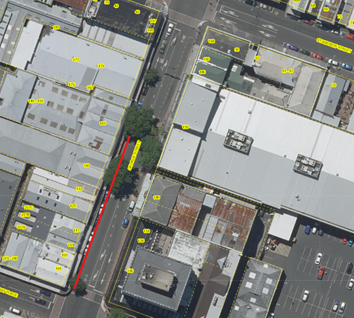
22 George
Street – Malls Block
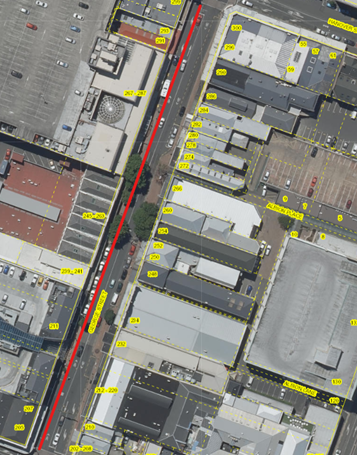
23 George
Street – New Edinburgh Way
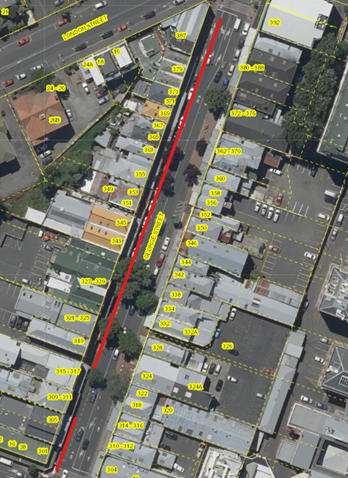
OPTIONS
24 Two options
are proposed. The recommended option (Option One) is to proceed with some or all of the proposed
changes to the GIS database, and Option Two is maintaining the status quo.
Option One – Recommended Option – Proceed with
all of the proposed changes to the GIS database
25 That
Council approves the proposed changes to the traffic and parking controls database.
Advantages
· Improves safety, efficiency, and access on the transport network by:
- enabling property
access by prohibiting obstructive parking, making existing parking
controls clearer, and providing
for access to new driveways
- providing an improved and enforceable framework
of parking restrictions
- providing appropriate
length of parking stay according to the surrounding land uses
- increasing visibility
at intersections.
· Contributes to achieving an integrated, affordable responsive,
effective and safe transport network
Disadvantages
· None
Option Two – Status Quo
26 Do nothing.
Advantages
· None
Disadvantages
· Does not improve
efficiency and access
to the transport network
· Does not improve safety
or reduce conflict
points
· Does not contribute to the Integrated Transport Strategy goals
· Creates
more work for Council resources in responding to complaints
NEXT STEPS
27 If Council
adopts the recommended changes to parking restrictions, these will be implemented
through appropriate signs and road markings and restrictions will be enforced under the Traffic and Parking Bylaw.
Signatories
|
Author:
|
Abbey Chamberlain - Transport Planner
|
|
Authoriser:
|
Jeanine Benson - Group Manager Transport
Scott MacLean - General Manager, Climate and City Growth
|
Attachments
|
|
Title
|
Page
|
|
⇩a
|
Hearings Committee
Meeting Minutes - 10 July 2024
|
287
|
|
SUMMARY OF CONSIDERATIONS
|
|
Fit with purpose of Local Government
This decision enables democratic local
decision making and action by, and on behalf of communities.
This decision promotes the social
well-being of communities in the present and for the future.
This decision promotes the environmental
well-being of communities in the present and for the future.
This decision promotes the cultural
well-being of communities in the present and for the future.
|
|
Fit with strategic framework
|
|
Contributes
|
Detracts
|
Not applicable
|
|
Social Wellbeing Strategy
|
✔
|
☐
|
☐
|
|
Economic Development Strategy
|
✔
|
☐
|
☐
|
|
Environment Strategy
|
☐
|
☐
|
✔
|
|
Arts and Culture Strategy
|
☐
|
☐
|
✔
|
|
3 Waters Strategy
|
☐
|
☐
|
✔
|
|
Future Development Strategy
|
☐
|
☐
|
✔
|
|
Integrated Transport Strategy
|
✔
|
☐
|
☐
|
|
Parks and Recreation Strategy
|
☐
|
☐
|
✔
|
|
Other strategic projects/policies/plans
|
✔
|
☐
|
☐
|
Improvements to traffic and parking
restrictions supports a safe, efficient and accessible transport network, and supports the social and economic wellbeing of Dunedin communities.
|
|
Māori Impact Statement
Mana whenua have expressed support for a
safe and efficient transport network.
|
|
Sustainability
Parking
control changes improve
efficiency and access
to the transport network, which contribute to sustainability
goals.
|
|
LTP/Annual Plan / Financial Strategy /Infrastructure
Strategy
There are no implications.
|
|
Financial considerations
Costs for implementing the proposed changes
are covered by existing budgets.
|
|
Significance
The report is considered of low
significance in terms of the Council’s Significance and Engagement Policy.
|
|
Engagement – external
Consultation for the proposed changes was managed through
the Retail Quarter Project.
|
|
Engagement - internal
There has been engagement with Transport
and Parking Services.
|
|
Risks: Legal / Health and Safety etc.
The proposed changes aim to improve
safety of vulnerable users of the transport network.
|
|
Conflict of Interest
There are no known conflicts of interest.
|
|
Community Boards
There are no implications for Community Boards.
|
|

|
Council
31 July 2024
|
LGNZ Annual General Meeting Remits
Department: Civic
EXECUTIVE SUMMARY
1 The Local Government New Zealand (LGNZ) 2022 Annual General Meeting
(AGM) is to be held on 21 - 23 August 2024 in Wellington.
2 At
that meeting, consideration will be given to eight remits that have been
submitted by local authorities. The remits have received either formal
support from councils or support from at least one zone or sector group meeting
prior to being submitted and have been screened through the LGNZ Remits
Screening Policy. The DCC delegate will vote on DCC’s behalf on
each.
3 The
purpose of this report is to decide how Council wishes to determine which (if
any) of the remits it wishes to support.
4 The
report also notes that a remit proposed by the Council regarding the rates
rebate scheme was not accepted by the Remit Screening Committee.
5 As
this is an administrative report there is no summary of considerations.
|
RECOMMENDATIONS
That the Council:
a) Delegates to the voting delegate
(the Deputy Mayor) the authority to determine the
DCC’s voting position for the remits submitted to the LGNZ AGM.
|
BACKGROUND
6 This
year, eight remits have been accepted for consideration at the LGNZ AGM.
Attachment A provides the details of each of those remits.
7 Cr
Lucas, Cr Gilbert and Cr Houlahan will attend the AGM on behalf of
Council. The Mayor is unable to attend the AGM as he is on Council
business meeting the Japanese ambassador.
DISCUSSION
8 The
Council put forward a remit regarding the rates rebate scheme for consideration
at the LGNZ AGM. While this received support from the required number of
councils, it was not accepted by the Remit Screening Committee of LGNZ as it
was similar to previous remits that were adopted at previous AGMs. LGNZ
has advised that work is being progressed on this matter. This
advice is attached as Attachment B.
9 The
DCC voting delegate attending the LGNZ AGM will have the opportunity to vote on
the remits. Council needs to determine how it wishes to vote on each
remit.
10 Previously,
the Mayor as the voting delegate has decided how they will exercise the vote.
11 Councils
speak briefly to their remits, so delegates at the AGM may be in a more
informed voting position than councillors are prior to the AGM.
12 A summary
of each of the remits to be considered at the LGNZ AGM is presented
below. Staff have included brief comments where appropriate.
13 Remits
already endorsed by Council are listed first, followed by remits that support
current DCC policy positions and finally remits where there is no current DCC
view.
REMITS ALREADY
ENDORSED
12 Remit
6 – Proactive lever to mitigate the deterioration of unoccupied buildings
That LGNZ advocate to
Government:
· For legislative
change enabling local authorities to compel building owners to remediate
unoccupied derelict buildings and sites that have deteriorated to a state where
they negatively impact the amenity of the surrounding area.
· To incentivise
repurposing vacant buildings to meet region-specific needs, for example,
accommodation conversion.
This has already been endorsed
by Council.
Proposed
by: Gisborne District
Council
Supported by: This
remit is supported by eight Councils including Dunedin City Council
REMITS THAT SUPPORT CURRENT DCC
POLICY POSITIONS OR OPERATIONAL PRACTICES
13 Remit
1- Representation reviews
That LGNZ:
· Advocate for changes
that support the provision of timely and accurate regional and sub-regional
population data to Councils for use in Council representation reviews.
Proposed by: Waikato
Regional Council
Supported by: LGNZ
Zone 2
Staff
comment: This remit aligns with the DCC’s
position and reaffirms that the provision of timely and accurate data is
essential for fair reviews. Staff recommend supporting this remit.
14 Remit
3 – Local government constituencies and wards should not be subject to
referendum
That LGNZ lobbies Central
Government to:
· Ensure that Māori
wards and constituencies are treated the same as all other wards in that they
should not be subject to a referendum. We oppose the idea that Māori
wards should be singled out and forced to suffer a public referendum.
Proposed by: Palmerston
North City Council
Supported by: LGNZ
Zone 3, Te Pae Tawhiti (Horizons Region, Māori ward and constituency
councillors)
Staff comment: The
DCC is committed to Te Taki Haruru – Māori Strategic Framework to
operationalise the Treaty of Waitangi partnership between mana whenua and
council. A referendum increases inequity for Māori representation at local
government level. The additional criterion is in direct contradiction of
Article 2 (tino rangatiratanga) and Article 3 (equal rights) of the Treaty of Waitangi.
Staff recommend supporting this remit.
REMITS
WITH NO CURRENT DCC POLICY OR OPERATIONAL POSITION
15 Remit
2 – Community Services Card
That LGNZ:
· Advocate to central
government to amend the Health Entitlement Cards Regulations 1993 so that the cardholder
can use the Community Services card as evidence for the purposes of accessing
Council Services which would otherwise rely of a form of means testing.
Proposed by: Palmerston
North City Council
Supported
by: Zone 3
16 Remit
5 – Graduated driver licensing system
That LGNZ:
· Advocate for changes to
the fee structure for driver licensing, better preparing young people for
driver license testing, and greater capacity in key locations throughout New
Zealand, in order to relieve pressure on the driver licensing system and ensure
testing can be conducted in a quick and efficient manner.
Proposed by: Ashburton
District Council
Supported by: This
is supported by six councils.
17 Remit
7 – Appropriate funding models for central government initiatives
That LGNZ:
· Proactively promote and
lobby for the development of a more equitable and appropriate funding model for
central government initiatives.
Proposed by: Northland
Regional Council
Supported by: LGNZ
Zone 1
18 Remit
8 – Goods and services tax (GST) revenue sharing with local government
That LGNZ:
· Be proactive in lobbying
central government on sharing GST revenue with local government, derived from
local government rates and service fees related to flood protection mitigation,
roading and three waters for investment in these areas.
Proposed by: Northland
Regional Council
Supported by: LGNZ
Zone 1
19 Remit
11 – Entrenchment of Māori wards and constituencies for local
government
That LGNZ:
· Proactively promote and
lobby to entrench the Māori wards and constituencies for the 64 councils
which currently have these, to require the support of a supermajority of
parliament should either parliament or councils seek their removal.
Proposed by: Northland
Regional Council
Supported by: Zone
1
OPTIONS
14 There are
two options. Council can give direction on the DCC’s voting
position for each for the remits, or not on specific remits, to the Deputy
Mayor.
Option One – Council gives direction to voting delegate
Advantages
· The
voting delegate is aware of the preference of Council.
Disadvantages
· Council
gives direction without being fully informed of the discussion that will take
place at the AGM about the remits.
Option Two – decisions on the voting position on the
remits remains with the voting delegate
Advantages
· The
voting delegate is privy to additional information and debate at the AGM.
Disadvantages
· The
voting delegate is not aware of the preference of Council regarding the remits.
NEXT STEPS
15 The DCC
delegate at the LGNZ AGM will vote on the remits in accordance with the
decisions made.
Signatories
|
Author:
|
Clare Sullivan - Manager Governance
|
|
Authoriser:
|
Sandy Graham - Chief Executive Officer
|
Attachments
|
|
Title
|
Page
|
|
⇩a
|
LGNZ AGM Remits
|
294
|
|
⇩b
|
Email from LGNZ
|
344
|
|

|
Council
31 July 2024
|

|

|
Council
31 July 2024
|
Amendment to Standing Orders - Quorum
Department: Civic
EXECUTIVE SUMMARY
1 The
Local Government Act 2002 (the Act) has been amended to allow members attending
a meeting via audio-visual link, to be counted as part of the quorum of
meetings of a local authority.
2 This
report recommends that changes are made to three of Council’s Standing
Orders, to align the quorum provisions with the changes made to the Act.
As this is an administrative report there are no options or Summary of
Considerations.
RECOMMENDATIONS
That the Council:
a) Approves amendments to
Standing Orders 10.1, 12.8 and 12.9 as provided for in Attachment
A.
b) Notes that this
decision requires a vote of not less than 75 percent of members present.
Discussion
3 During
the period of COVID restrictions, legislation was enacted to provide temporary
arrangements to allow members attending a meeting via audio-visual link to be
counted as part of the quorum. These provisions were extended following
natural disasters, Cyclones Gabrielle and Hale.
4 This
temporary arrangement has now become permanent, through an amendment to the
Act. A link to this amendment can be found at Local
Government Electoral Legislation Act 2023 No 57, Public Act 49 Schedule 7
amended – New Zealand Legislation.
5 To
align the Council’s Standing Orders with the Act, changes to three
Standing Orders, 10.1 – Quorum, 12.8 – Member’s status:
quorum, and 12.9 – Member' are recommended as shown in Attachment
A.
6 While
the recommended amendments are a simple update to reflect changes in
legislation, technically, any amendment to the Standing Orders requires a vote
of not less than 75% of the members present.
NEXT STEPS
7 If
agreed, the Standing Orders will be updated accordingly.
Signatories
|
Author:
|
Clare Sullivan - Manager Governance
|
|
Authoriser:
|
Sandy Graham - Chief Executive Officer
|
Attachments
|
|
Title
|
Page
|
|
⇩a
|
Recommended changes to
Standing Orders
|
347
|
|

|
Council
31 July 2024
|
Hearings Committee Delegation Change
Department: Civic
EXECUTIVE SUMMARY
1 The
current Committee Structure and Delegations Manual includes a series of
delegations to the Hearings Committee regarding a number of pieces of
legislation.
2 This
report seeks a change to the delegations under section 198 of the Local
Government Act 2002 regarding development contributions, to remove the upper
financial limit.
RECOMMENDATIONS
That the Council:
a) Amends clause 20 of
the Hearings Committee delegation to remove the upper limit.
b) Updates the Committee Structure and Delegations
Manual 2019 to reflect this change.
DISCUSSION
3 The
current Hearings Committee delegation relating to requests for remission of
Development Contributions provides that the Hearings Committee can hear and
consider any requests up to $100,000. This means that the full Council is
the only body that has the delegation to hear and consider any requests for
remission over $100,000. This has not been proven to be an issue in
recent times, but with increasing growth and new development, applications are
now being received that are above the $100,00 threshold.
4 Historically,
the committee structure included a Development Contributions
Subcommittee. That subcommittee had the delegation to hear and recommend
on any matters over $100,000. This subcommittee was disestablished prior
to the 2016 triennium.
5 Following
discussion with the Chairperson of the Hearings Committee, it is recommended
that the Hearings Committee delegation be amended to remove the upper limit
from clause 20 of Delegation. The new delegation will read as
“To
consider and determine applications for remissions of a development
contribution for an unusual development where the contribution is greater than
$10,000.”
6 As
this is an administrative report, no Options or Summary of Considerations have
been completed.
NEXT STEPS
7 If
approved, the Committee Structure and Delegations Manual will be updated and
republished electronically and in paper form.
8 Councillors
will be provided with an updated copy of the Manual, if required.
Signatories
|
Author:
|
Clare Sullivan - Manager Governance
|
|
Authoriser:
|
Sandy Graham - Chief Executive Officer
|
Attachments
There are no attachments for
this report.
|

|
Council
31 July 2024
|
Grants Review - Terms of Reference
Department: Civic
EXECUTIVE SUMMARY
1 This
report seeks approval of a draft Terms of Reference for the continuation of the
grants review that commenced in 2023. The draft Terms of Reference is at
Attachment A.
RECOMMENDATIONS
That the Council:
a) Approves, with or
without amendment, the draft Terms of Reference for the Grants Review.
b) Notes that updates on
the review will be as required to either the Community Services Committee or
Council.
BACKGROUND
2 In
2023, a request was made by Council to undertake a review of grants, to support
the preparation of the 10 year plan 2024-34. A Grants Workstream was
established to undertake the review.
3 In
September 2023, a report was presented to Council that provided an overview of
the DCC grant categories, budgets, and expenditure. The report identified
the need for more work to be undertaken, to look at and understand grants from
an across all of Council perspective. It also noted that the DCC’s
Grants Management Policy was due to be reviewed in 2024.
4 At
its meeting on 27 February 2024, Council decided to proceed with an Annual Plan
2024/25, followed by a 9 year plan 2025-34 (9 year plan).
5 A
report was presented to the 12 March 2024 Council meeting, providing an update
of the work completed by the Grants Workstream. The report noted that the
next steps included the need to define the grant review process to complete the
review.
DISCUSSION
6 The
process for developing the 9 year plan is detailed in the report “9 year
plan 2025-34 Process” that is on the agenda. The process includes
six operational groups, one being the Grants Review.
7 A
draft Terms of Reference has been developed that sets out the purpose of the
review and the work that now needs to be undertaken to complete the
review.
8 The
Terms of Reference sets out key completion dates for specific pieces of work as
follows:
· Early engagement
completed by October 2024.
· Recommendations
from the review of existing grants and their alignment with agreed outcomes by
December 2024.
· Update of the
Grants Management Policy by June 2025.
· Structure and
membership of the Grants Subcommittee by June 2025 – to inform decision
making on a committee structure following the 2025 Local Government elections.
9 The
draft Terms of Reference provides for the review to be undertaken by the
elected members of the Grants Subcommittee, being Cr Laufiso (Chair of the
Grants Review), Deputy Mayor Lucas, Cr Acklin, Cr Barker, Cr Mayhem and Cr
Whiley, supported by three staff members.
OPTIONS
10 Council may
wish to amend the draft Terms of Reference for the Grants Review.
NEXT STEPS
11 Updates on
the review, and requests for decisions to be made, will be presented to the
Community Services Committee or Council as required.
Signatories
|
Author:
|
Sharon Bodeker - Special Projects Manager
|
|
Authoriser:
|
Sandy Graham - Chief Executive Officer
|
Attachments
|
|
Title
|
Page
|
|
⇩a
|
Draft Terms of
Reference for the Grants Review
|
355
|
|
SUMMARY OF CONSIDERATIONS
|
|
Fit with purpose of Local Government
This decision enables democratic local
decision making and action by, and on behalf of communities, and promotes the
social, economic, environmental and cultural well-being of communities in the
present and for the future.
|
|
Fit with strategic framework
|
|
Contributes
|
Detracts
|
Not applicable
|
|
Social Wellbeing Strategy
|
✔
|
☐
|
☐
|
|
Economic Development Strategy
|
✔
|
☐
|
☐
|
|
Environment Strategy
|
✔
|
☐
|
☐
|
|
Arts and Culture Strategy
|
✔
|
☐
|
☐
|
|
3 Waters Strategy
|
☐
|
☐
|
✔
|
|
Future Development Strategy
|
☐
|
☐
|
✔
|
|
Integrated Transport Strategy
|
☐
|
☐
|
✔
|
|
Parks and Recreation Strategy
|
✔
|
☐
|
☐
|
|
Other strategic projects/policies/plans
|
✔
|
☐
|
☐
|
The Grants Review contributes to many of the objectives
and priorities of the DCC’s strategies.
|
|
Māori Impact Statement
The distribution of DCC grants has been used to support
and give effect to the Council’s commitment to Māori and to its
obligations under the Treaty of Waitangi. The adoption of Te Taki Haruru
outlines the DCC’s commitment to mana whenua. Te Taki Haruru will guide
the grants review including assessing the potential impacts that grants can
have for Māori. During the Grants Management Policy Review, consultation
with mana whenua and and mātā waka will take place.
|
|
Sustainability
DCC grants have been used to support and give effect to
the Council’s commitment to sustainability.
|
|
LTP/Annual Plan / Financial Strategy /Infrastructure
Strategy
The Grants Review will inform budget decisions for the 9
year plan.
|
|
Financial considerations
The Grants Review will inform budget decisions for the 9
year plan.
|
|
Significance
The decision on the Terms of Reference is considered of
low significance in terms of the Council’s Significance and Engagement
Policy.
|
|
Engagement – external
The Grants Review will include pre-engagement with the
wider community and will form part of the consultation during the 9 year
plan..
|
|
Engagement - internal
The Grants Review will include engagement with staff from
across council.
|
|
Risks: Legal / Health and Safety etc.
There may be legal and reputational risk if changes to
grants are not delivered or managed well. The Grants Review Work Programme
will actively manage these risks by ensuring appropriate consultation is
undertaken, and that any recommendations for change align with
Council’s strategic outcomes.
|
|
Conflict of Interest
There are no known conflicts of interest.
|
|
Community Boards
Community Boards will be engaged with as part of the
Grants Review and will be interested as the Board’s discretionary funds
fall under the category of “Discretionary Grants” and are
captured by the Terms of Reference for the review.
|
|

|
Council
31 July 2024
|
Grants Subcommittee - External Representatives
Department: Civic
EXECUTIVE SUMMARY
1 The
Grants Subcommittee has both elected representatives and non-Council appointed
members.
2 The
term for non-Council appointed members expired on 30 June 2024. A review
of Council grants is being undertaken. It was intended that this review
would be completed in time for the 10 year plan 2024-34 with approved changes
to commence on 1 July 2024.
3 The
Council is now undertaking a nine-year plan and the Grants review will align
with this timeframe.
4 This
report asks Council to extend the term of the non-Council representatives
through to 30 November 2024.
5 As
this is an administrative report, there are no options or summary of
considerations.
RECOMMENDATIONS
That the Council:
a) Extends the term of
the non-Council representatives to 30 November 2024 noting that the term will
be reviewed in line with the grants review.
DISCUSSION
6 The Grants Subcommittee is responsible for allocating funds to community organisations under various
funding schemes coordinated by Council. These schemes are either Council funded
and/or funded by other
organisations in accordance with
their set criteria.
7 Council
has more than 15 grant funding pools within its Community Events and Creative
Partnership activities, and grant funding is available through other Council
activity groups. Given the size and complexity of Council grants, a
stocktake and review is underway, with a view to consolidating and simplifying
grant pools and processes.
8 At
its meeting on 27 March 2023, Council extended the term of the appointed
non-Council representatives to the Grants Subcommittee to 30 June 2024. The
non-Council representative appointments were:
· Anna
Parker and Jonathan Usher (Community Representatives)
· Hannah
Molloy (Arts Representative)
· Currently
vacant (Community Events Representative)
· Alister
Robinson (Major Community and Premier Events Representative)
· Peter
Hayden and Don Hunter (Creative NZ Representatives)
9 The
Committee Structure and Delegations Manual also provided for the appointment of
a mana whenua representative, with rūnaka selecting the
representative. The mana whenua representative is Adam Keane.
10 The
Council is now conducting a nine year-plan 2025-34. To allow time to complete
the grants review it is recommended that the current non-Council
representatives have the term of their appointments extended to 30 November
2024.
11 The
non-Council representatives have indicated their willingness for their terms to
be extended.
NEXT STEPS
12 The
non-Council representatives will be advised of the decision made at this
meeting and be invited to remain on the subcommittee until 30 November
2024.
13 If any non-Council
representatives decide not to remain on the subcommittee, a process for
replacing those members will be undertaken.
Signatories
|
Author:
|
Clare Sullivan - Manager Governance
|
|
Authoriser:
|
Sandy Graham - Chief Executive Officer
|
Attachments
There are no attachments for
this report.
|

|
Council
31 July 2024
|
Proposed Event Road Closures - August 2024
Department: Transport
EXECUTIVE SUMMARY
1 The
DCC has received temporary road closure applications relating to the following
events:
a) Graduation
Parade
b) Special
Rigs for Special Kids
2 This
report recommends that Council approves the temporary closure of the affected
roads.
RECOMMENDATIONS
That the Council:
a) Resolves to close the
roads detailed below (pursuant to Section 319, Section 342, and Schedule 10
clause 11(e) of the Local Government Act 1974 (LGA 1974)):
i) Graduation
Parade
|
Saturday 17 August 2024
|
11.00am to 11.30am
|
· Great King Street, from Frederick Street to Albany
Street
(Parade departs from Great King Street
at 11.30am)
|
|
11.10am to 11.45am (approx.)
|
· Frederick Street, from Great King Street to George
Street
· George Street, from Frederick Street to Moray Place
|
|
11.10am to 12.30pm
|
· Moray Place, from George Street to Upper Stuart
Street
· Filleul Street, from Moray Place to St Andrew Street
|
ii) Special Rigs for Special Kids
|
Sunday 25 August
2024
|
6.00am to 6.00pm
|
· Midland Street, from Timaru Street to Portsmouth
Drive
· Otaki Street, from Midland Street to Teviot Street
|
|
From approx. 11.00am
for 20 minutes
|
· Teviot Street, from Portsmouth Drive to Timaru
Street, to allow the convoy to leave
|
BACKGROUND
3 Council’s
Dunedin Festival and Events Plan supports the goal of a successful city with a
diverse, innovative, and productive economy and a hub for skill and
talent.
4 The
areas proposed to be used for these events are legal roads and can therefore be
temporarily closed to normal traffic if statutory temporary road closure
procedures are followed. The procedures are set out in Section 319 of the LGA
1974 and give Council the power to stop or close any road (or part of a road)
within the parameters of Section 342 and Schedule 10 of the LGA 1974 (Schedule
10 is included as Attachment A).
5 These
procedures include:
· Consultation
with the New Zealand Transport Authority Waka Kotahi and the Police.
· Public
notice being given of the proposal to close any road (or part of a road), and public
notice of a decision to close the road.
· Council
being satisfied that traffic is not likely to be unreasonably impeded.
6 A
resolution of Council is required where a proposal to temporarily close a road
relates to public functions.
7 Council
is required to give public notice of its decision. This notice will be
published after this meeting and prior to the event, if approved.
DISCUSSION
Consultation and Notification
8 The
Police and the New Zealand Transport Authority Waka Kotahi have no objections
to the proposed road closures.
9 On
Saturday 22 June 2024, the proposed temporary road closures were advertised in
the Otago Daily Times (Attachment B) with a deadline for feedback.
10 The event
organisers contacted those considered affected prior to submitting their
application, and no objections were received.
11 Schedule
10 clause 11(e) states a road cannot be closed more than 31 days in the
aggregate in any one year. This limit will not be exceeded by the
approval of the proposed temporary road closures.
Traffic Impacts
12 The event
locations of these events have had identical road closures for the same, or
similar event(s) in prior years without causing unreasonable delays to the
travelling public.
13 Emergency
services and public transport services will be managed through the temporary
traffic management process.
14 The
Temporary Traffic Management Plan process ensures that other issues such as
temporary relocation of certain parking (e.g. taxi, mobility and Authorised
Vehicles Only) are managed.
OPTIONS
15 Note any
amendment to this report’s recommendations cannot be implemented without
further consultation with the affected parties, New Zealand Transport Agency Waka
Kotahi, the Police, and verifying that traffic impacts are acceptable.
Option One – Recommended Option
16 That the Council
closes the sections of road as recommended in this report.
Advantages
· Roads
can be closed, and the event will be able to proceed.
· The
closures will assist in realising the economic, social, and cultural benefits
associated with the events.
Disadvantages
· There
will be temporary loss of vehicular access through the closed areas. However,
there are detours available, and safety can be assured using temporary traffic
management.
Option Two – Status Quo
17 That the
Council decides not to close the roads in question.
Advantages
· There
would be no detour required for the travelling public, and the roads would be
able to be used as normal.
Disadvantages
· The
events would not be able to go ahead, and the benefits of the events would be
lost.
NEXT STEPS
18 Should the
resolution be made to temporarily close the roads, Council staff will accept
the temporary traffic management plans that have been received for the events
and notify the public of the closures.
Signatories
|
Authoriser:
|
Jeanine Benson - Group Manager Transport
Scott MacLean - General Manager, Climate and City Growth
|
Attachments
|
|
Title
|
Page
|
|
⇩a
|
Local Government Act
1974, Schedule 10
|
365
|
|
⇩b
|
ODT Advert - 22 June
2024
|
370
|
|
SUMMARY
OF CONSIDERATIONS
|
|
Fit with purpose of Local
Government
This decision
promotes the social well-being of communities in the present and for the
future.
|
|
Fit with strategic
framework
|
|
Contributes
|
Detracts
|
Not applicable
|
|
Social Wellbeing Strategy
|
✔
|
☐
|
☐
|
|
Economic Development
Strategy
|
✔
|
☐
|
☐
|
|
Environment Strategy
|
☐
|
☐
|
✔
|
|
Arts and Culture Strategy
|
✔
|
☐
|
☐
|
|
3 Waters Strategy
|
☐
|
☐
|
✔
|
|
Spatial Plan
|
☐
|
☐
|
✔
|
|
Integrated Transport
Strategy
|
☐
|
☐
|
✔
|
|
Parks and Recreation
Strategy
|
☐
|
☐
|
✔
|
|
Other strategic
projects/policies/plans
|
✔
|
☐
|
☐
|
Events contribute to the
Strategic Framework. Events contribute to the Economic Development Strategy,
the Social Wellbeing Strategy. There is a Festival and Events Plan 2018-2023.
|
|
Māori Impact
Statement
Mana whenua have not been
directly engaged with in relation to these road closures.
|
|
Sustainability
There are no implications
for sustainability.
|
|
LTP/Annual Plan / Financial
Strategy /Infrastructure Strategy
There are no implications,
as the decision is a regulatory one and there are no direct costs to Council.
|
|
Financial considerations
There are no financial
implications. The cost of the proposed road closure is not a cost to
Council.
|
|
Significance
This decision is considered
low in terms of the Council’s Significance and Engagement Policy.
|
|
Engagement –
external
There has been external
engagement (as required by the LGA 1974), with the Police and New Zealand
Transport Agency Waka Kotahi. Affected parties were notified and provided a
time period for feedback.
|
|
Engagement - internal
There has been engagement
with DCC Events and Transport. There is support for the events to
proceed.
|
|
Risks: Legal / Health and Safety
etc.
There are no identified
risks should the recommended resolution be made.
|
|
Conflict of Interest
There are no known
conflicts of interest.
|
|
Community Boards
There are no implications
for Community Boards.
|
|

|
Council
31 July 2024
|
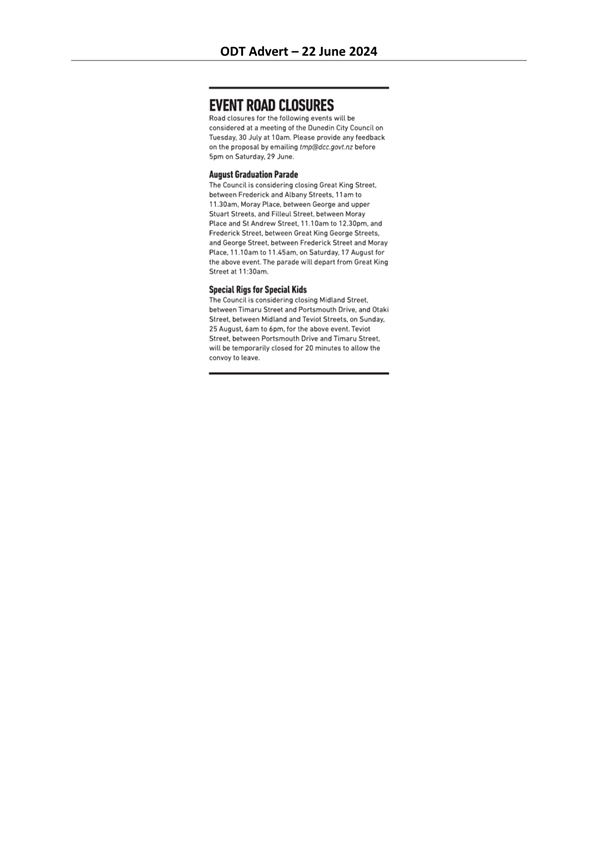
|

|
Council
31 July 2024
|
Code of Conduct - Cr Vandervis
Department: Civic
EXECUTIVE SUMMARY
1 A
Code of Conduct complaint was laid in accordance with the process set out in
the Dunedin City Council Code of Conduct (Code of Conduct) following the
receipt by the Chief Executive of a complaint from Cr Laufiso against Cr
Vandervis. This report presents the Code of Conduct investigation to the
Council for consideration.
2 The
Code of Conduct, approved in 2016 but remaining in force until replaced by this
Council, sets out the process to be followed on receipt of a complaint being
made, including an independent investigation and referral of that investigation
to Council. This process has been followed, and the Council must now
decide on its response.
3 As
this is an administrative report, there are no options or Summary of
Considerations.
RECOMMENDATIONS
That the Council:
a) Considers the findings
of the investigation of the Independent Investigator, Mr Jordan Boyle into the
Code of Conduct complaint made by Cr Marie Laufiso in respect of Cr Lee Vandervis.
b) Notes that Cr Vandervis has
declined the opportunity to address the Council.
c) Decides whether a
material breach of the Code of Conduct has occurred, and if so, which, if any,
of the sanctions set out in the DCC Code of Conduct should be imposed on Cr
Vandervis.
THE PROCESS UNDERTAKEN
4 On
6 November 2023, the Chief Executive received a complaint from Cr Laufiso
concerning Cr Vandervis. (Attachment A). The complaint was an allegation
of conduct by Cr Vandervis that demonstrates contempt for Te Pae Māori
specifically and both mana whenua (sometimes defined as customary authority
exercised by an iwi or hapu in an identified area) and Matāwaka generally.
5 The
alleged conduct relates to statements made by Cr Vandervis in Council meetings,
in correspondence to other parties at the Council and to the Director of the
Dunedin Public Art Gallery, Toitū Otago Settlers Museum Lan Yuan and
Olveston.
6 Clauses
12 and 13, and Appendix B of the Code of Conduct, adopted 25 October 2016, sets
out the process to be followed when complaints are laid. The following
process was undertaken in accordance with the Code of Conduct:
· An
independent investigator, Mr Jordan Boyle, was appointed by the Chief Executive
from the approved List of Independent Investigators, to complete a preliminary
report, to determine whether the issue was sufficiently serious to warrant a
full investigation. A copy of the list of investigators is at Attachment
B.
· The
complainant was advised that their allegations had been referred to independent
investigator for investigation.
· On
19 December 2023 Cr Vandervis was advised in an email from staff, on behalf of
the Chief Executive of the allegations received, and that a Code of Conduct
complaint had been made, referred to an independent investigator, the name of
the investigator, and the process for dealing with complaints.
· Mr
Boyle carried out a preliminary investigation and in January 2024, provided a
Preliminary Report to the Chief Executive. advised the Chief Executive
that the complaint concerning Cr Vandervis was sufficiently serious to warrant
a full investigation.
· A
final investigator’s report, at Attachment C, was sent to the Chief
Executive on 21 June 2024.
DISCUSSION
7 Clause
5.3 of the Code of Conduct sets out the expectations of elected members, and
their relationship with the public. Appendix B of the Code of Conduct set
out the process for the Council to consider the investigator’s
report. A copy of Appendix B is at Attachment C.
8 Cr
Laufiso is not able to participate in the decision making and is required to
leave the meeting.
9 Before
making any decision in respect of the investigator’s report, the Code of
Conduct requires that the Council gives Cr Vandervis an opportunity to appear
and speak in his own defence. In this instance, Cr Vandervis has decided that
he does not want to appear or speak in relation to the matter as per the email
correspondence with the Chief Executive (Attachment F). He will not be present
at the meeting.
10 Councillors
must read the report attached. The Council must then consider the
investigator’s report and rule on the complaints, by determining whether
there has been a breach of the Code of Conduct and determine the nature of any
penalty or action (if any), depending on the seriousness of the breach.
The nature of any penalty or actions are set out in section 13.1 of the Code of
Conduct. Clause 13.1 also sets out actions a respondent (the member) may
agree to do that could enable a Council to not impose any penalty. A copy
of Clause 13.1 is at Attachment E.
11 Please note
that staff will be able to provide any process advice at the meeting but are
not able to provide any advice or comments on the findings of the independent
investigator.
NEXT STEPS
12 Cr
Vandervis will be advised of the decisions made by Council.
Signatories
|
Author:
|
Clare Sullivan - Manager Governance
|
|
Authoriser:
|
Sandy Graham - Chief Executive Officer
|
Attachments
|
|
Title
|
Page
|
|
⇩a
|
Cr Laufiso Formal DCC
Code of Conduct complaint against Cr Lee Vandervis 061123
|
374
|
|
⇩b
|
List of Independent
Investigators
|
377
|
|
⇩c
|
Final Investigations
Report - Cr Vandervis
|
378
|
|
⇩d
|
Appendix B of the Code
of Conduct
|
393
|
|
⇩e
|
Clause 13.1 from the
Code of Conduct
|
396
|
|
⇩f
|
Email response from Cr
Vandervis to not attend meeting
|
397
|
|

|
Council
31 July 2024
|
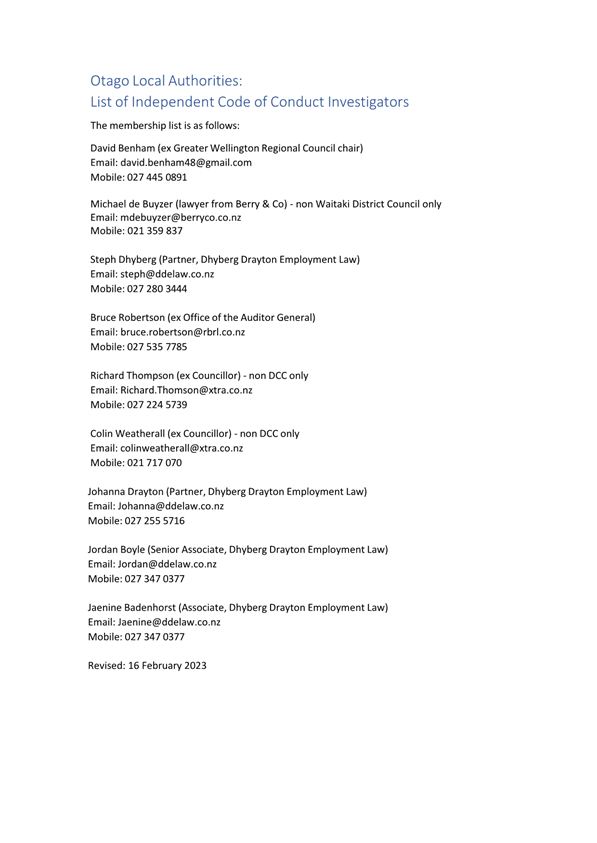
|

|
Council
31 July 2024
|
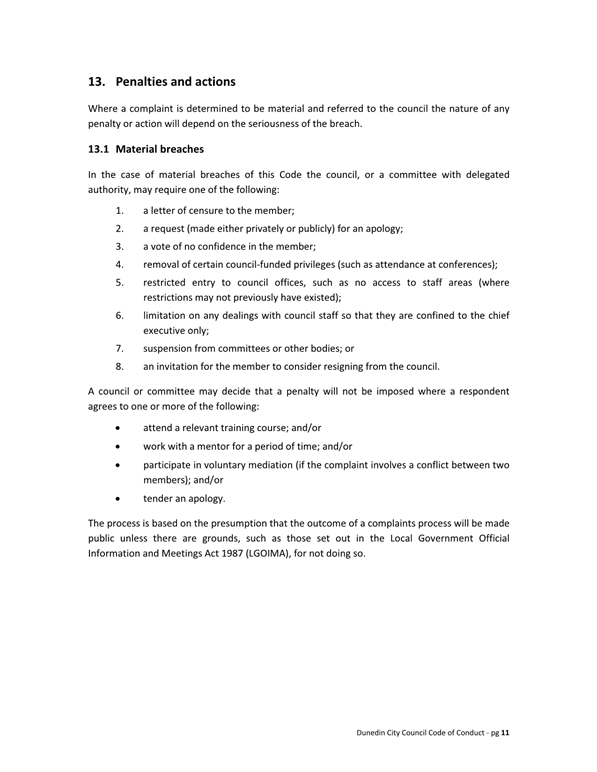
|

|
Council
31 July 2024
|
Resolution to Exclude the
Public
That the Council excludes
the public from the following part of the proceedings of this meeting (pursuant
to the provisions of the Local Government Official Information and Meetings Act
1987) namely:
|
General subject of the matter to be considered
|
Reasons
for passing this resolution in relation to each matter
|
Ground(s) under
section 48(1) for the passing of this resolution
|
Reason for
Confidentiality
|
|
C1
Confirmation of the Confidential Minutes of Ordinary Council meeting -
30 April 2024 - Public Excluded
|
S7(2)(a)
The
withholding of the information is necessary to protect the privacy of natural
persons, including that of a deceased person.
S7(2)(g)
The
withholding of the information is necessary to maintain legal professional
privilege.
S7(2)(h)
The
withholding of the information is necessary to enable the local authority to
carry out, without prejudice or disadvantage, commercial activities.
S7(2)(i)
The
withholding of the information is necessary to enable the local authority to
carry on, without prejudice or disadvantage, negotiations (including
commercial and industrial negotiations).
|
.
|
|
|
C2
Confidential Council Actions from Resolutions at Council Meetings
|
S7(2)(a)
The
withholding of the information is necessary to protect the privacy of natural
persons, including that of a deceased person.
S7(2)(g)
The
withholding of the information is necessary to maintain legal professional
privilege.
S7(2)(h)
The
withholding of the information is necessary to enable the local authority to
carry out, without prejudice or disadvantage, commercial activities.
S7(2)(i)
The
withholding of the information is necessary to enable the local authority to
carry on, without prejudice or disadvantage, negotiations (including
commercial and industrial negotiations).
|
S48(1)(a)
The public conduct of
the part of the meeting would be likely to result in the disclosure of
information for which good reason for withholding exists under section 7.
|
|
|
C3
Confidential Council Forward Work Programme - July 2024
|
S7(2)(h)
The
withholding of the information is necessary to enable the local authority to
carry out, without prejudice or disadvantage, commercial activities.
|
S48(1)(a)
The public conduct of
the part of the meeting would be likely to result in the disclosure of
information for which good reason for withholding exists under section 7.
|
|
|
C4
Dunedin City Holdings Group - Director Appointment and Re-appointment
|
S7(2)(a)
The
withholding of the information is necessary to protect the privacy of natural
persons, including that of a deceased person.
|
S48(1)(a)
The public conduct of the
part of the meeting would be likely to result in the disclosure of
information for which good reason for withholding exists under section 7.
|
|
This resolution is made in
reliance on Section 48(1)(a) of the Local Government Official Information and
Meetings Act 1987, and the particular interest or interests protected by
Section 6 or Section 7 of that Act, or Section 6 or Section 7 or Section 9 of
the Official Information Act 1982, as the case may require, which would be
prejudiced by the holding of the whole or the relevant part of the proceedings
of the meeting in public are as shown above after each item.













 y
y






















































